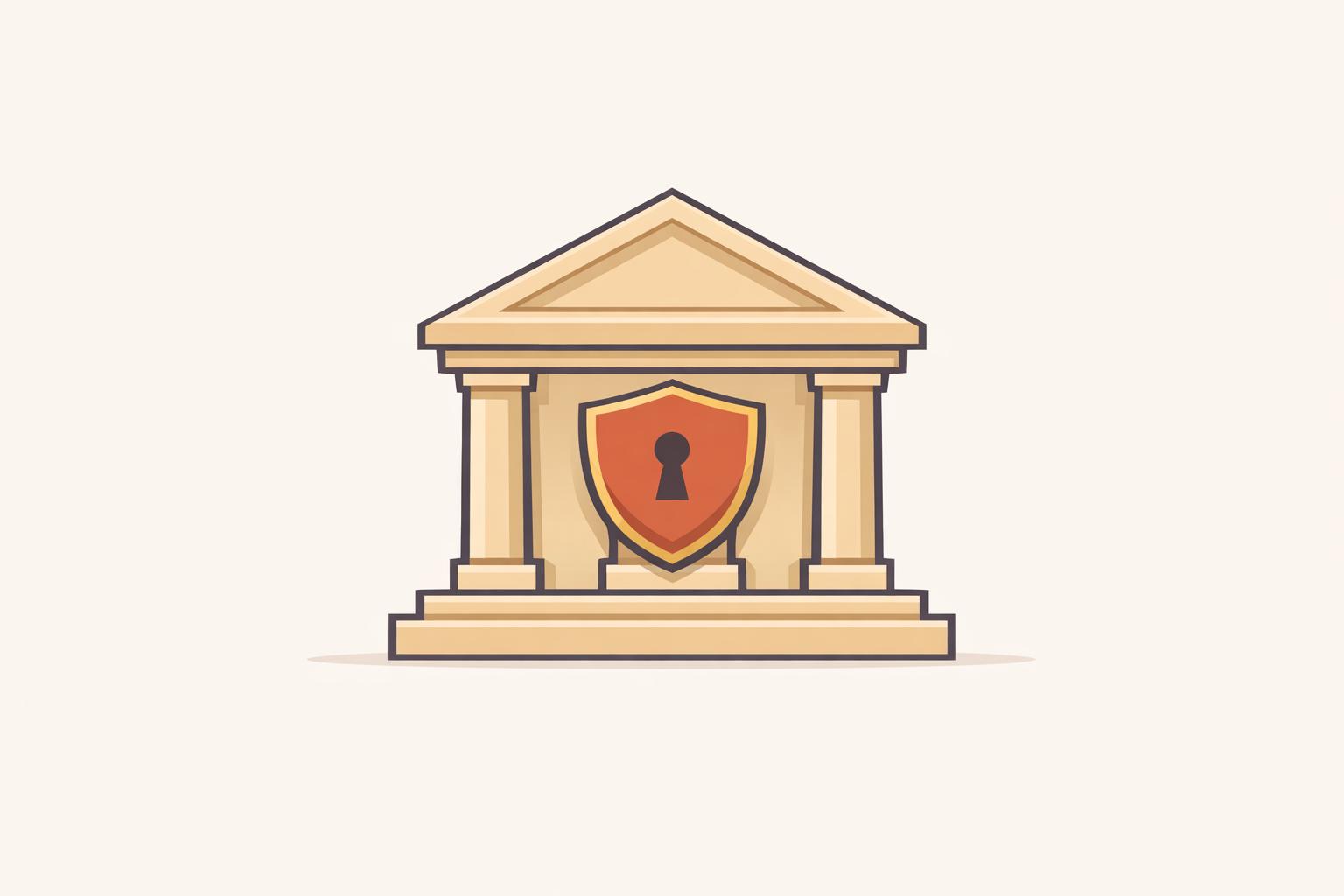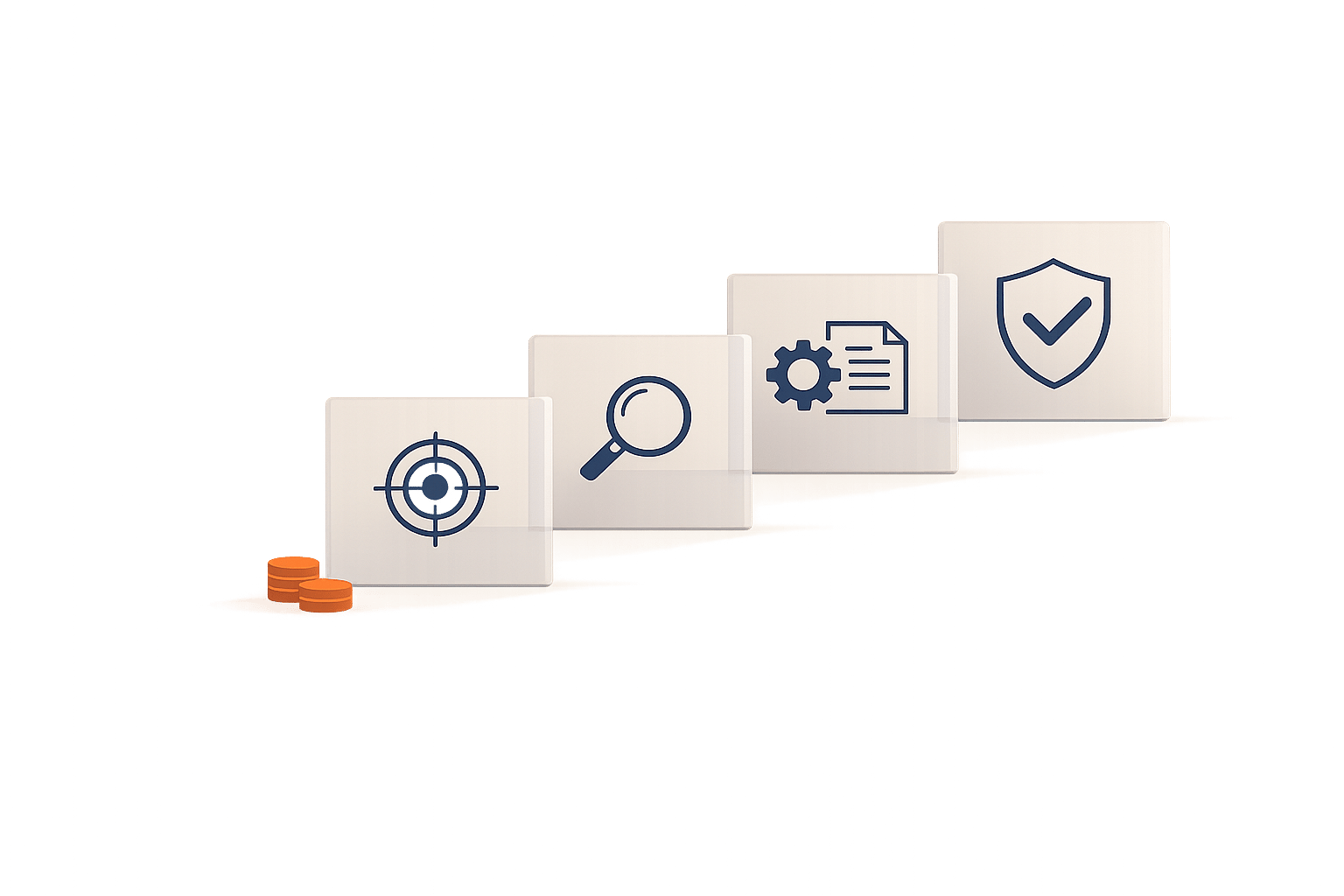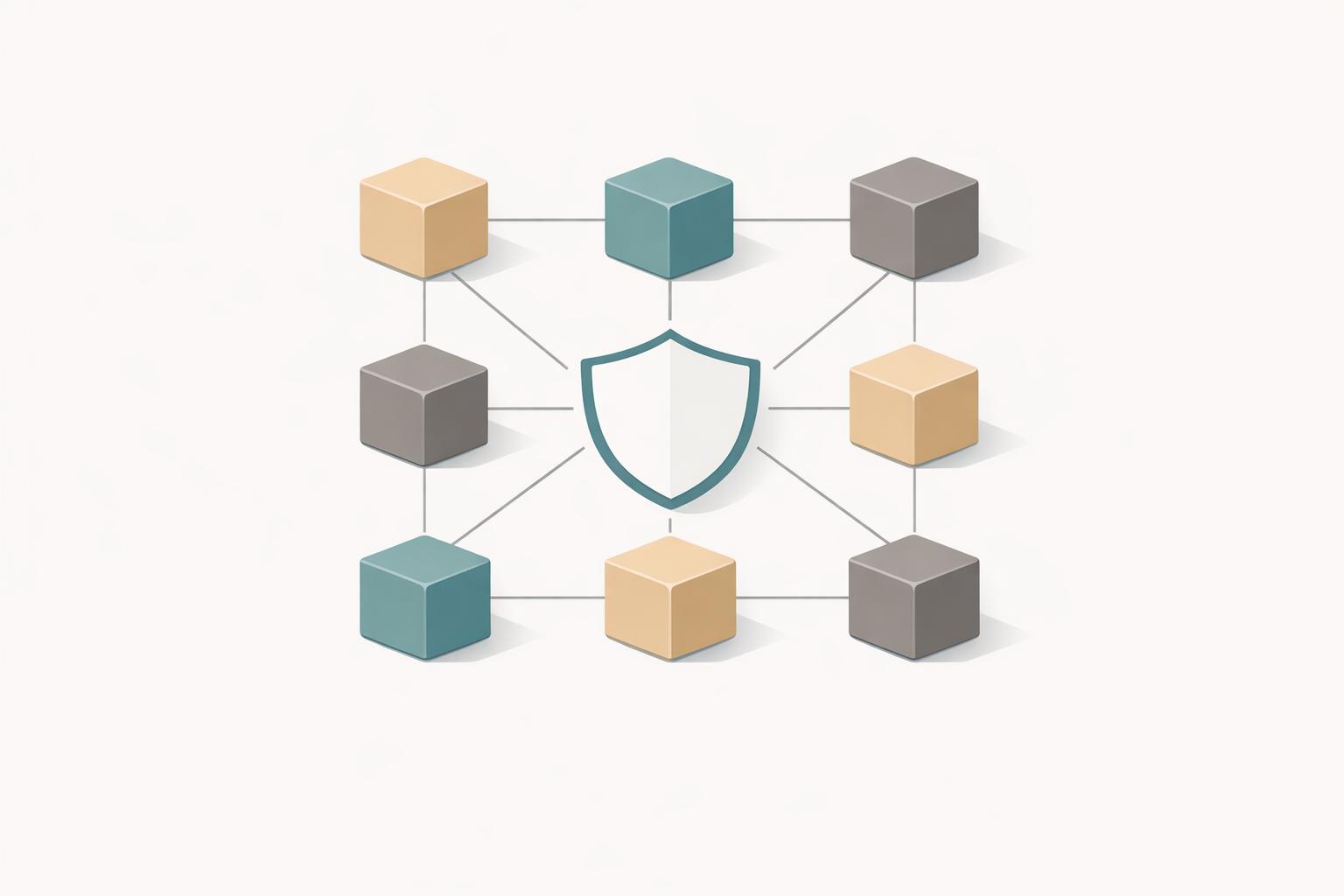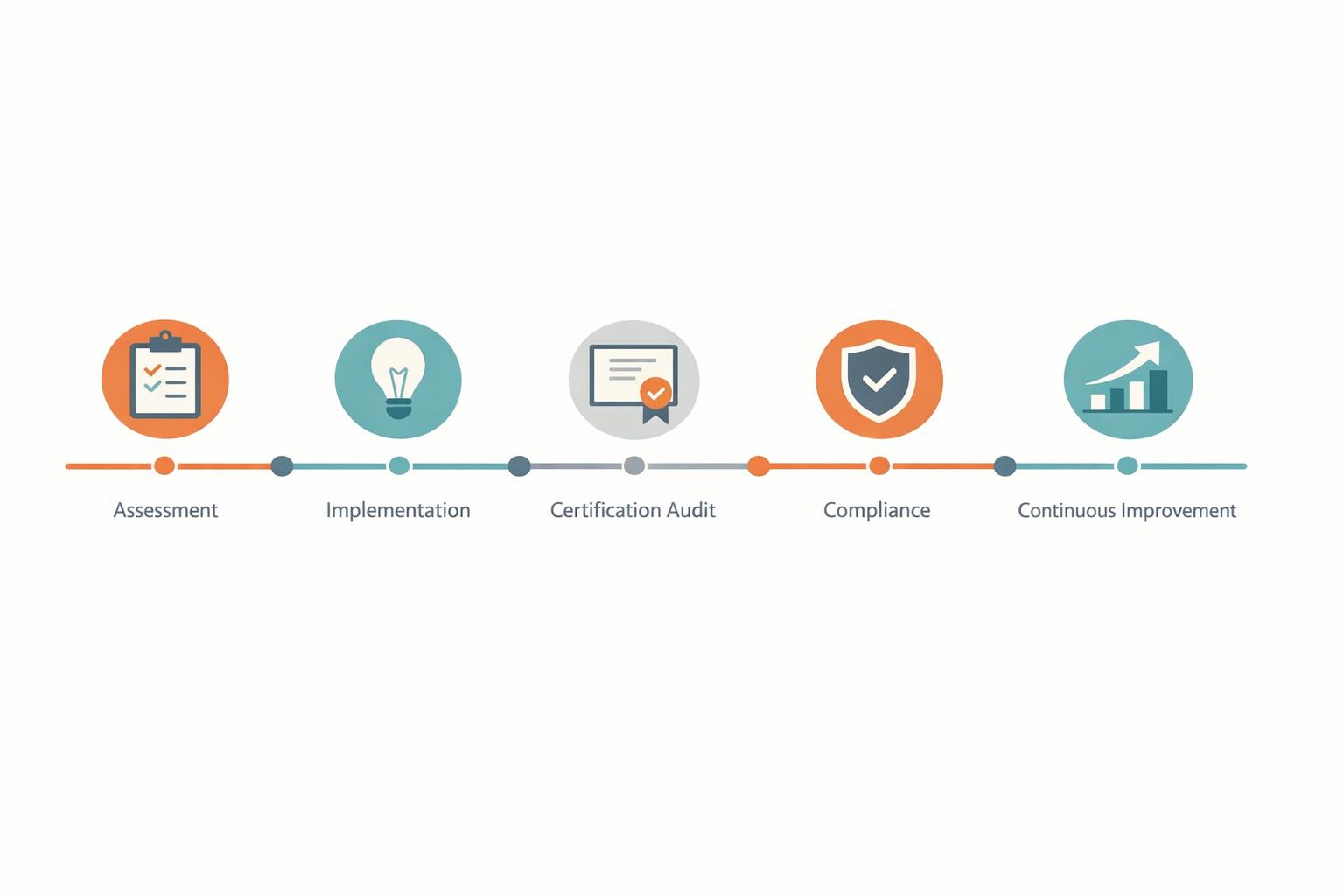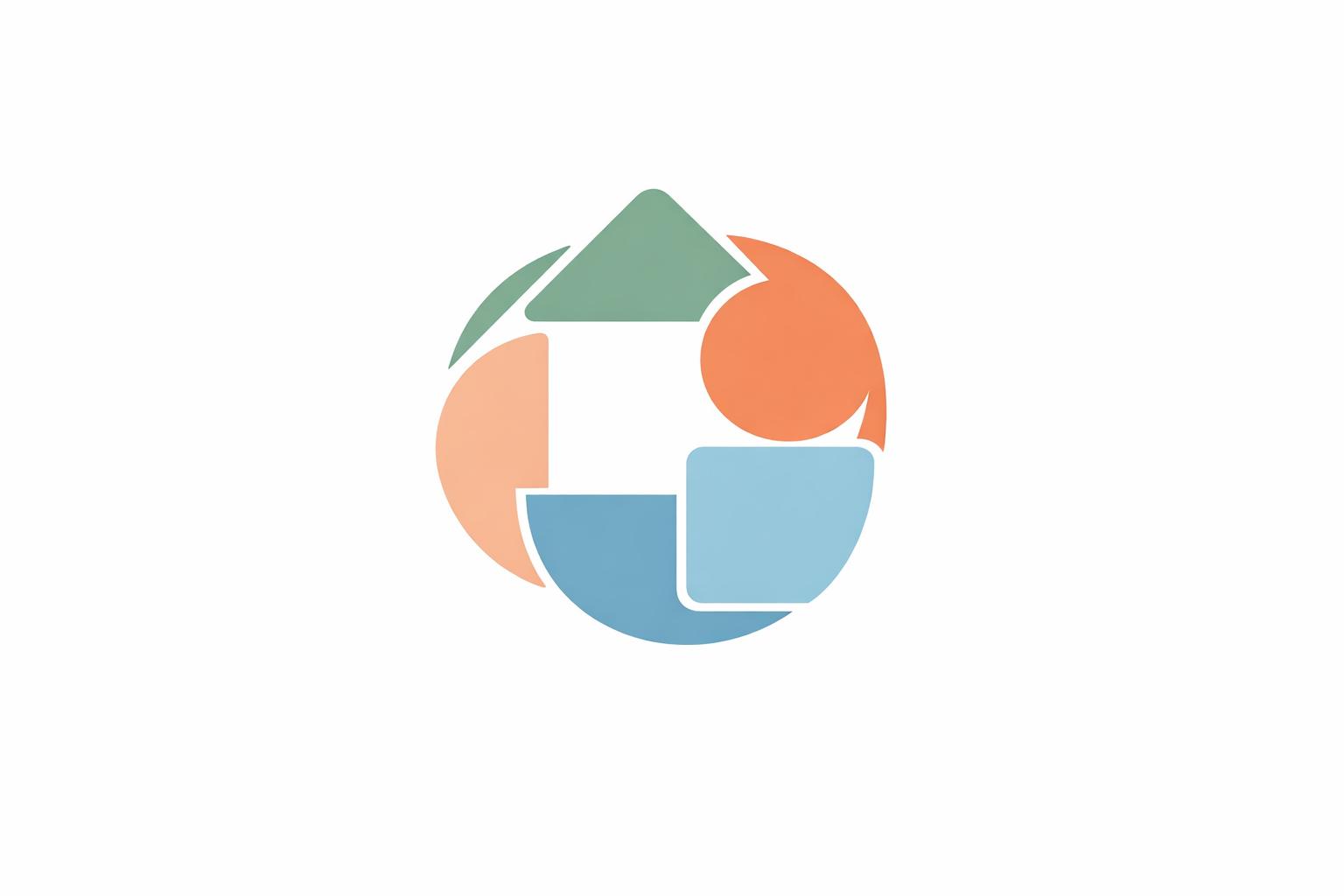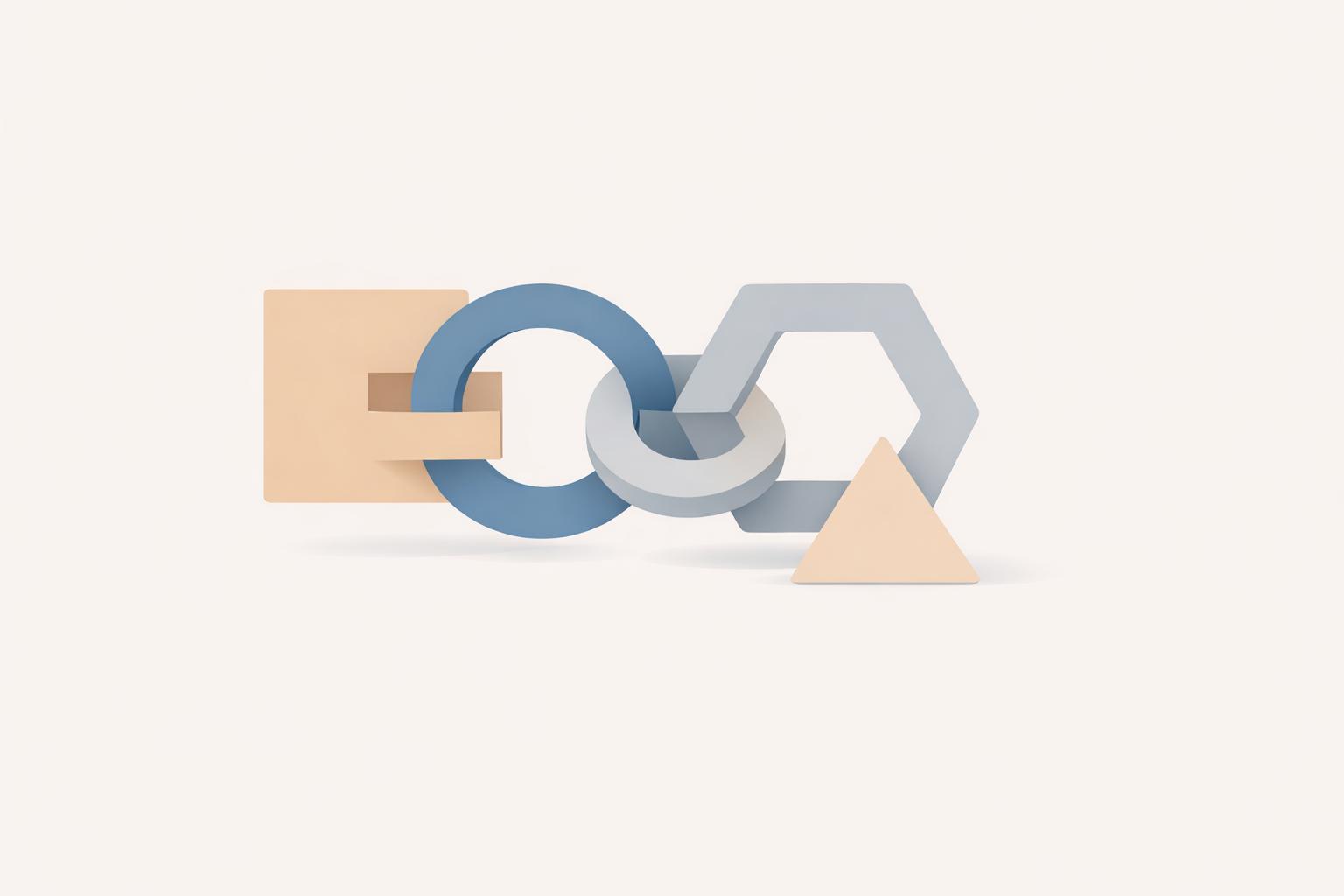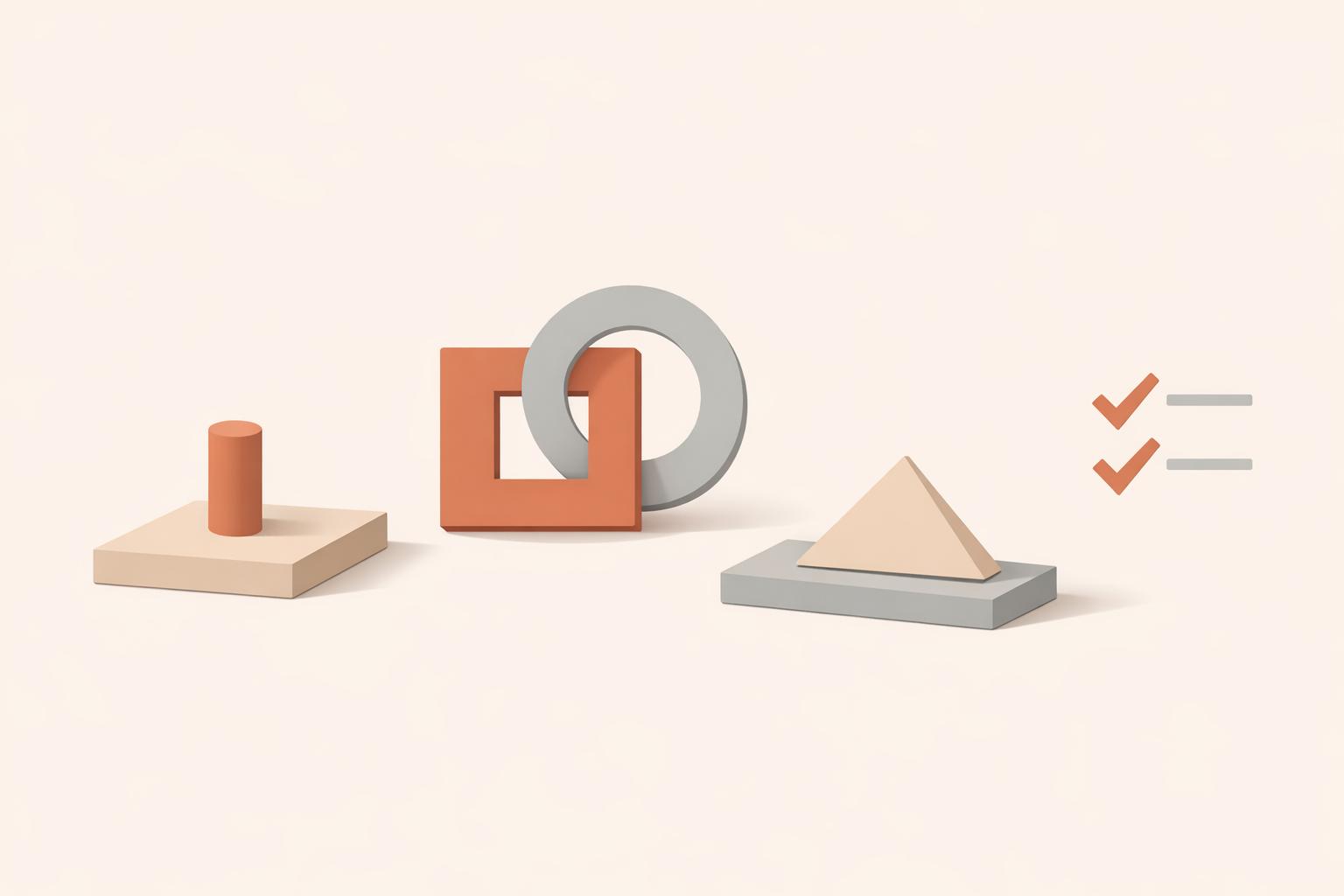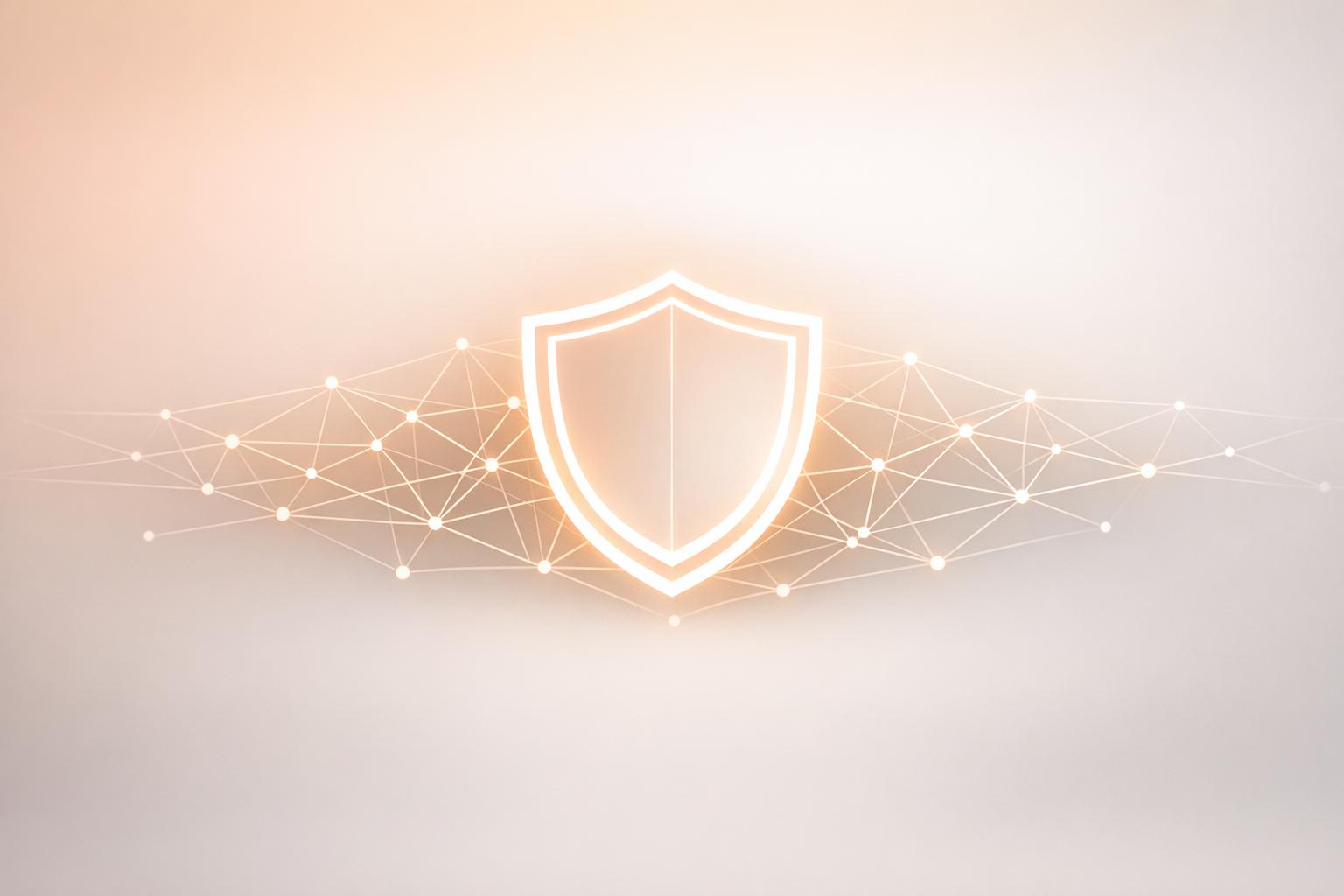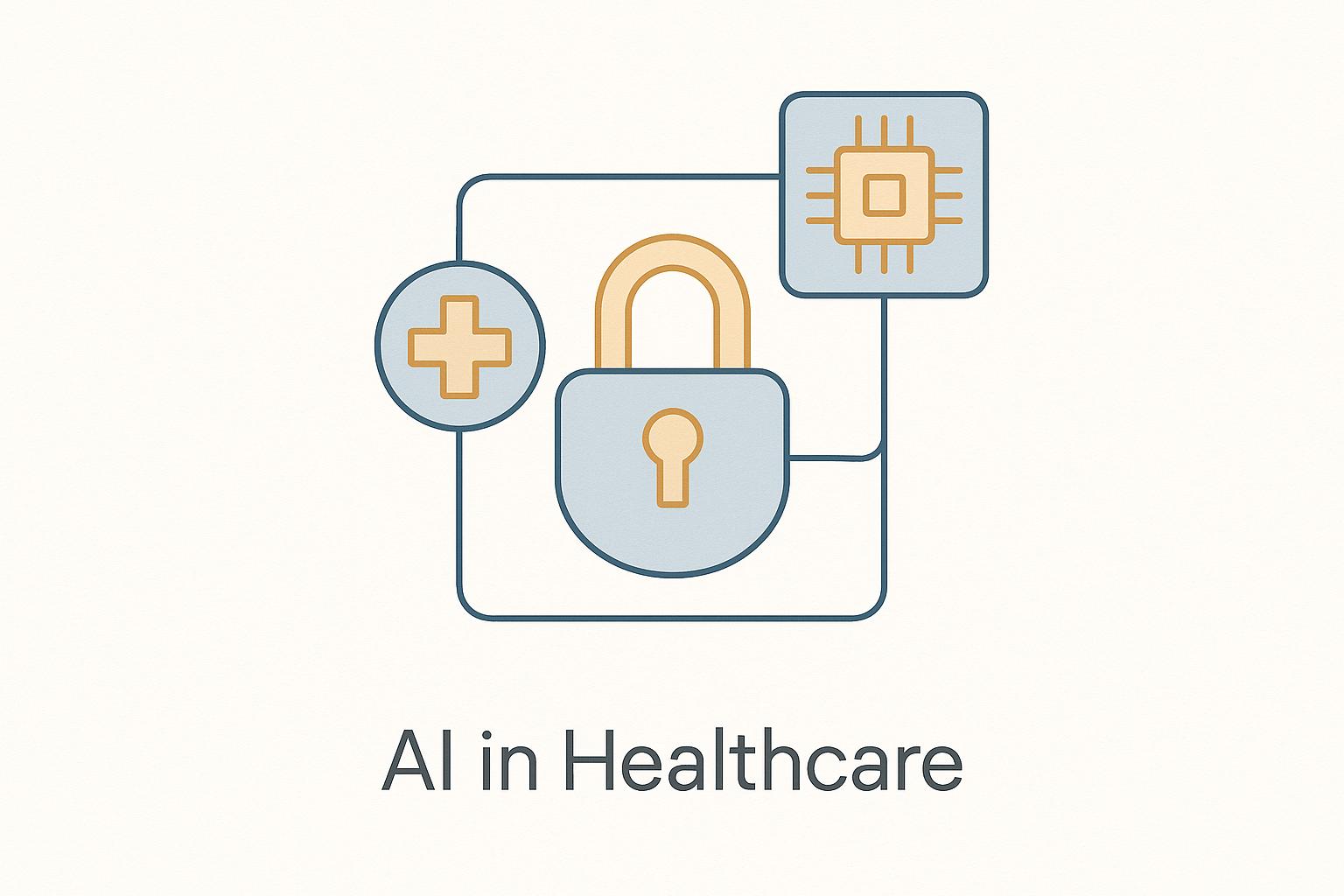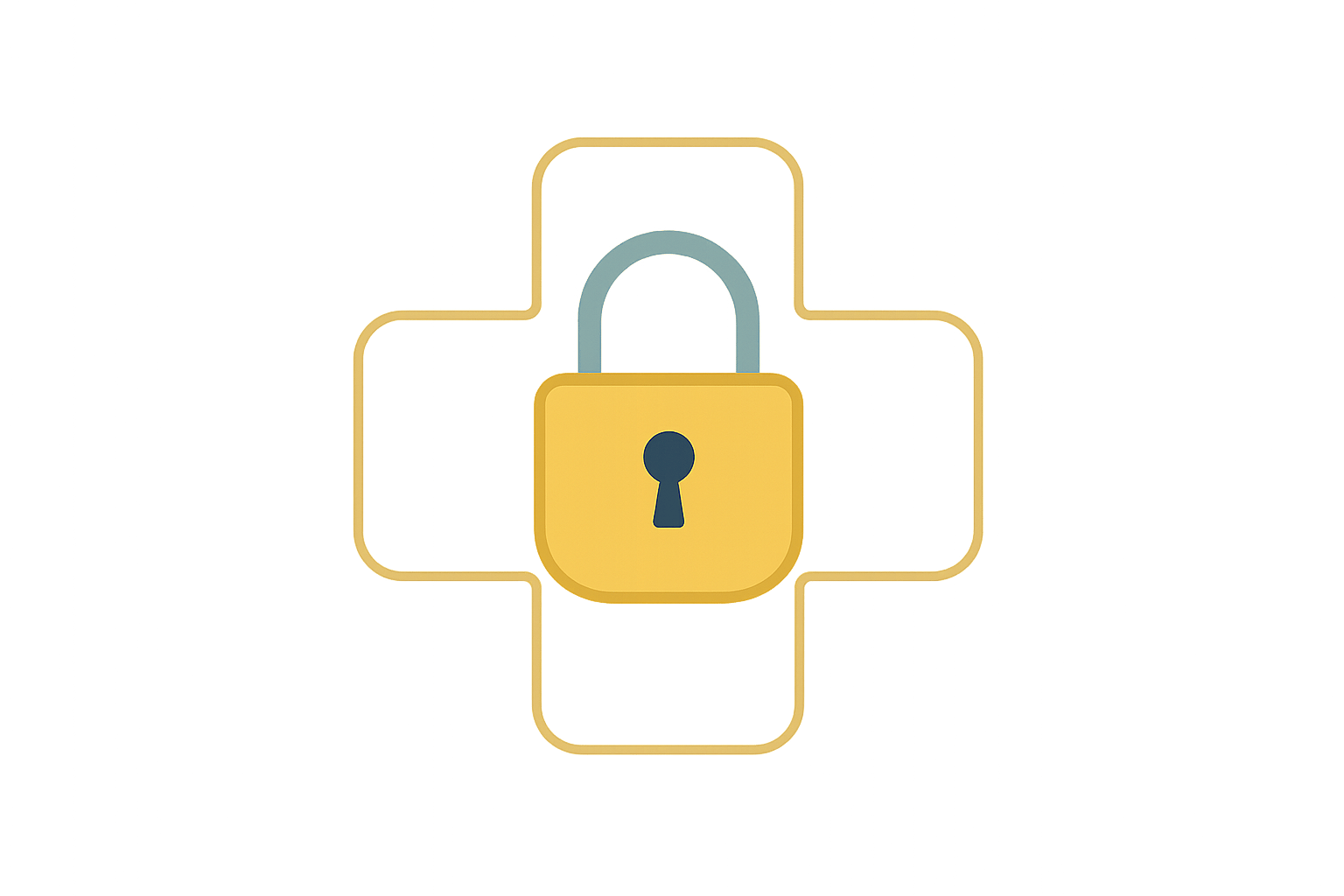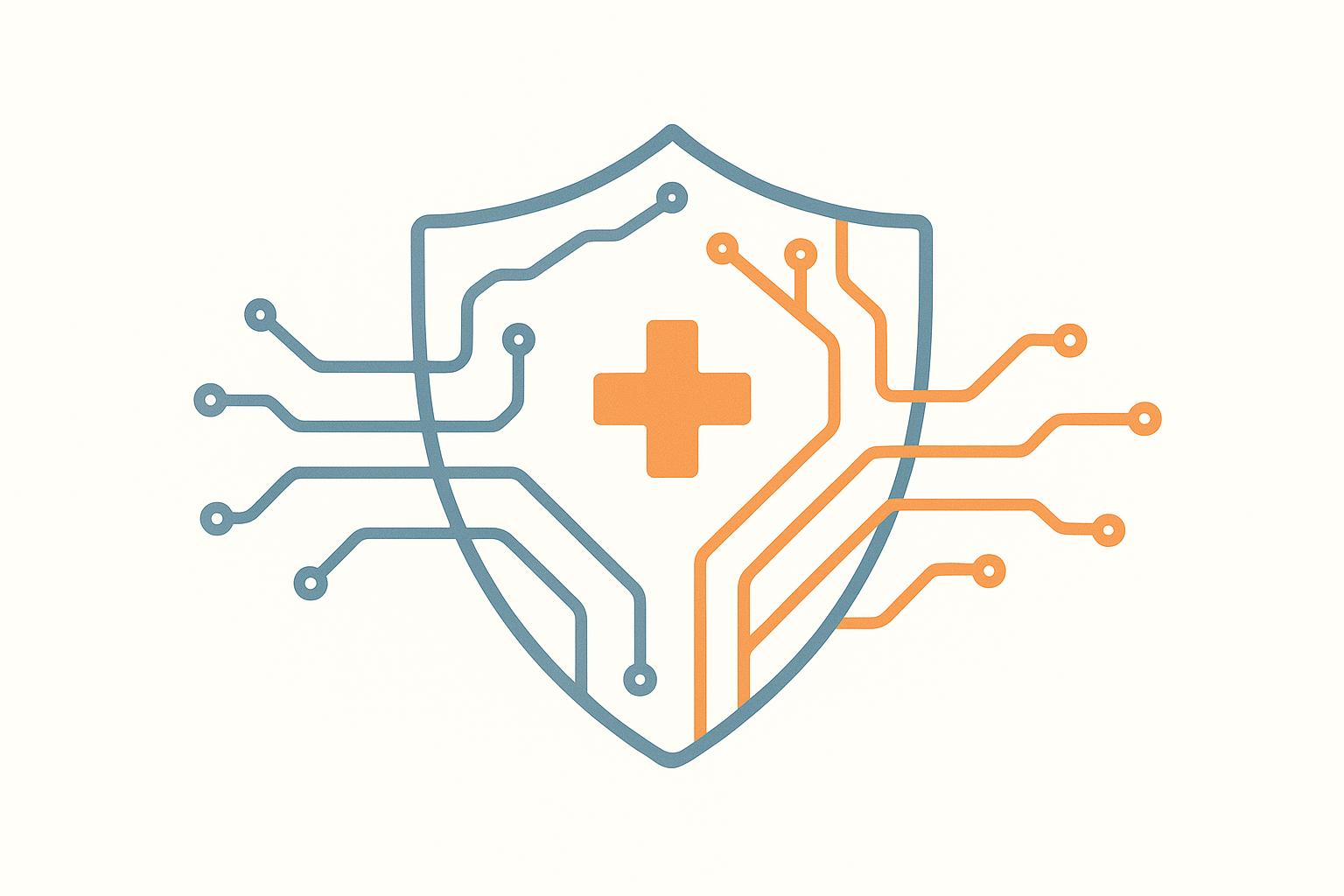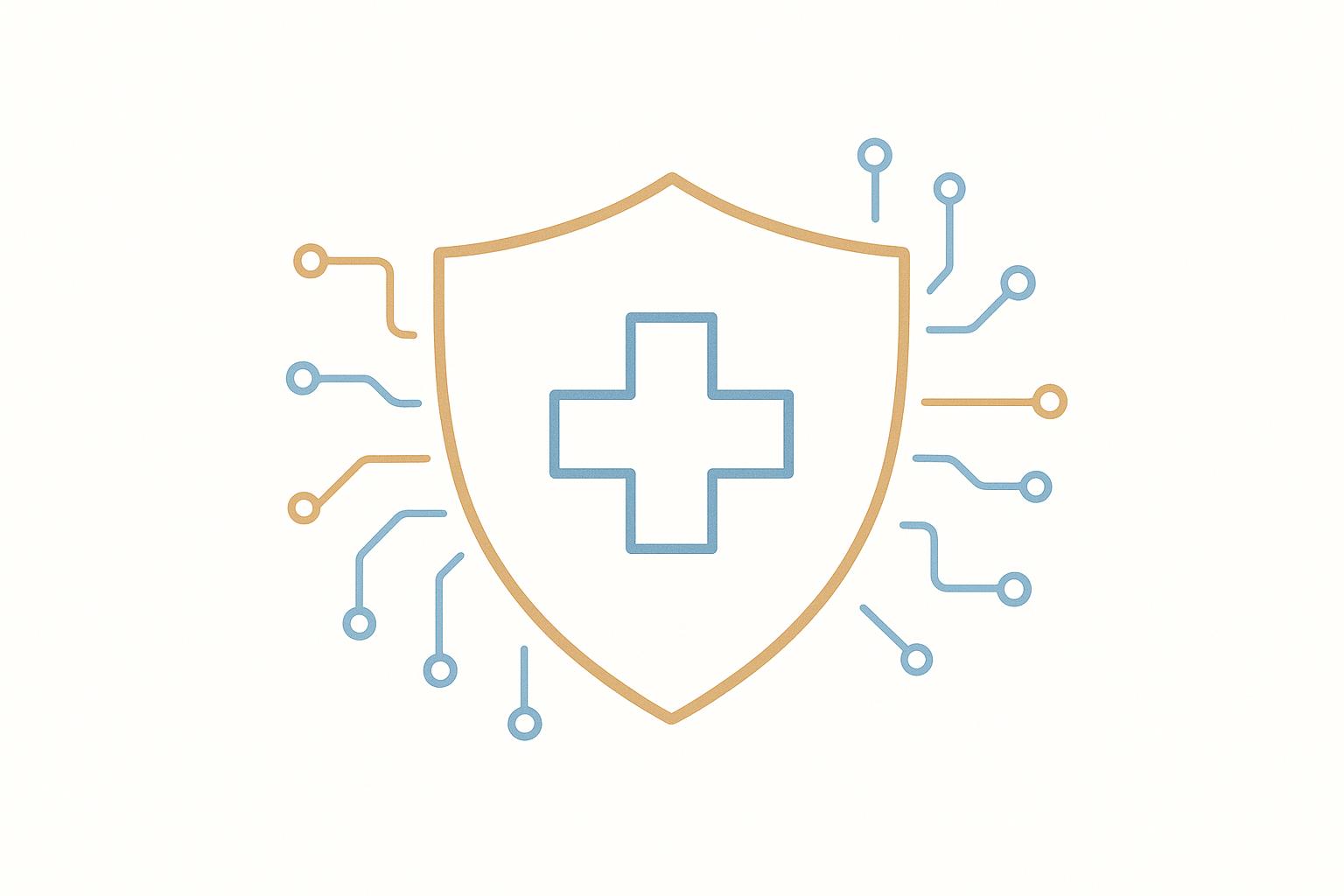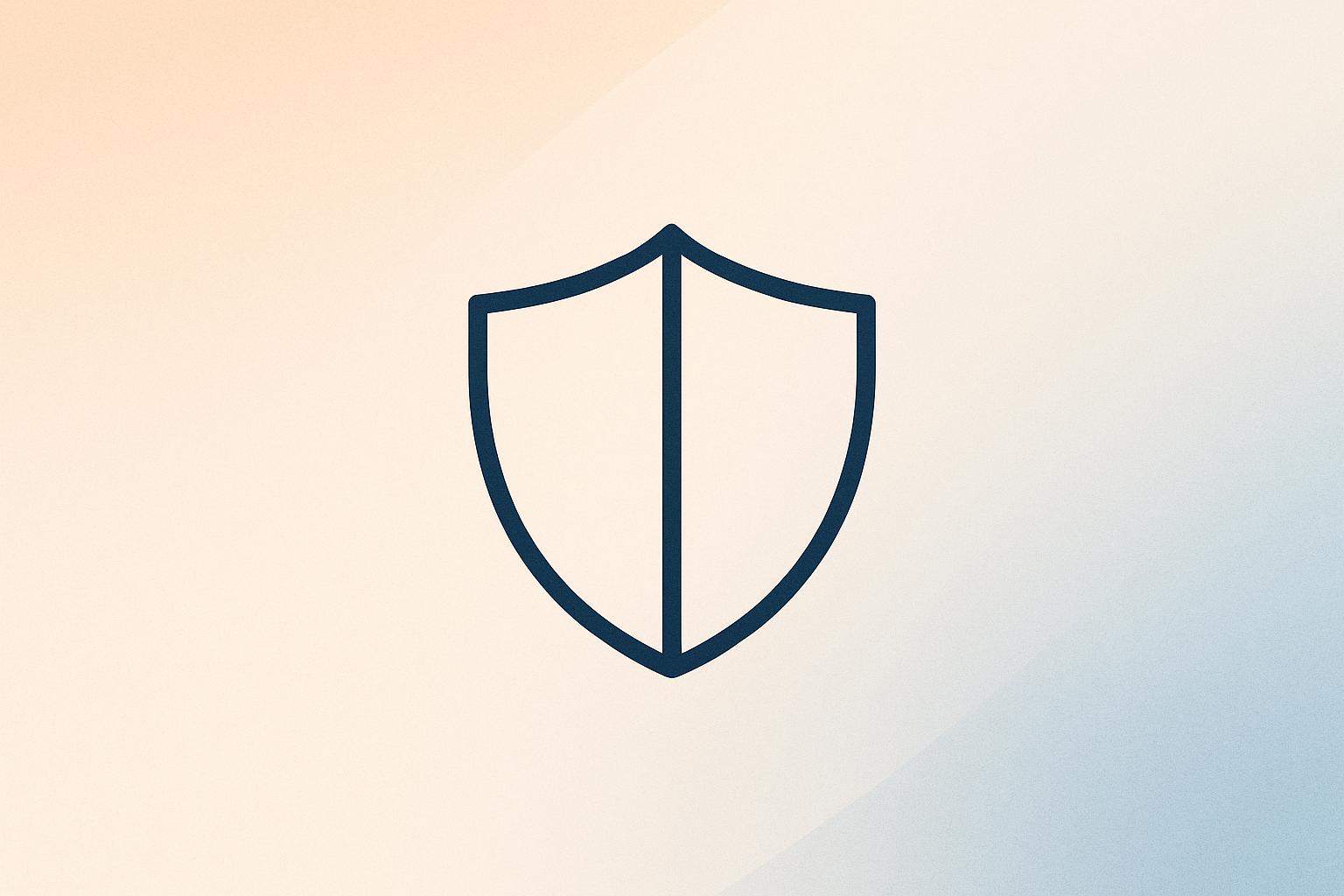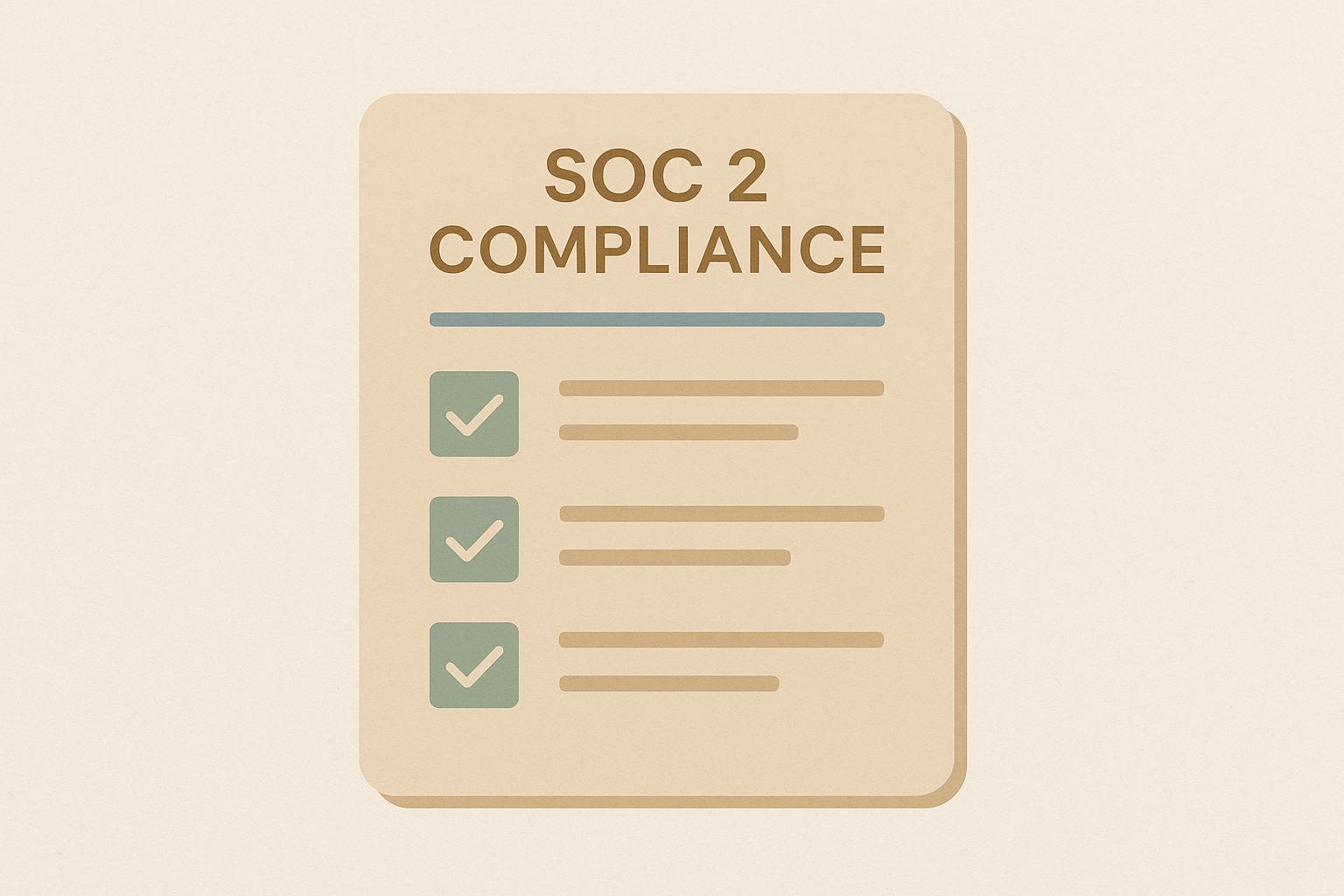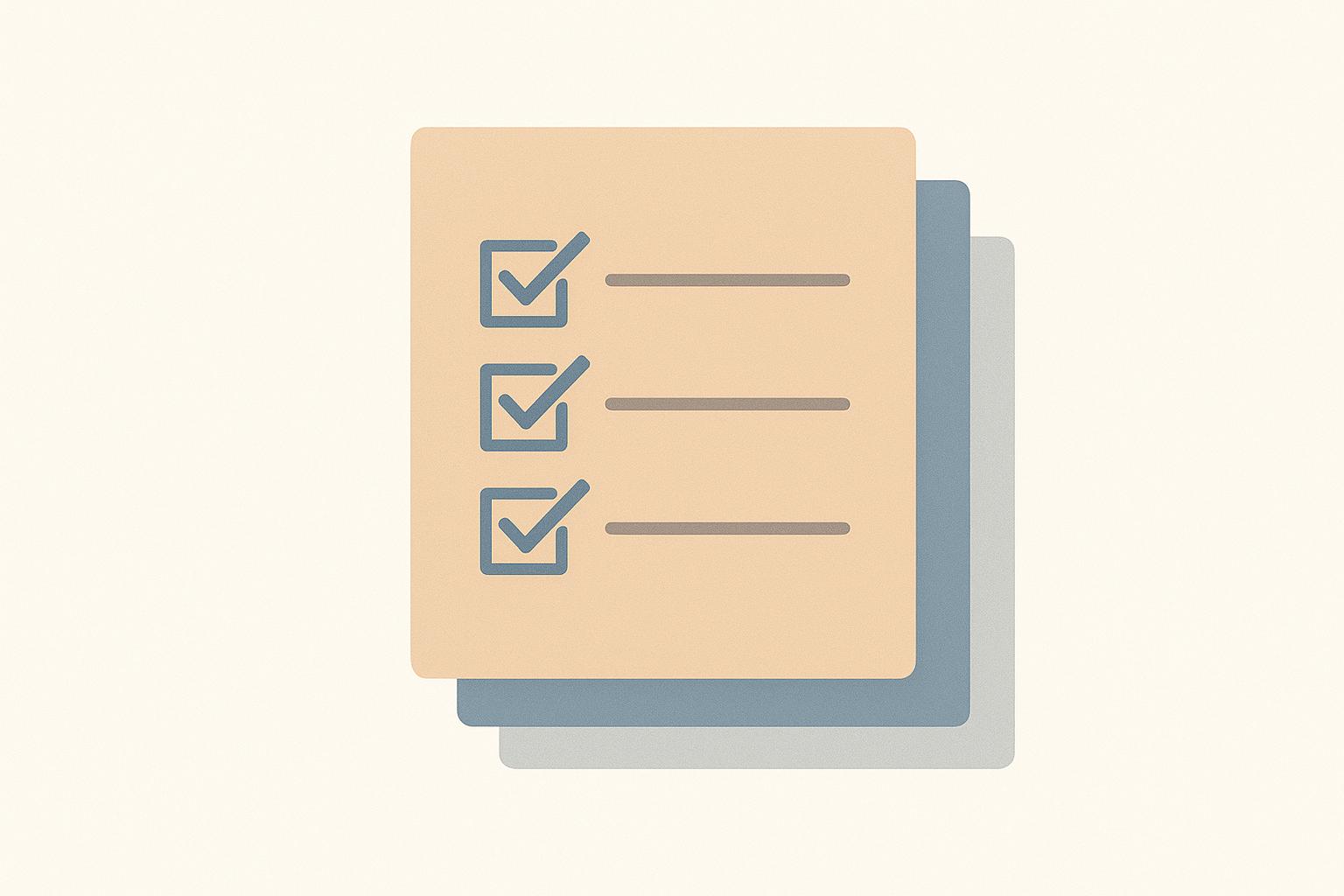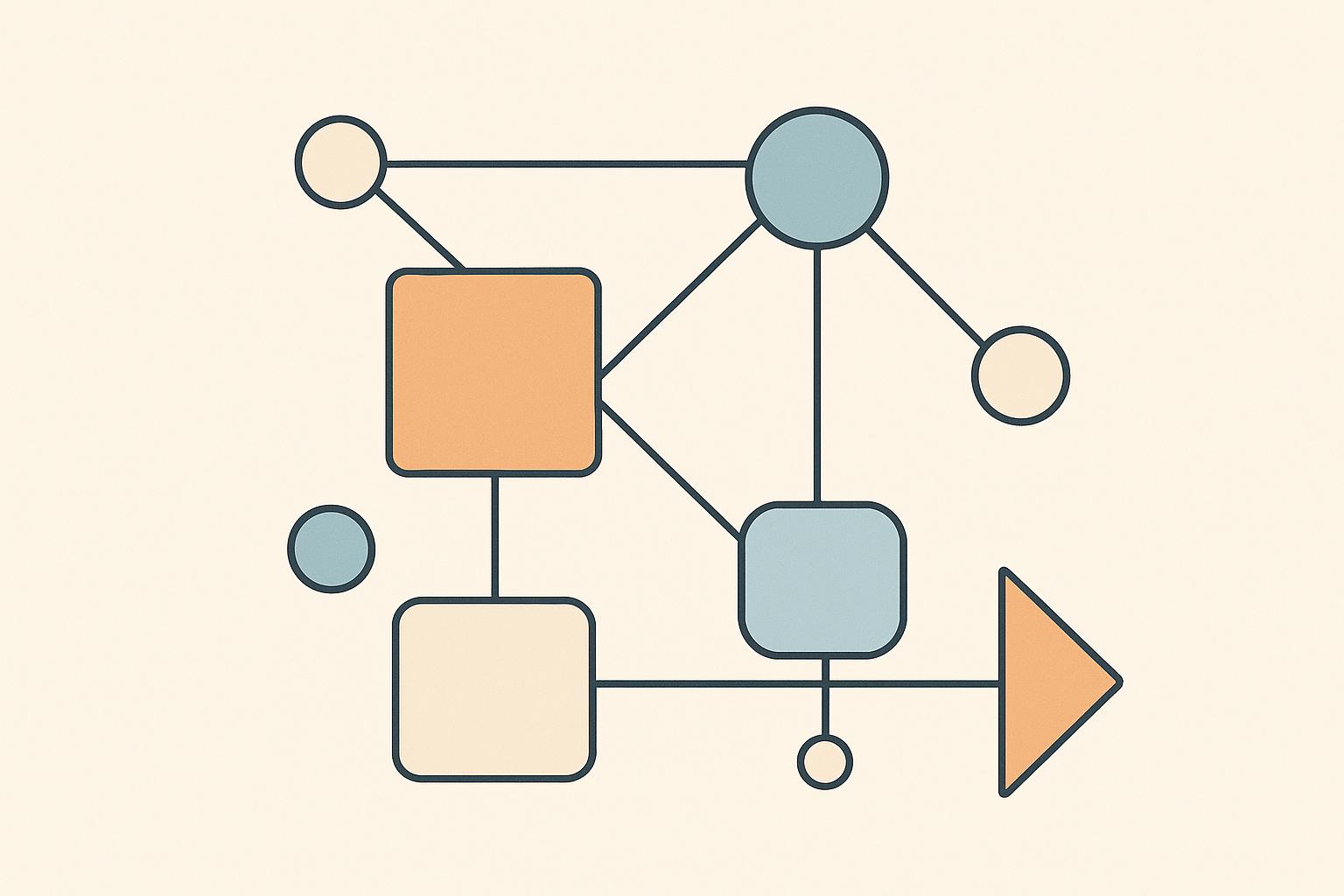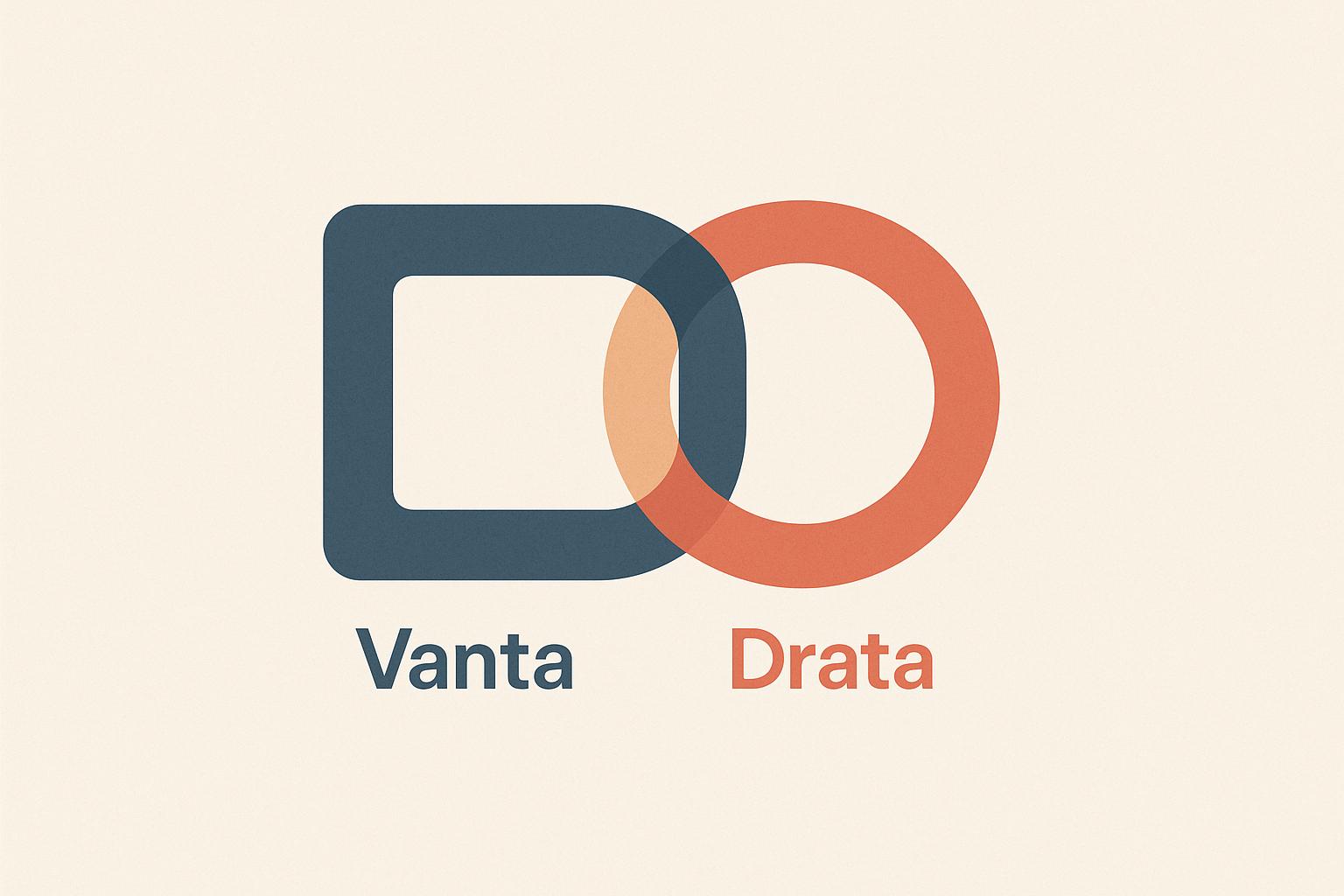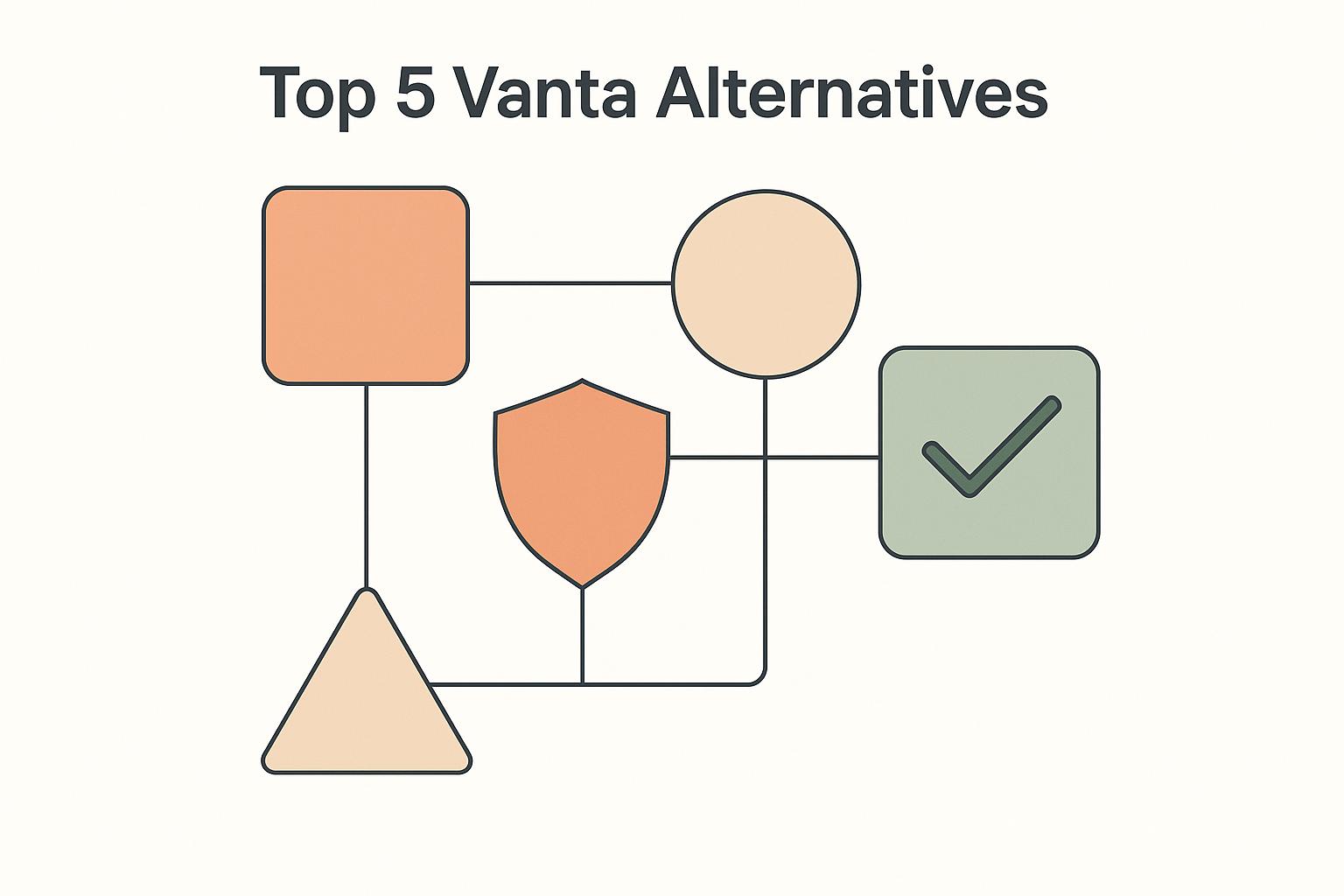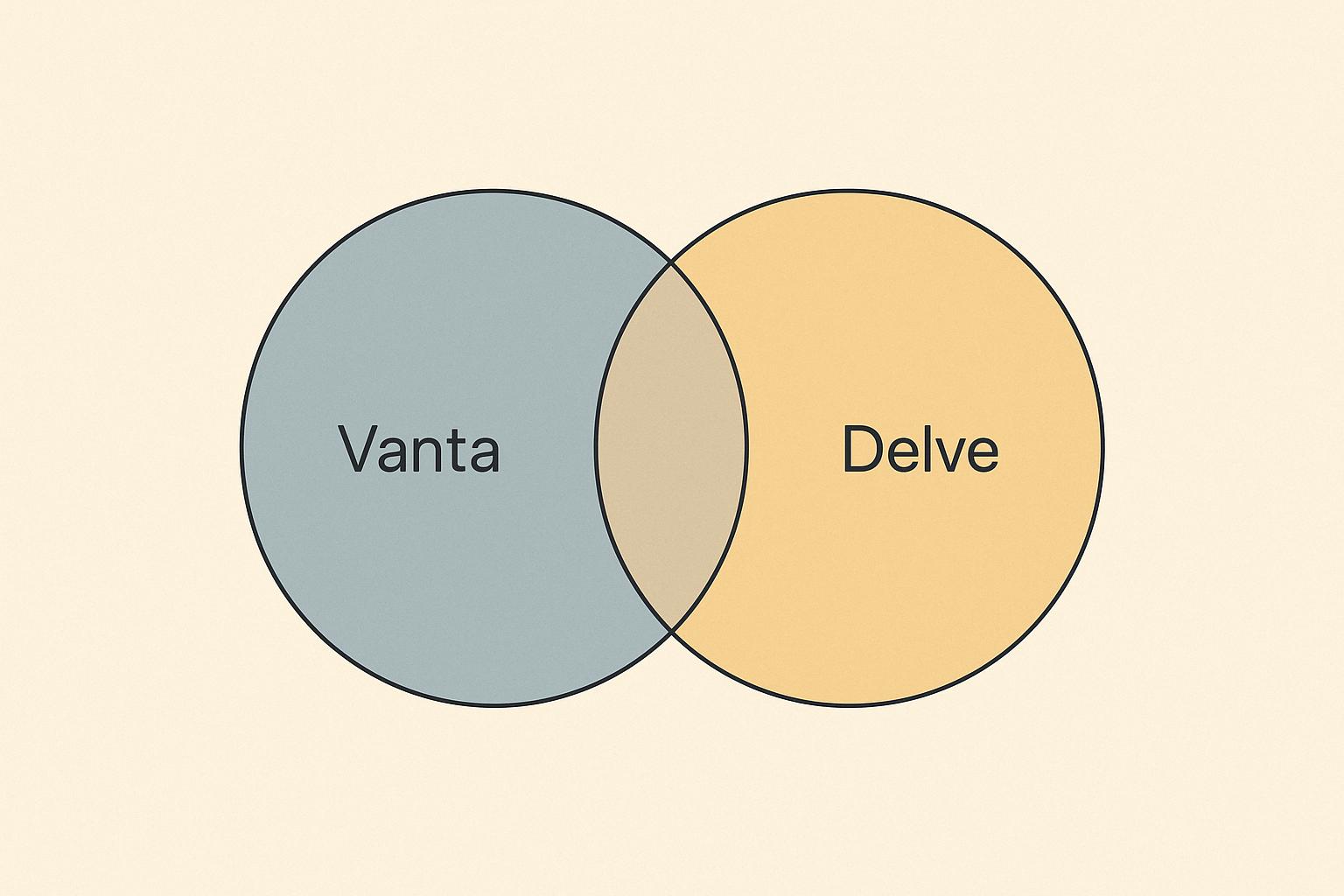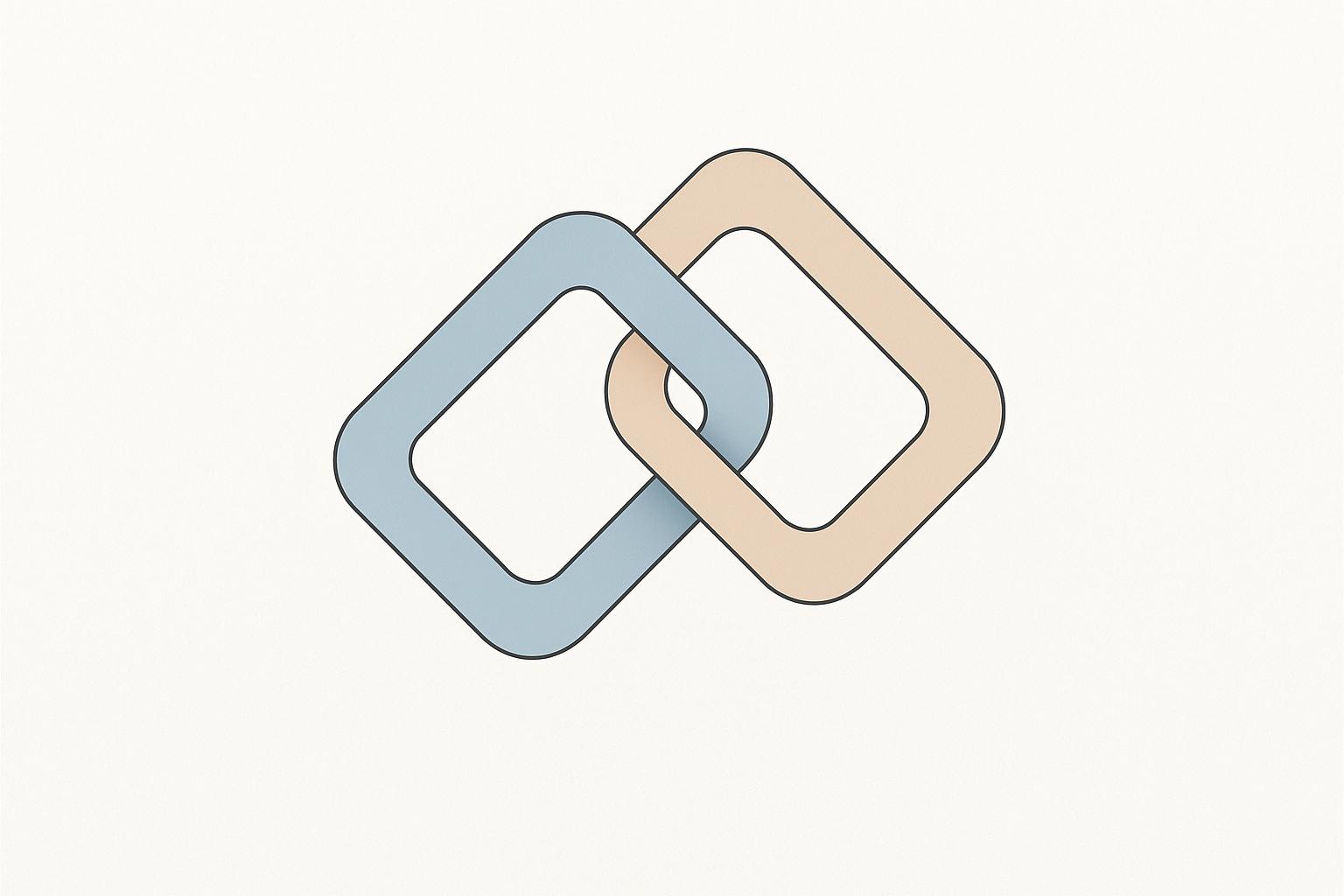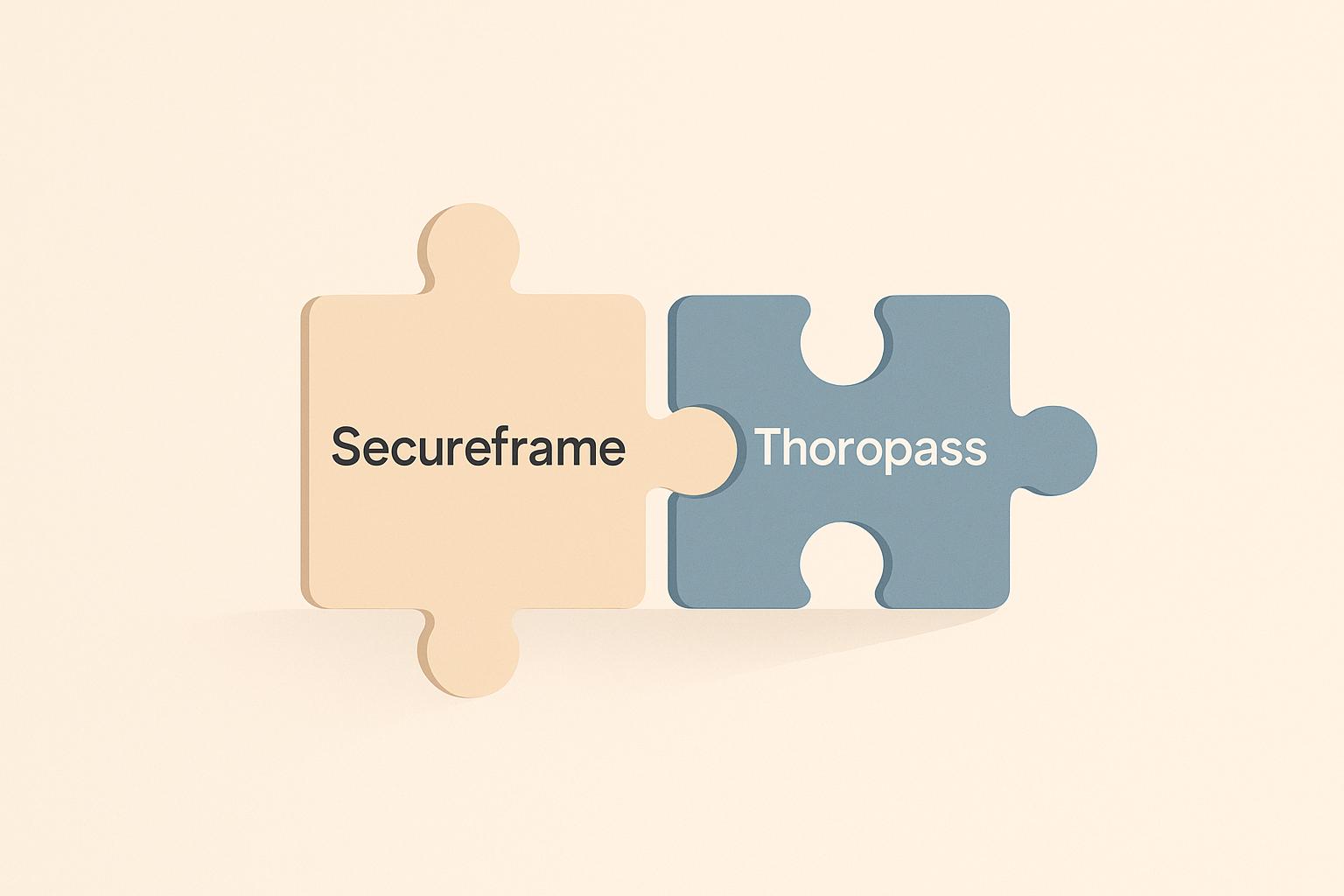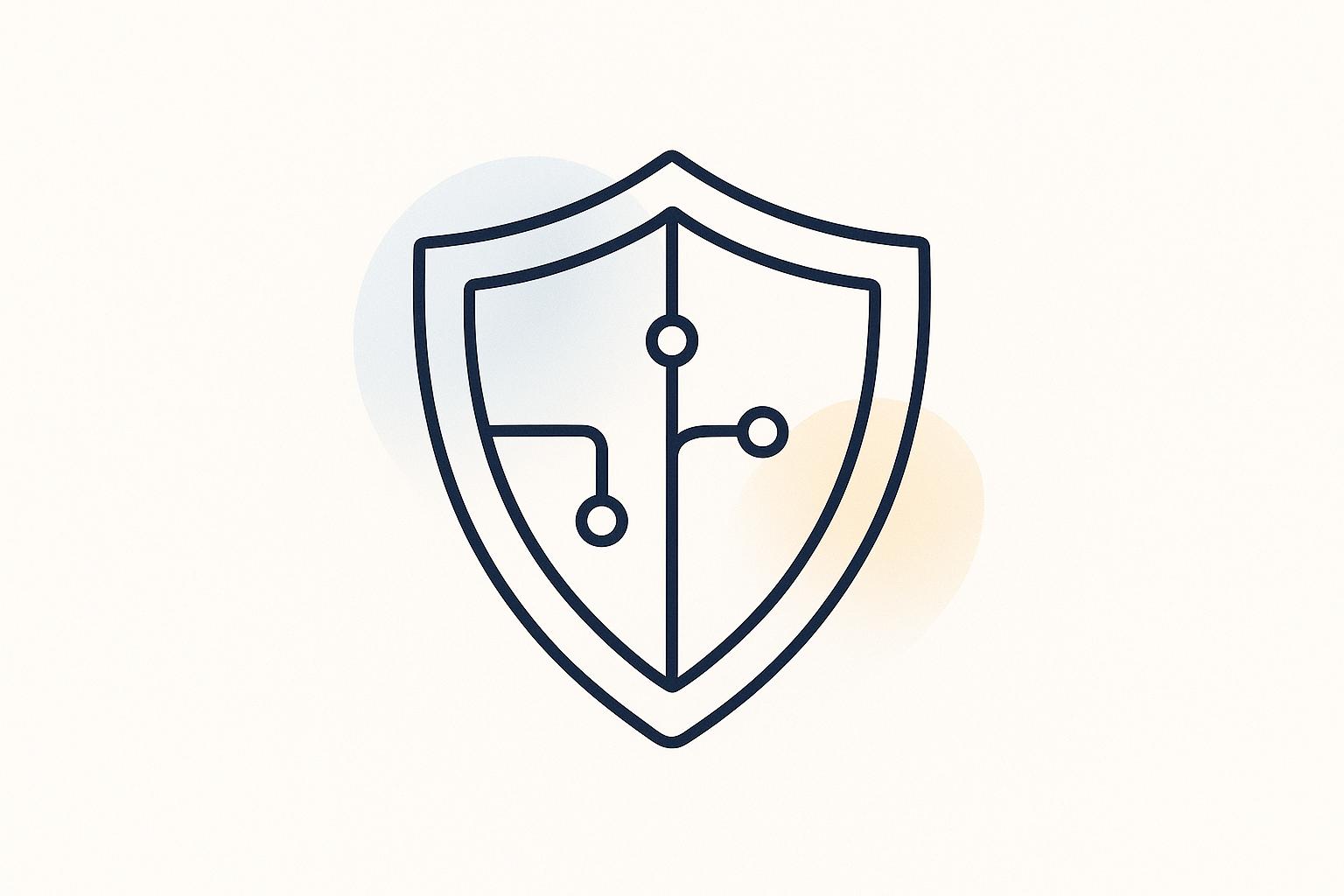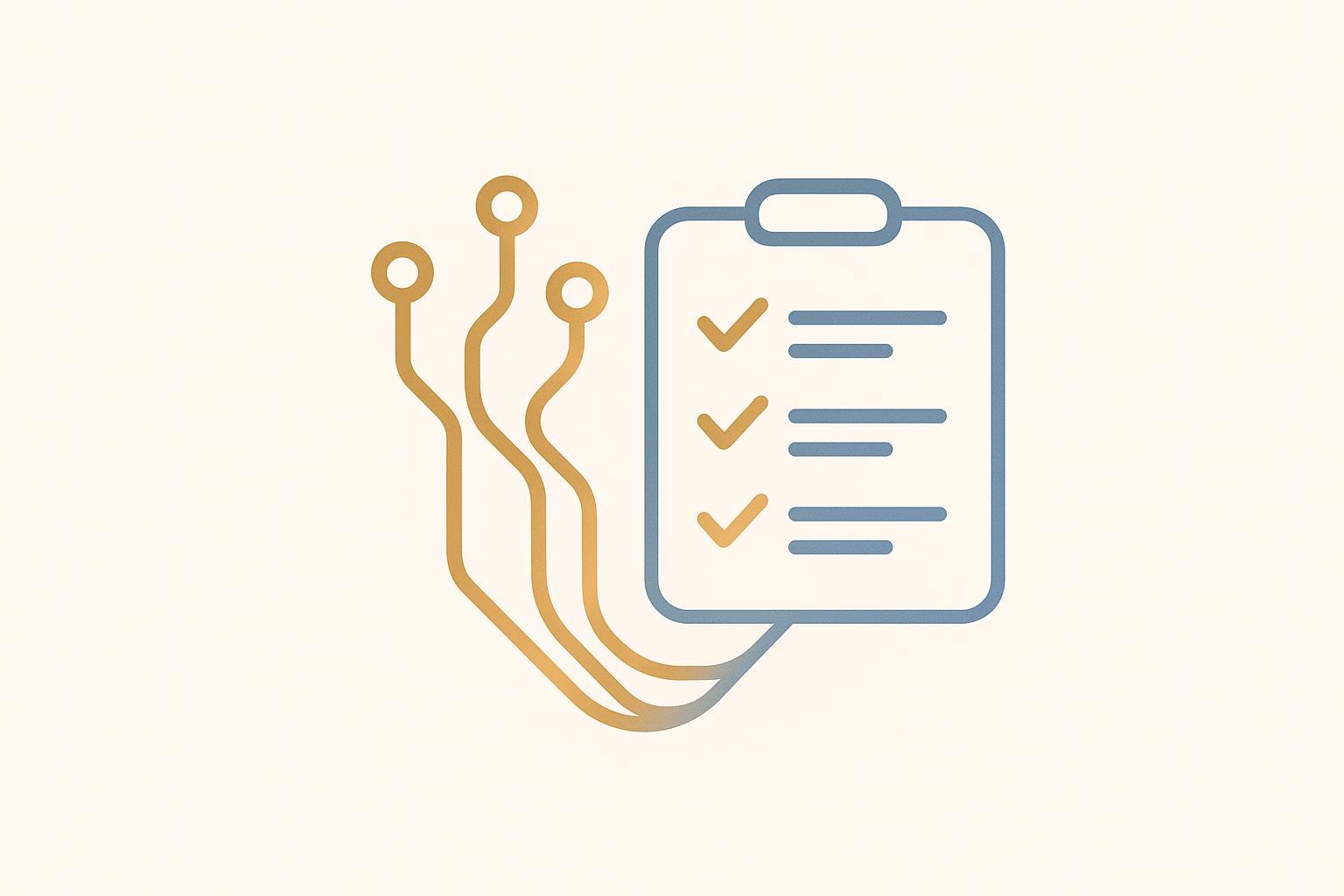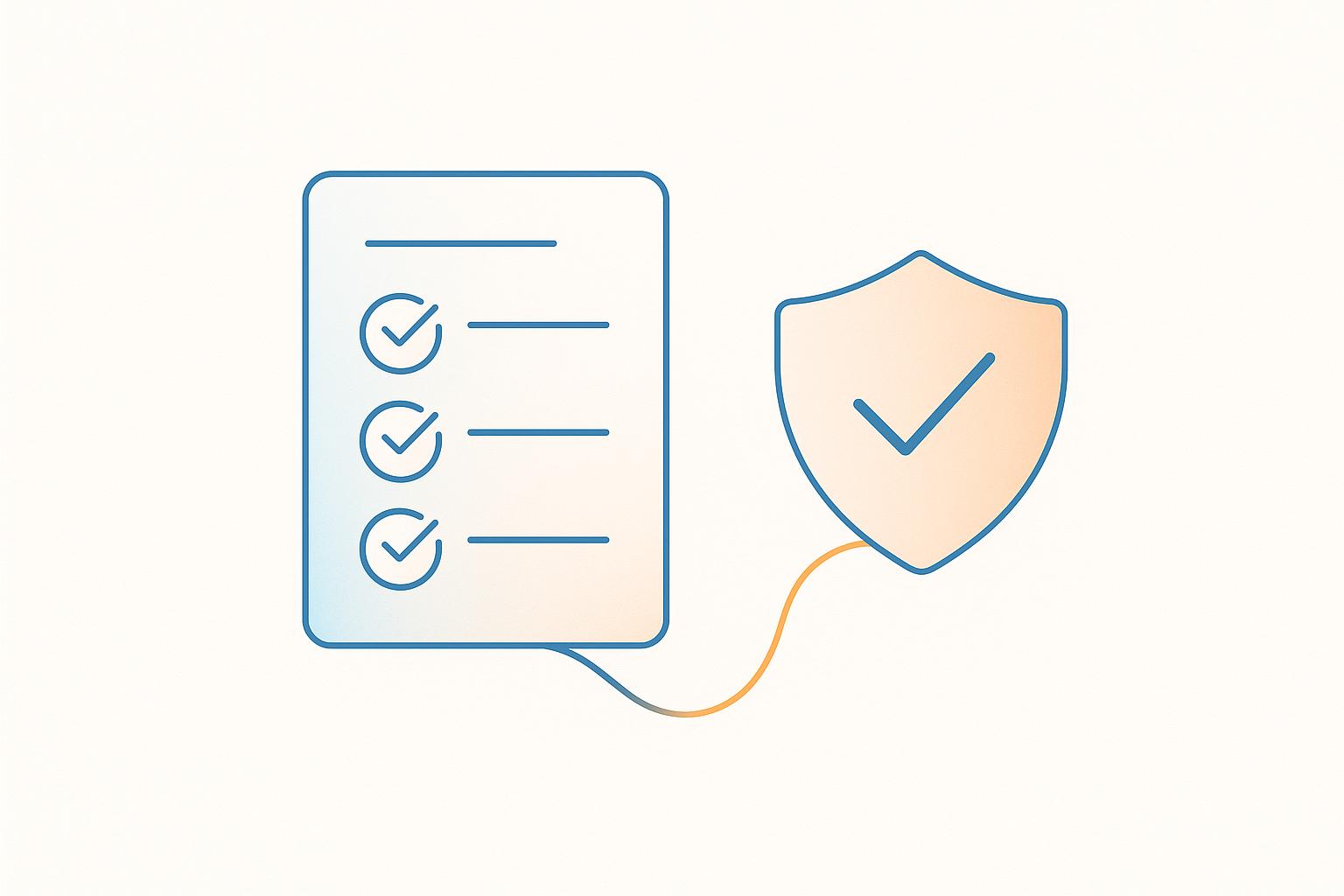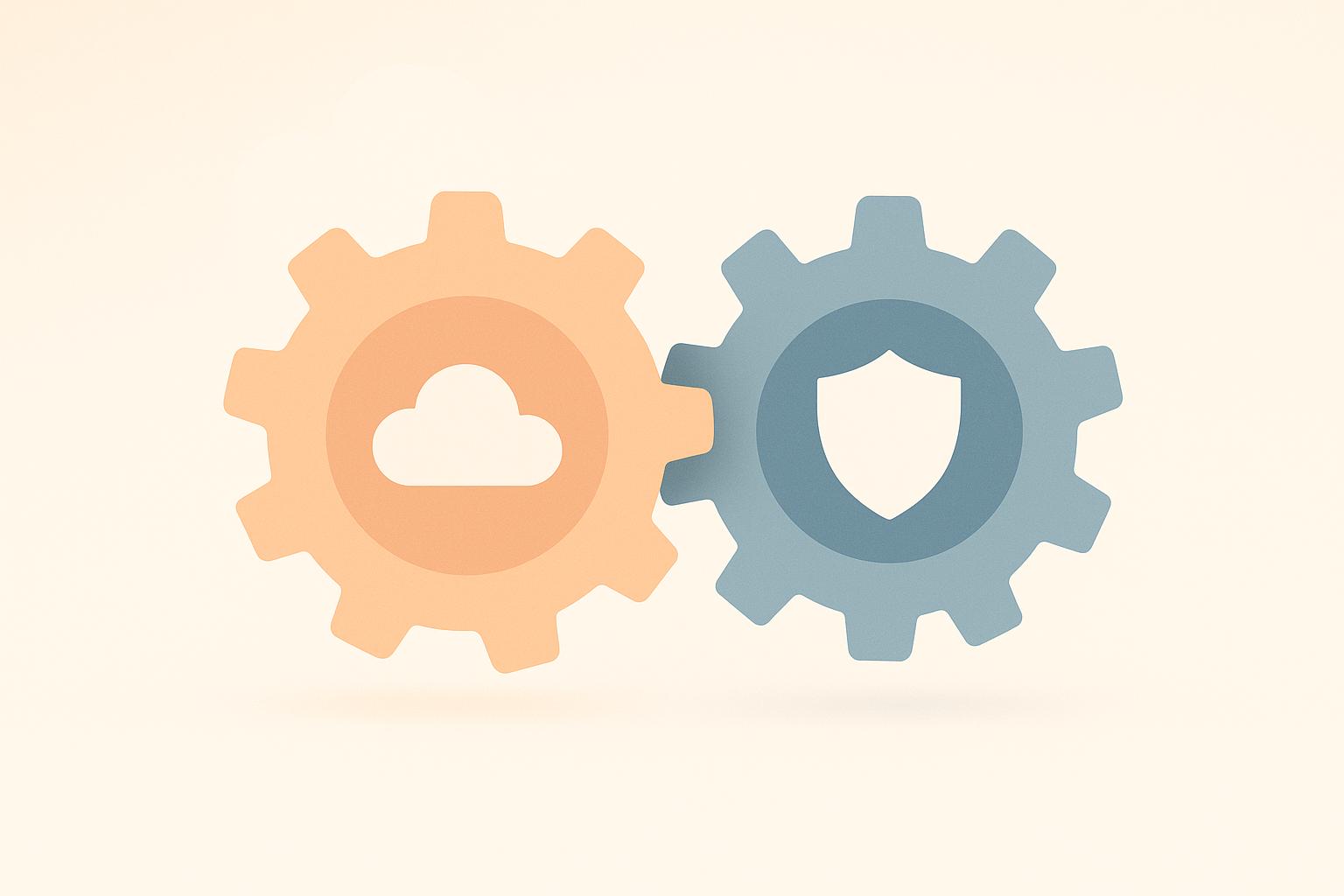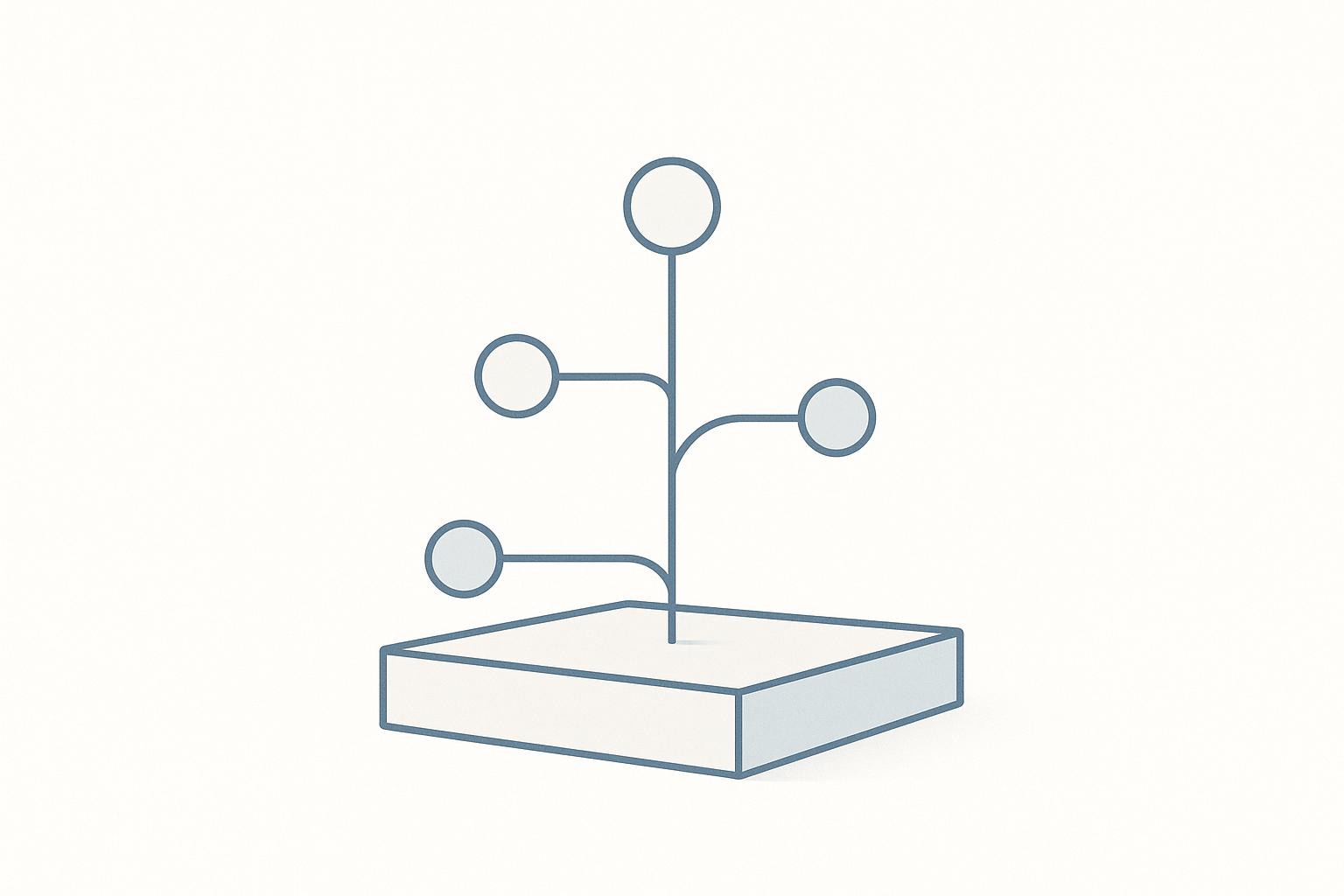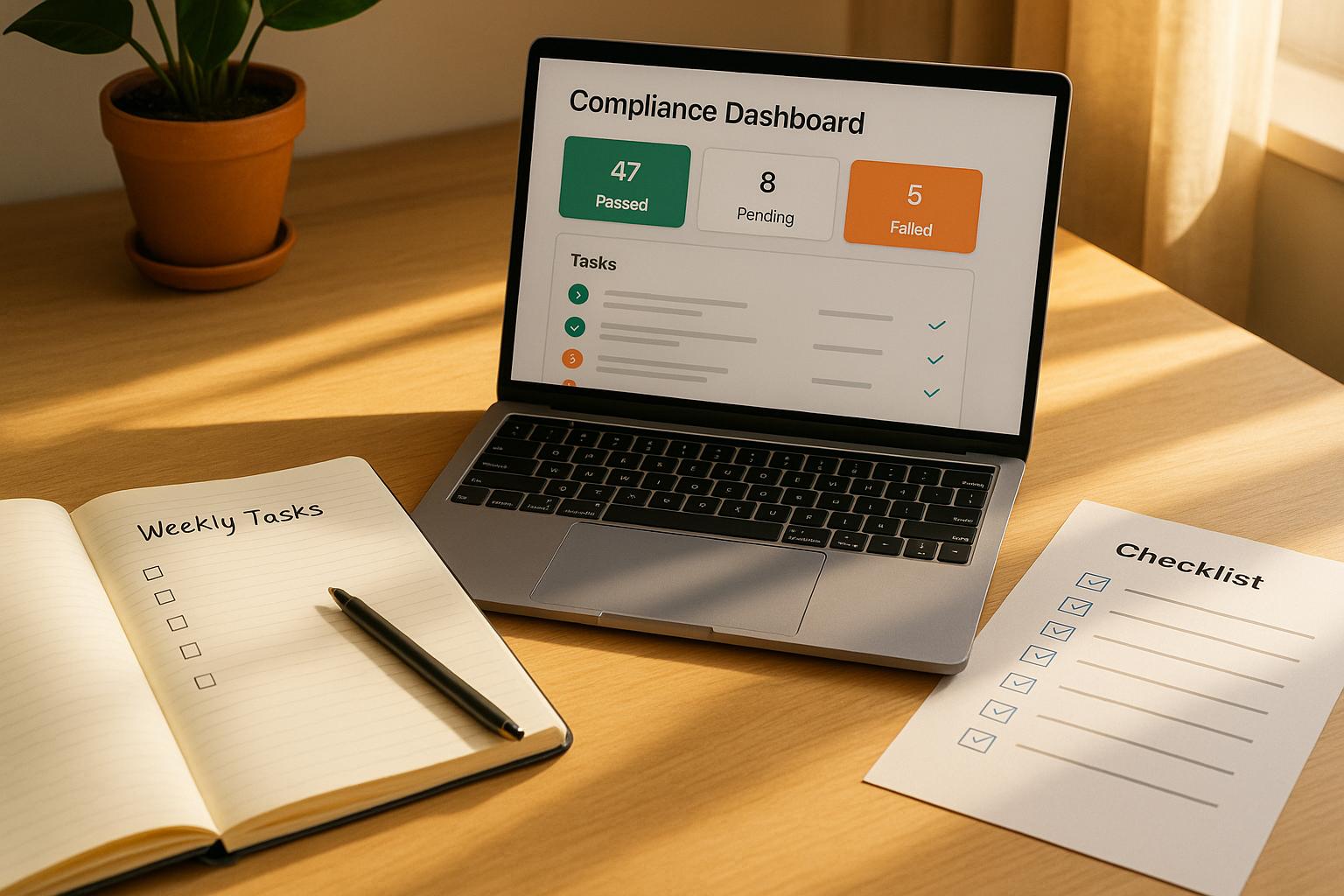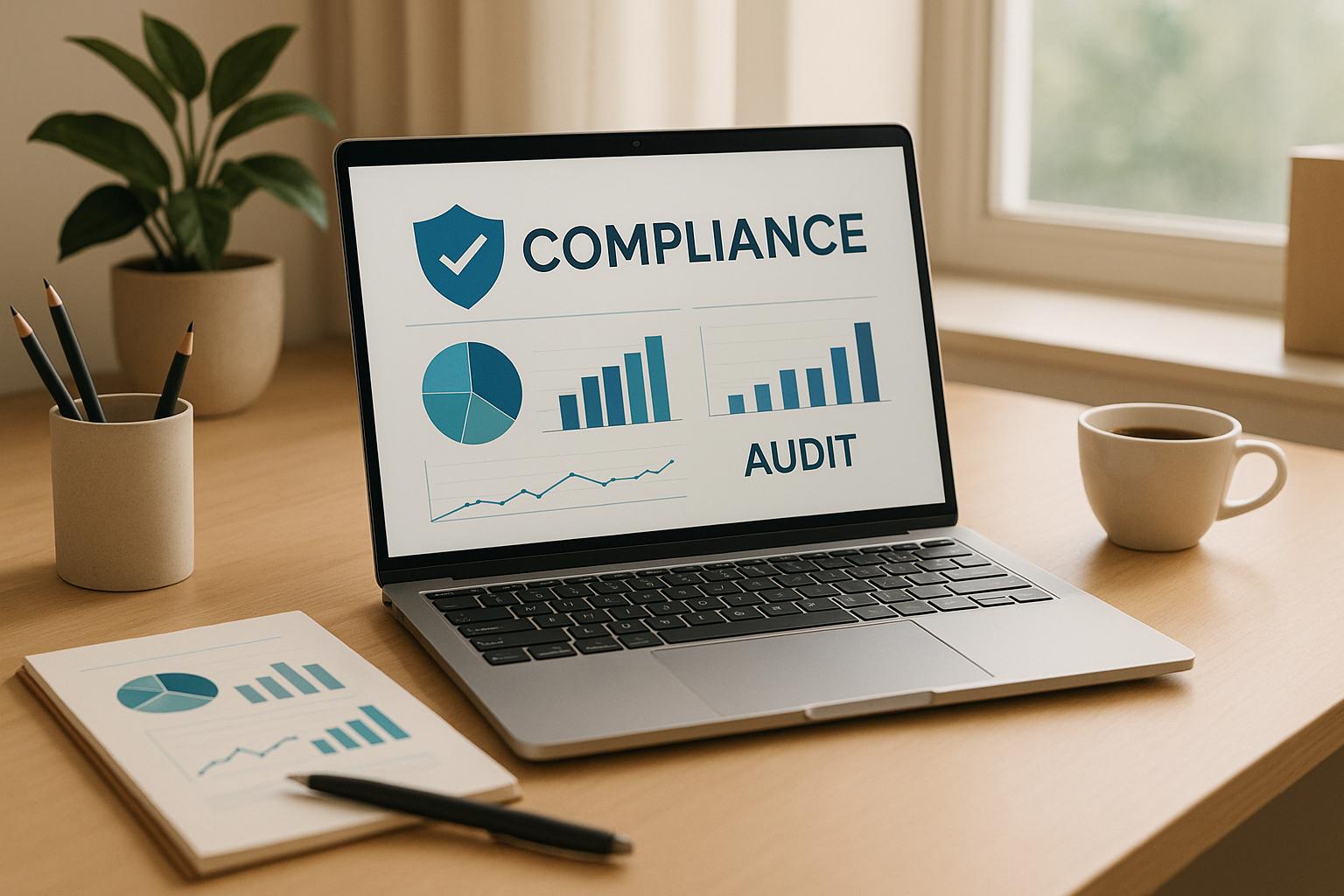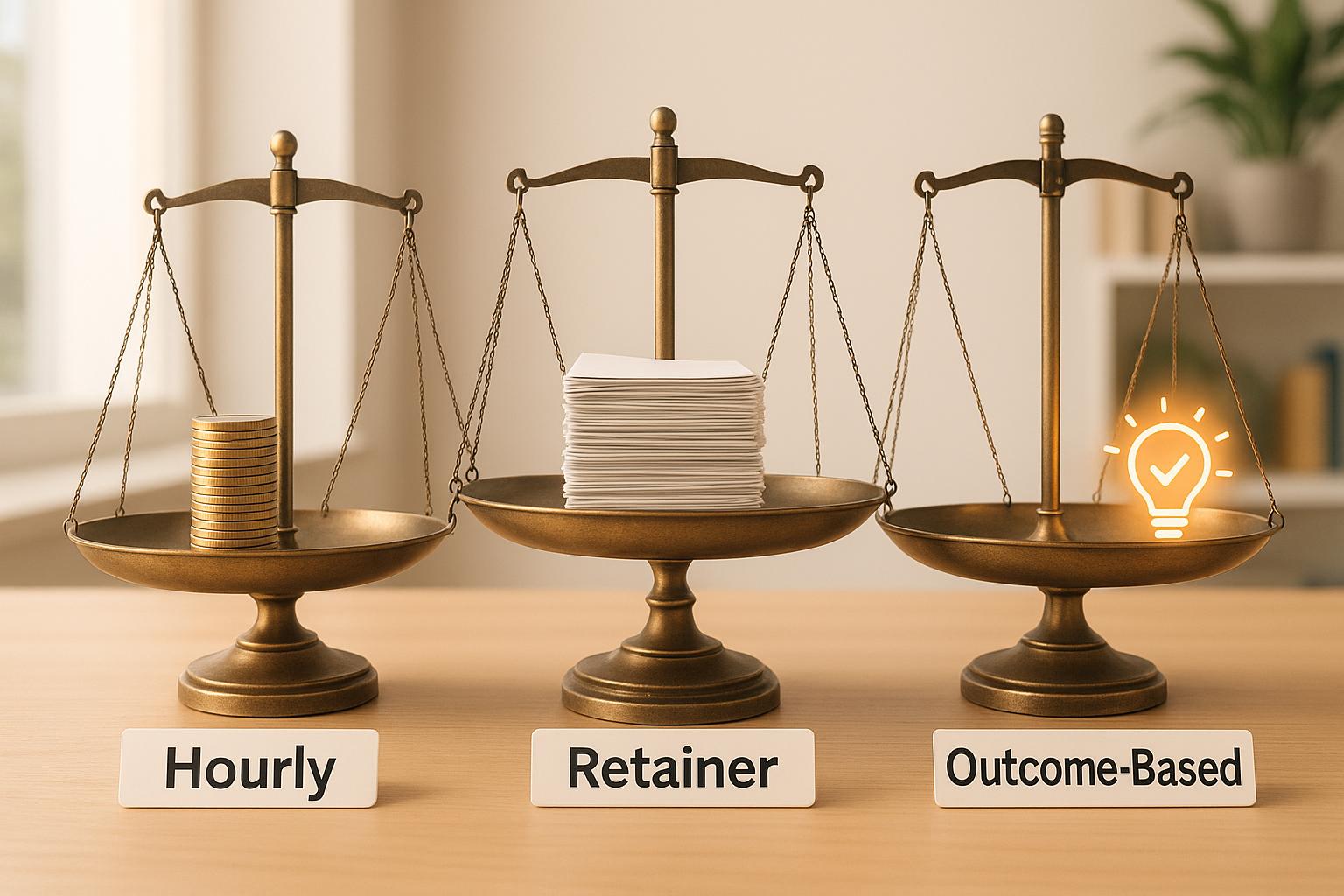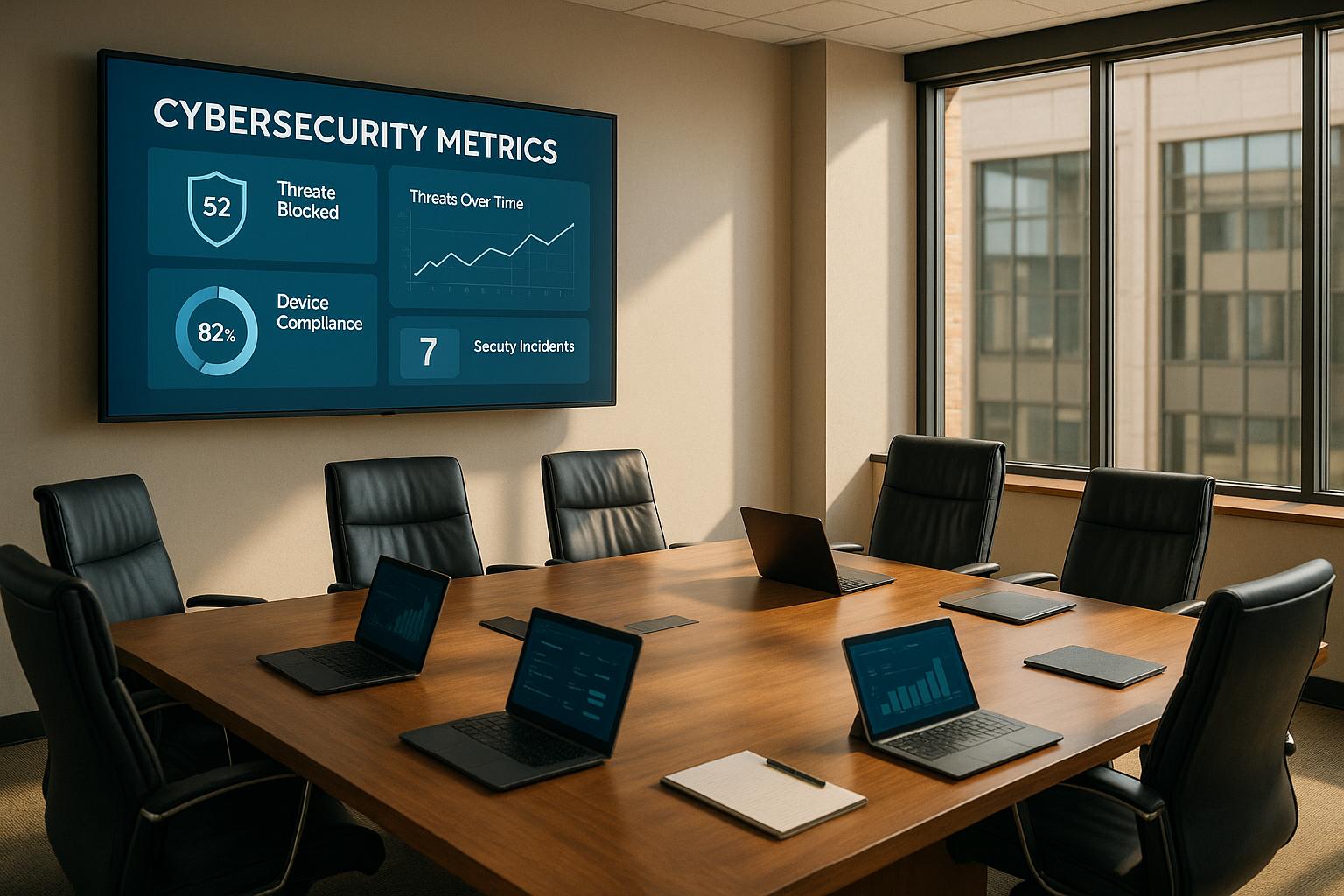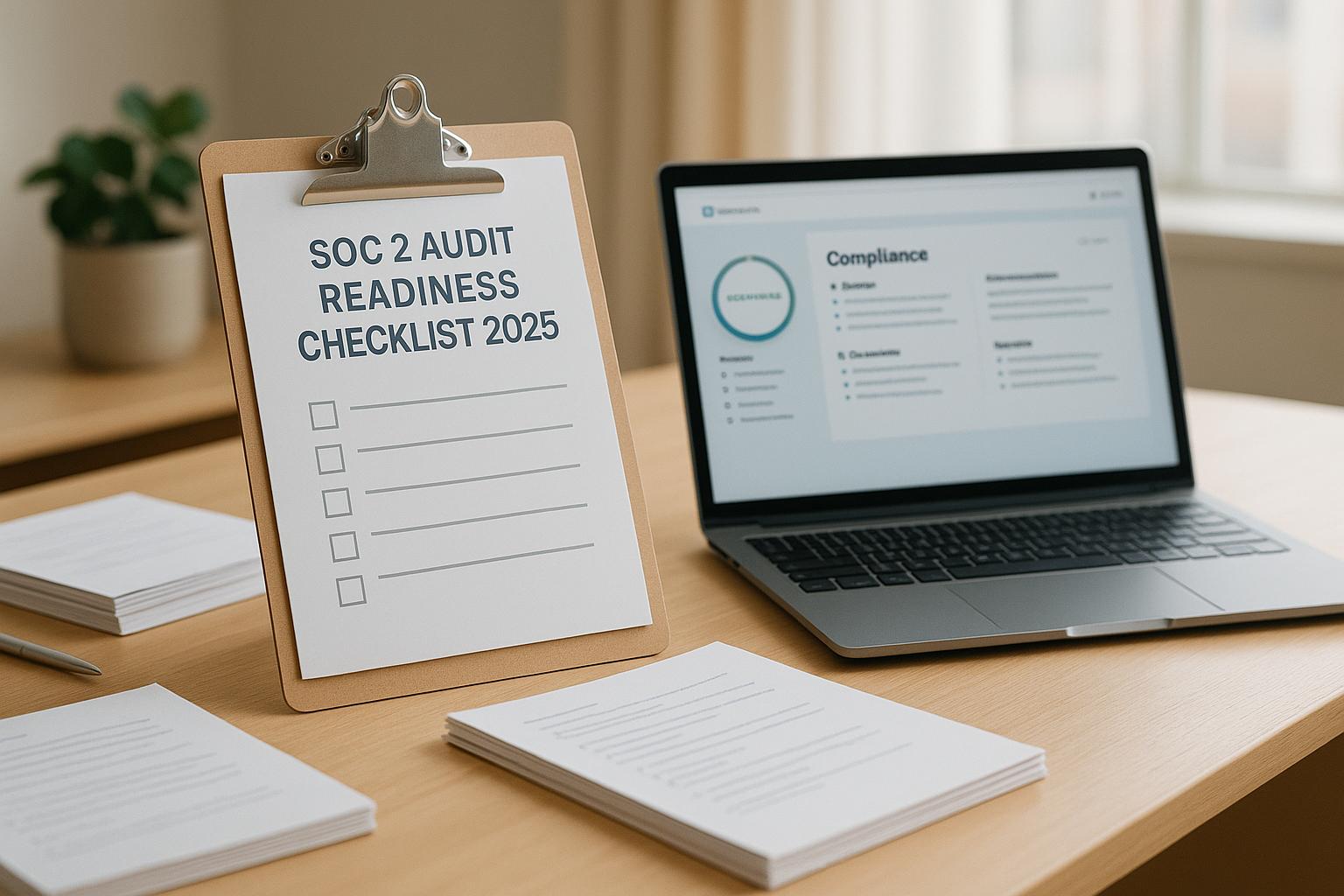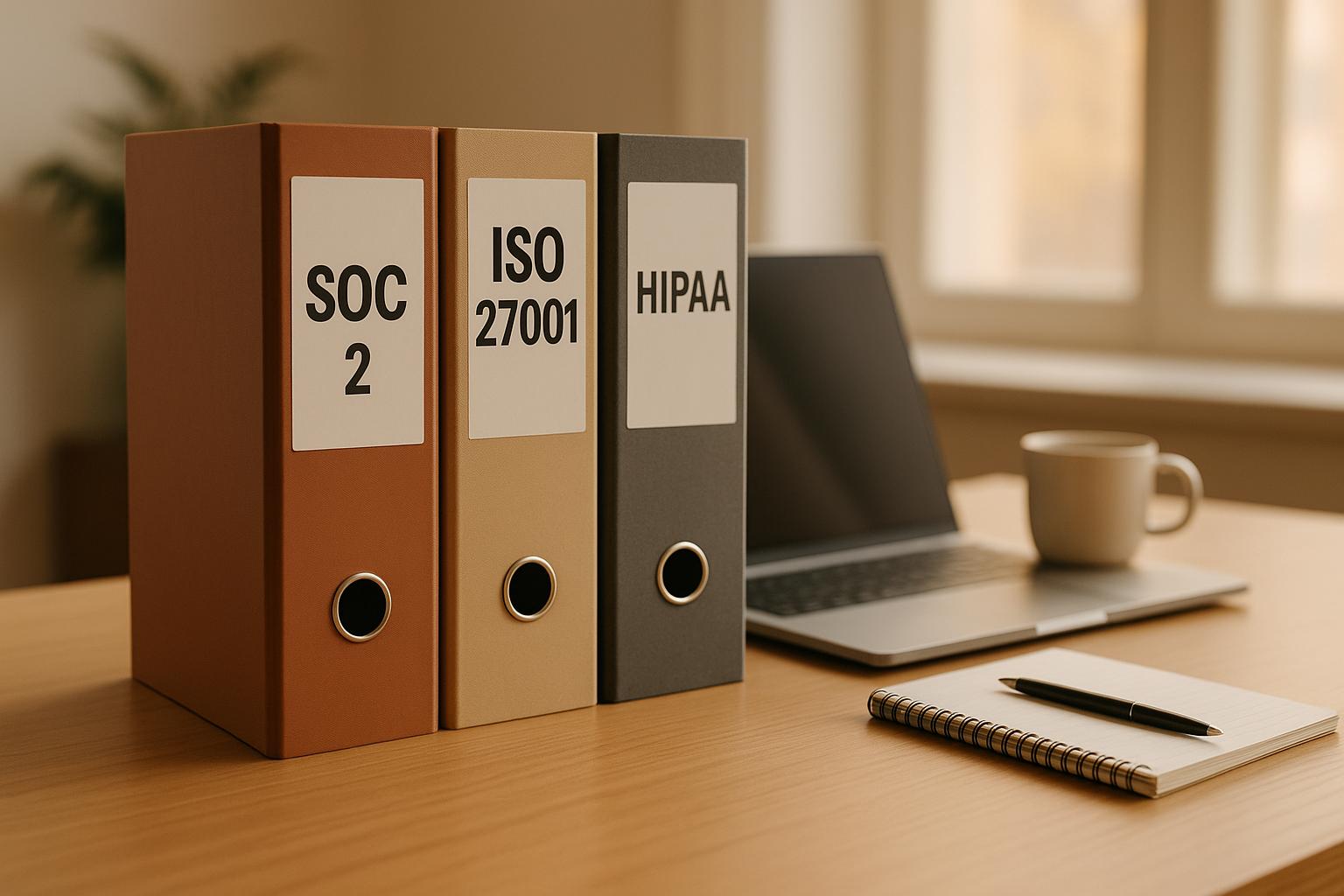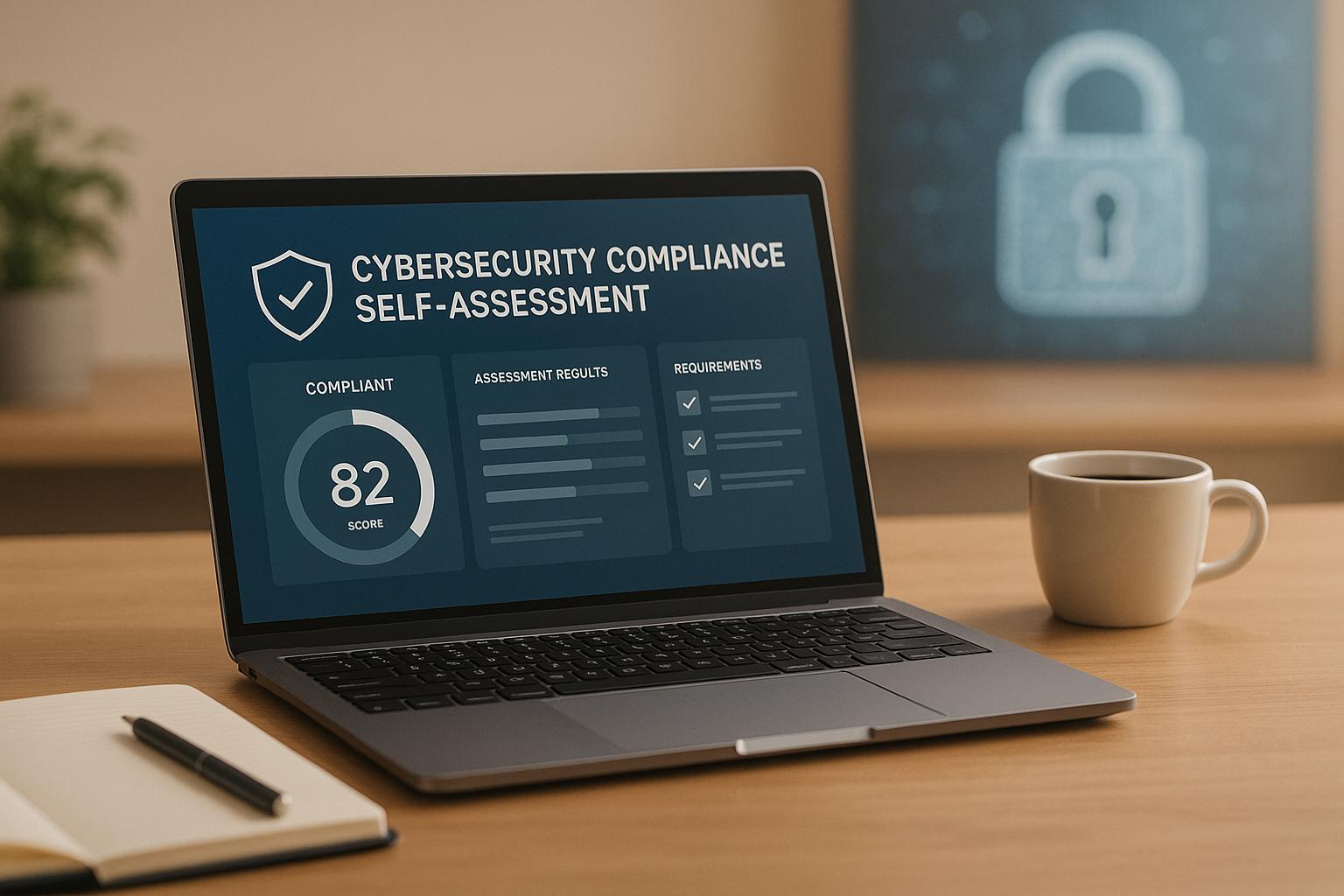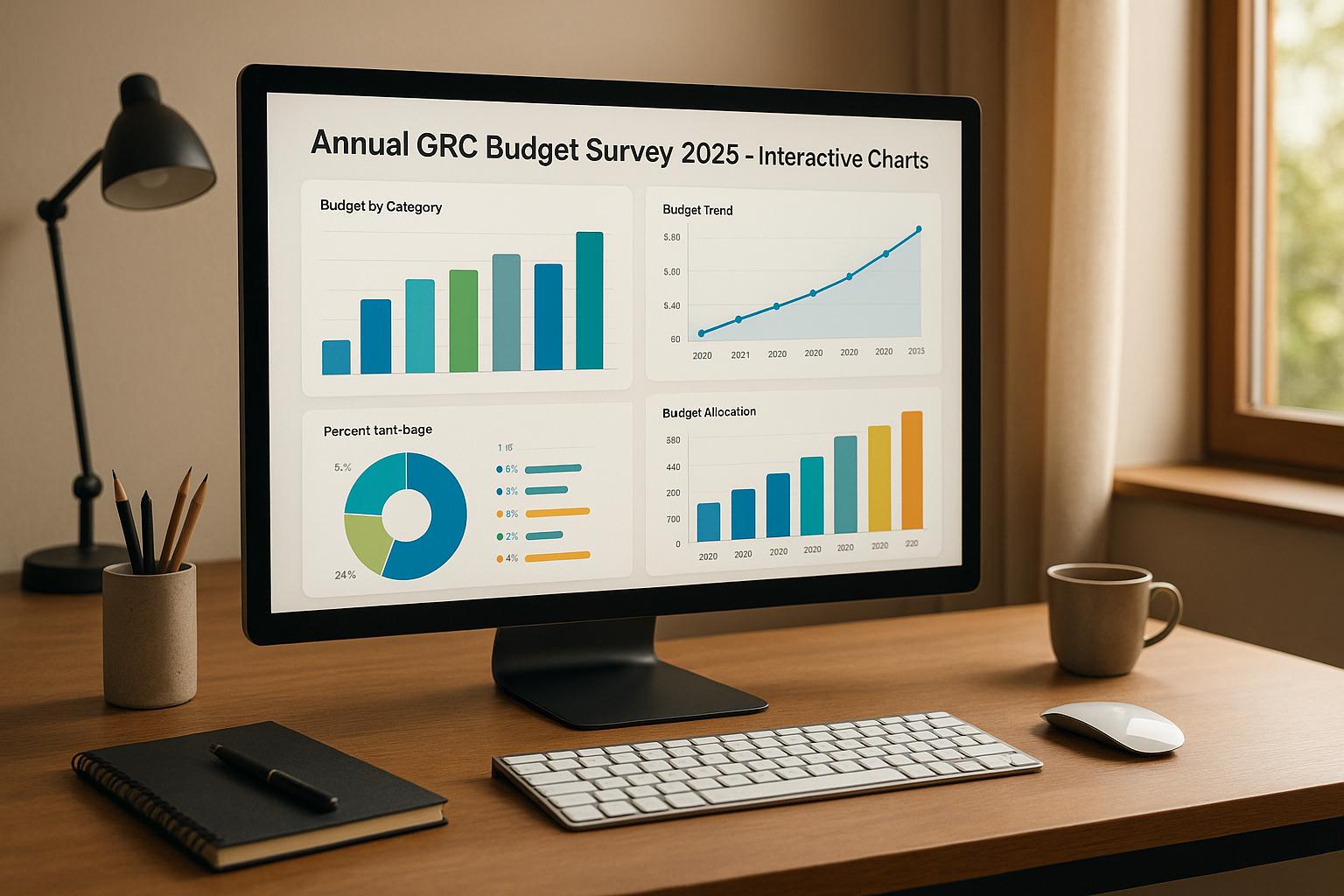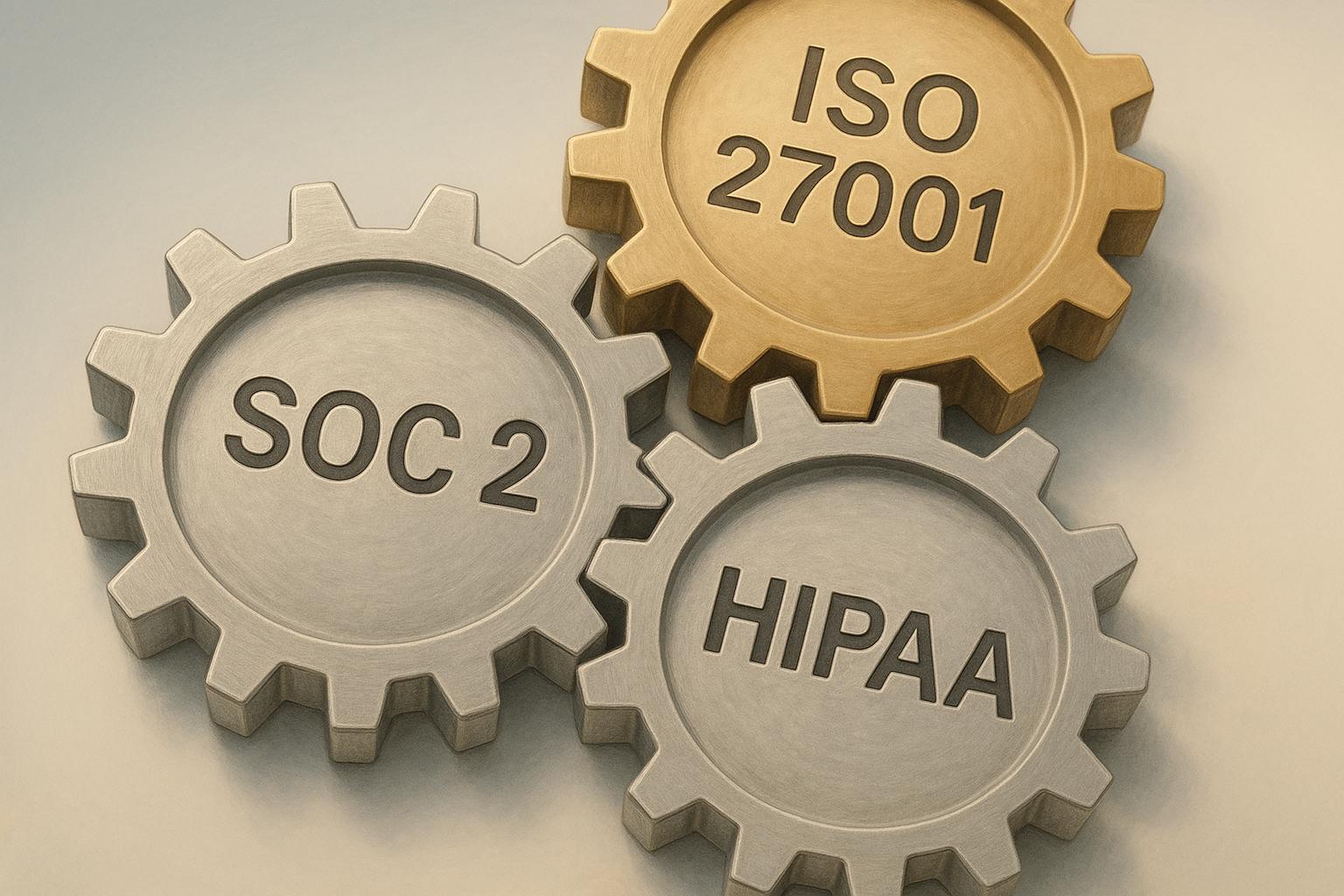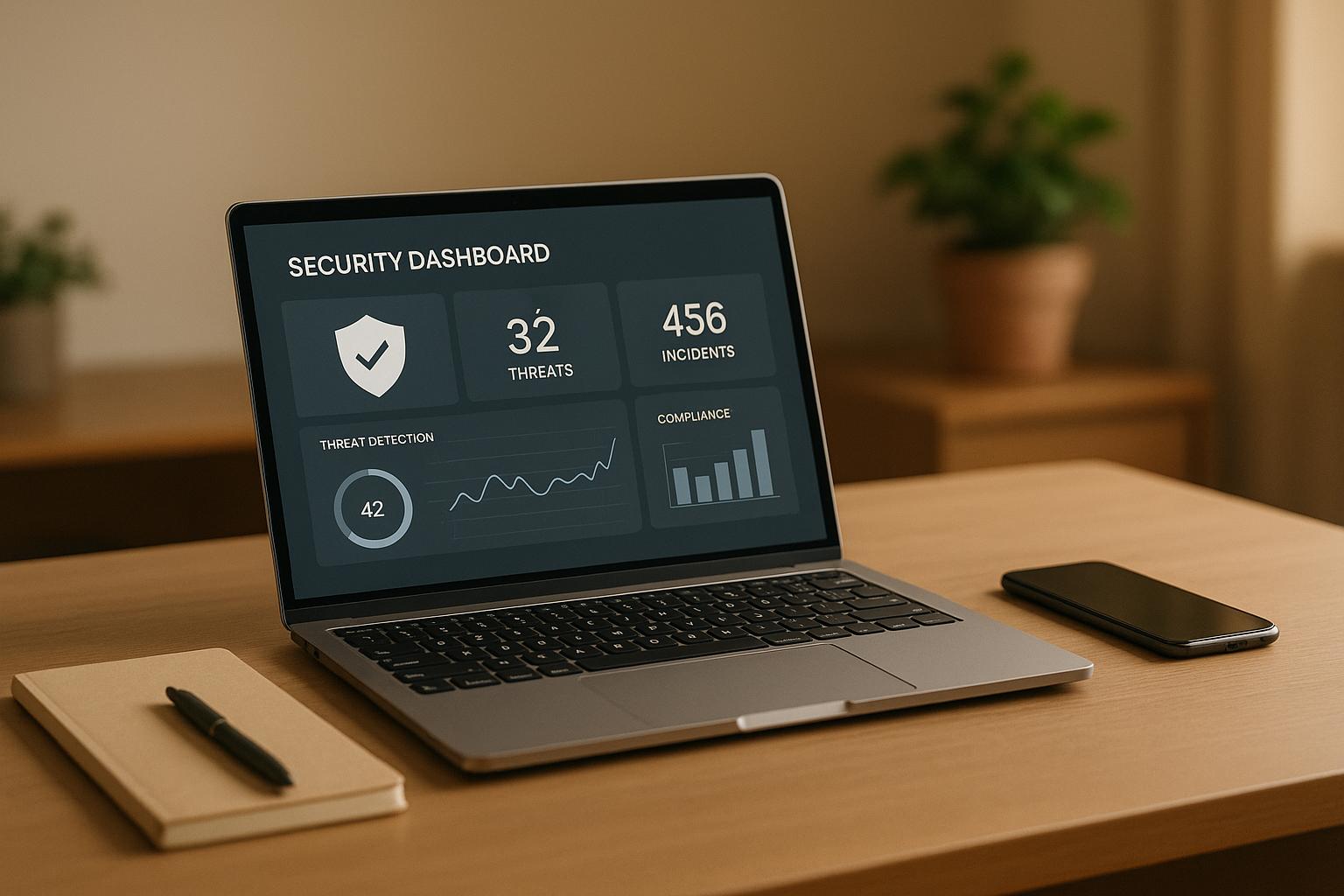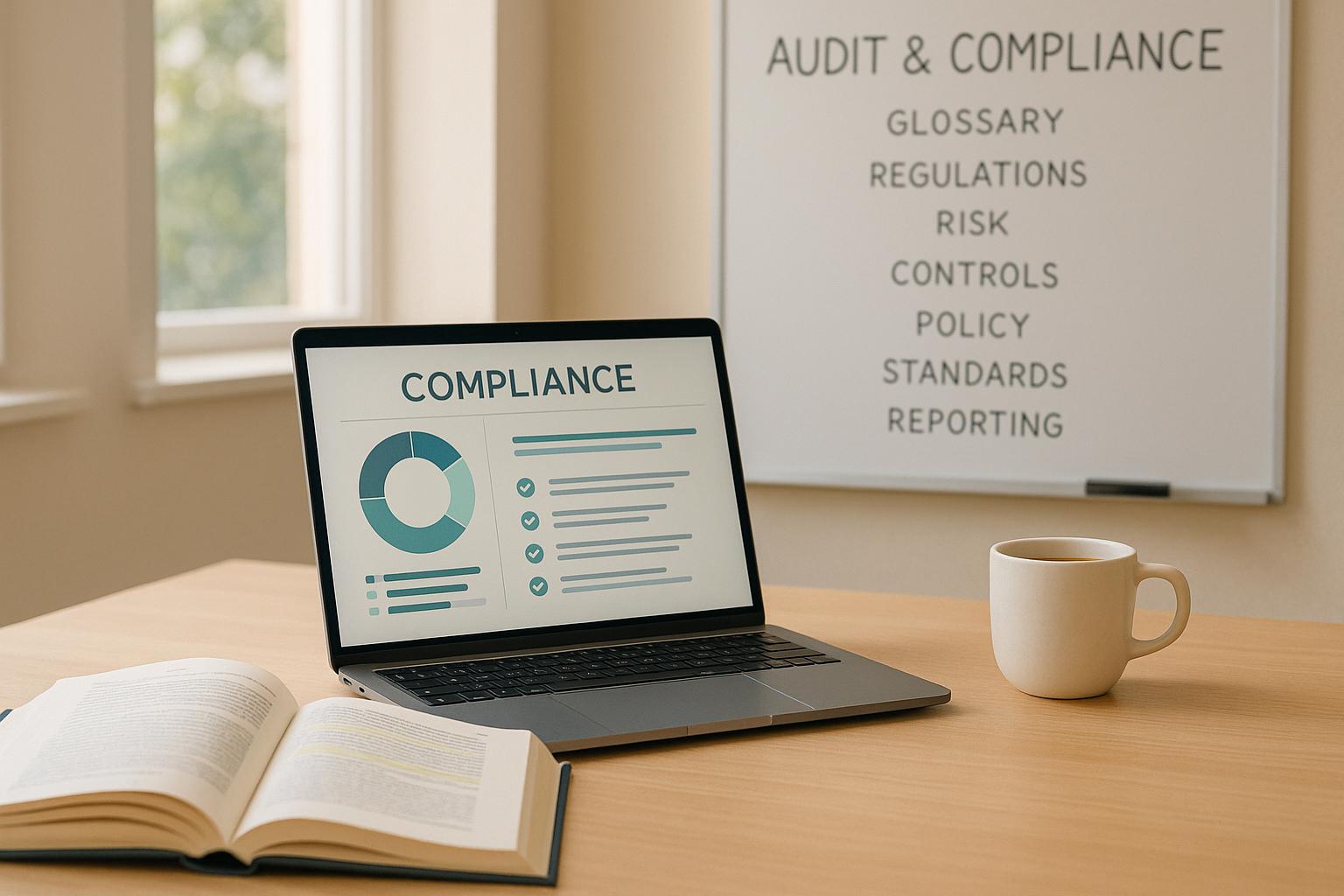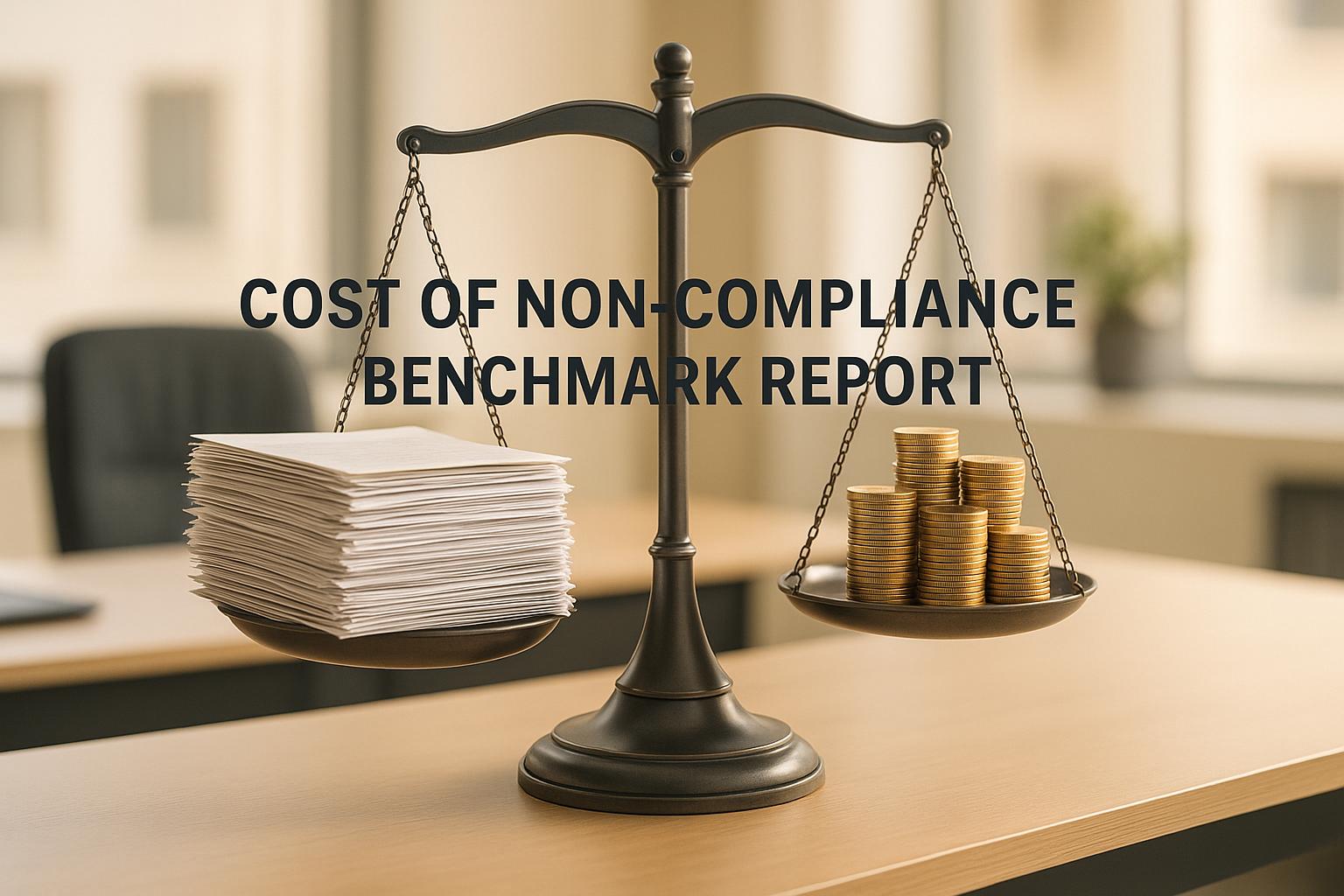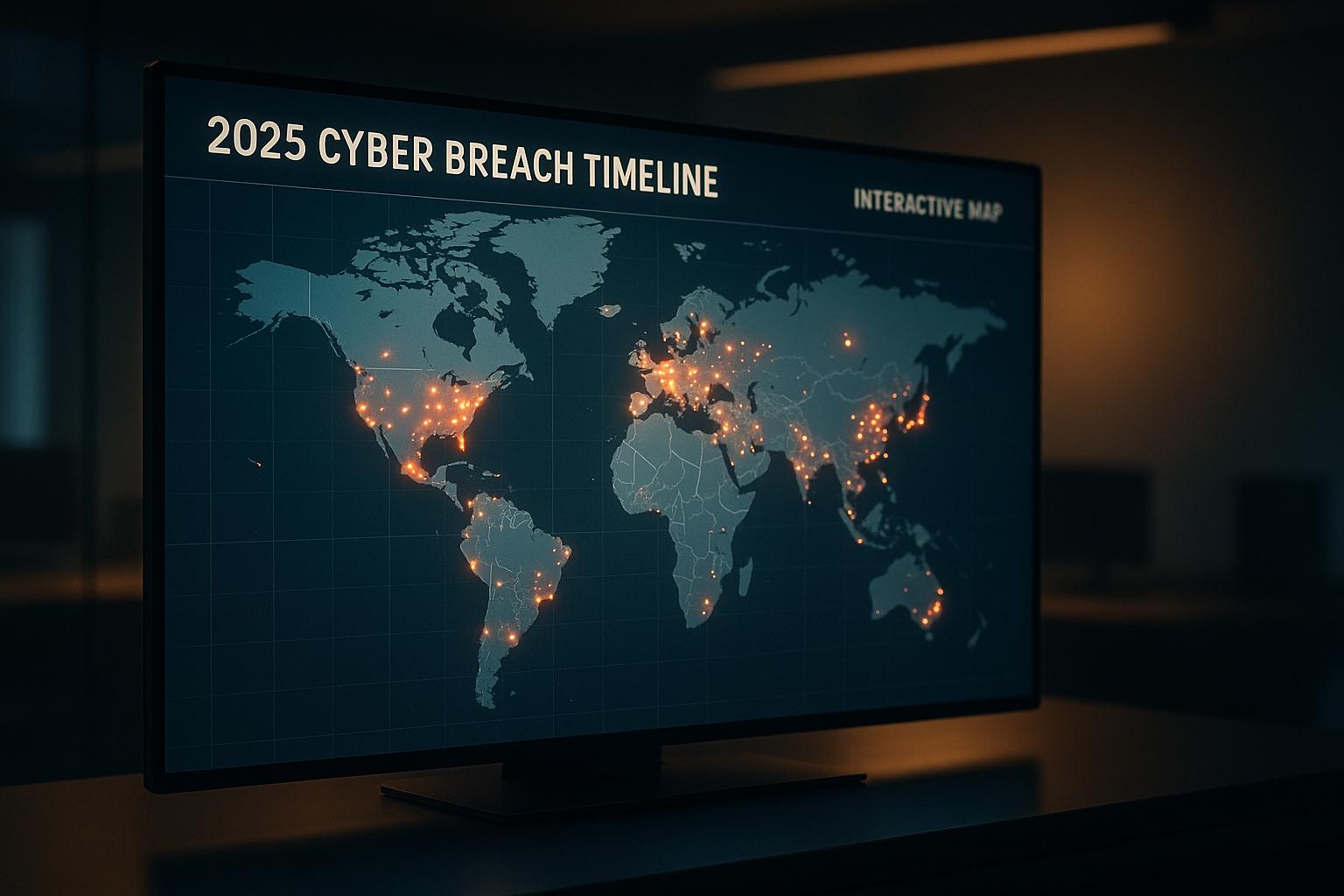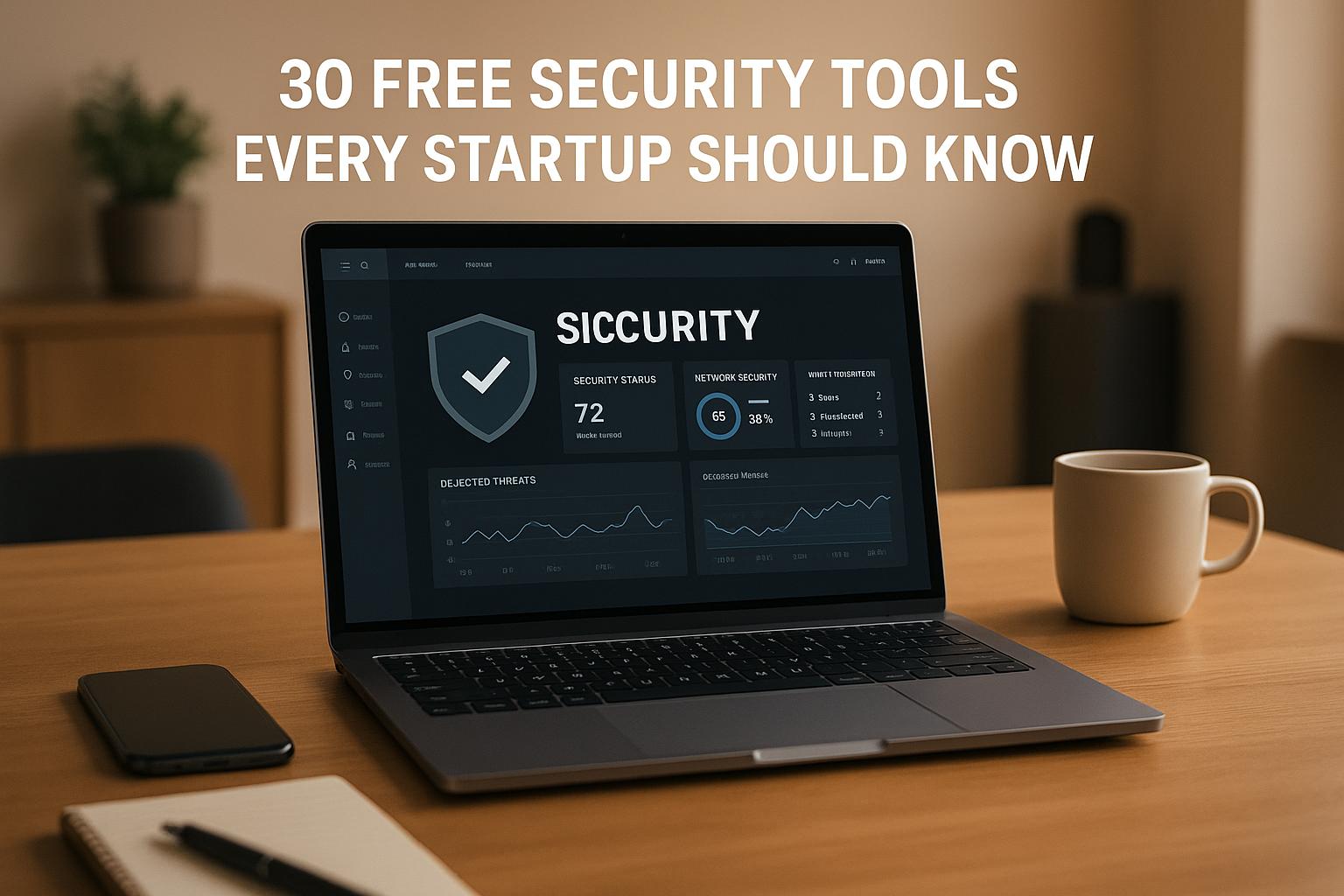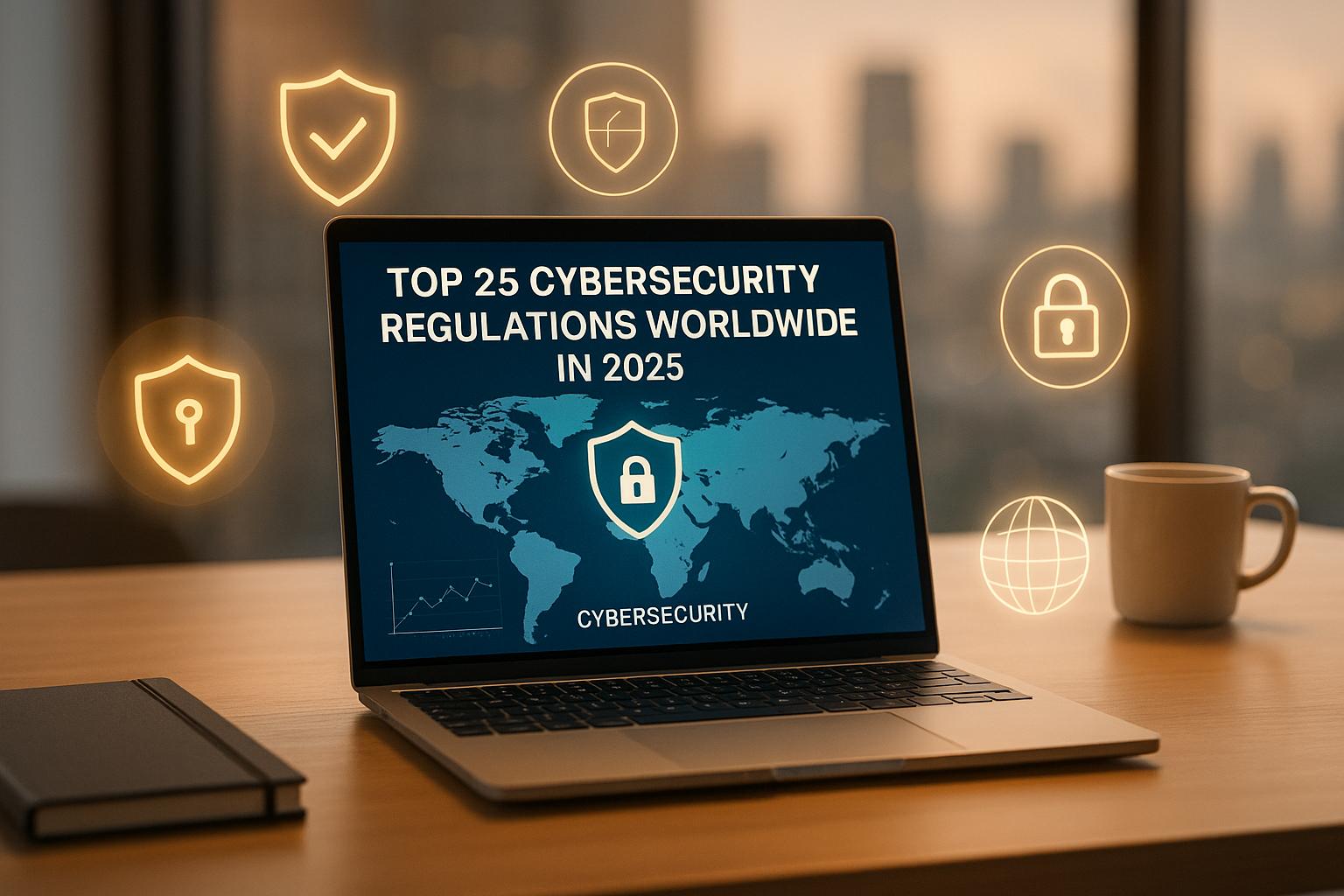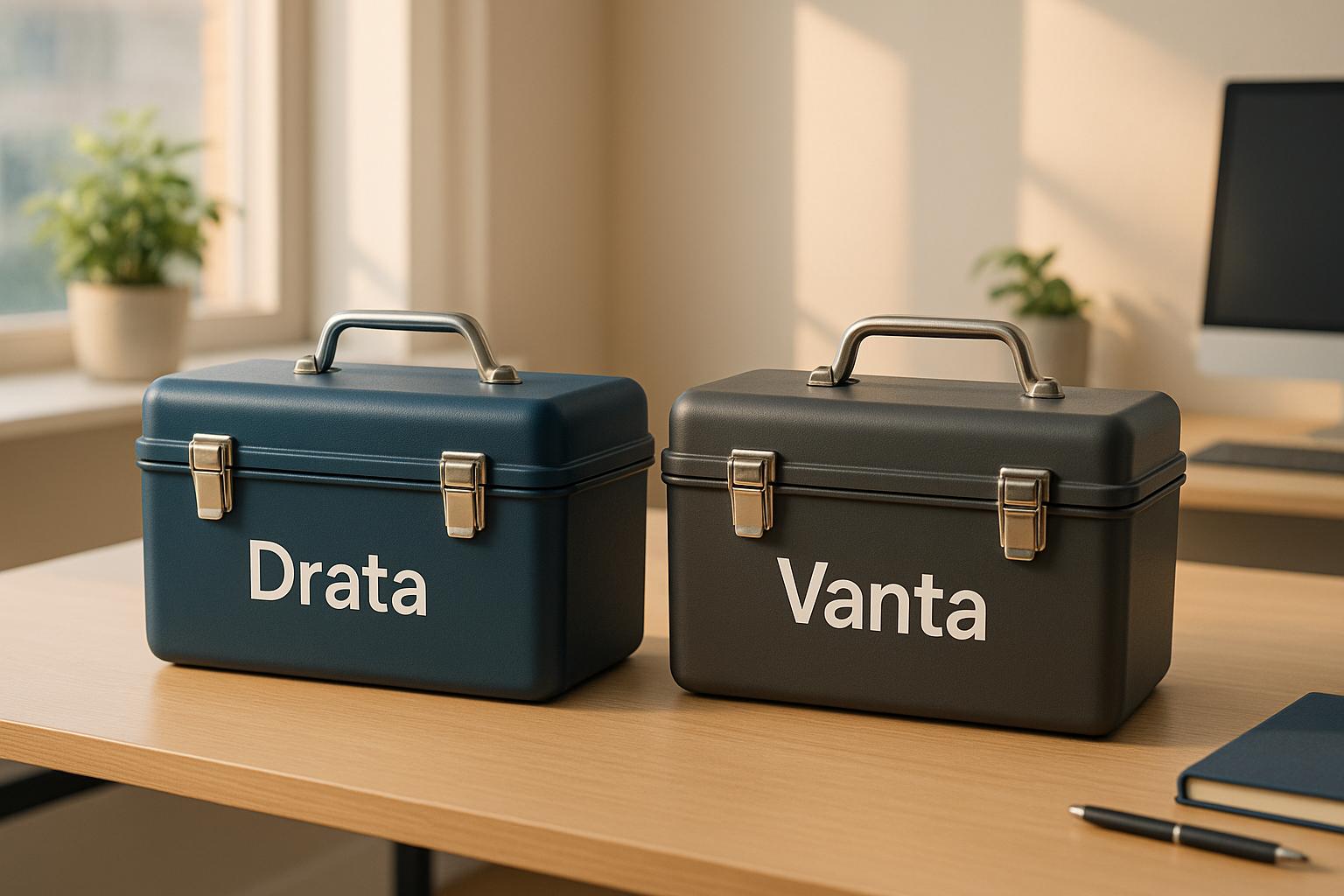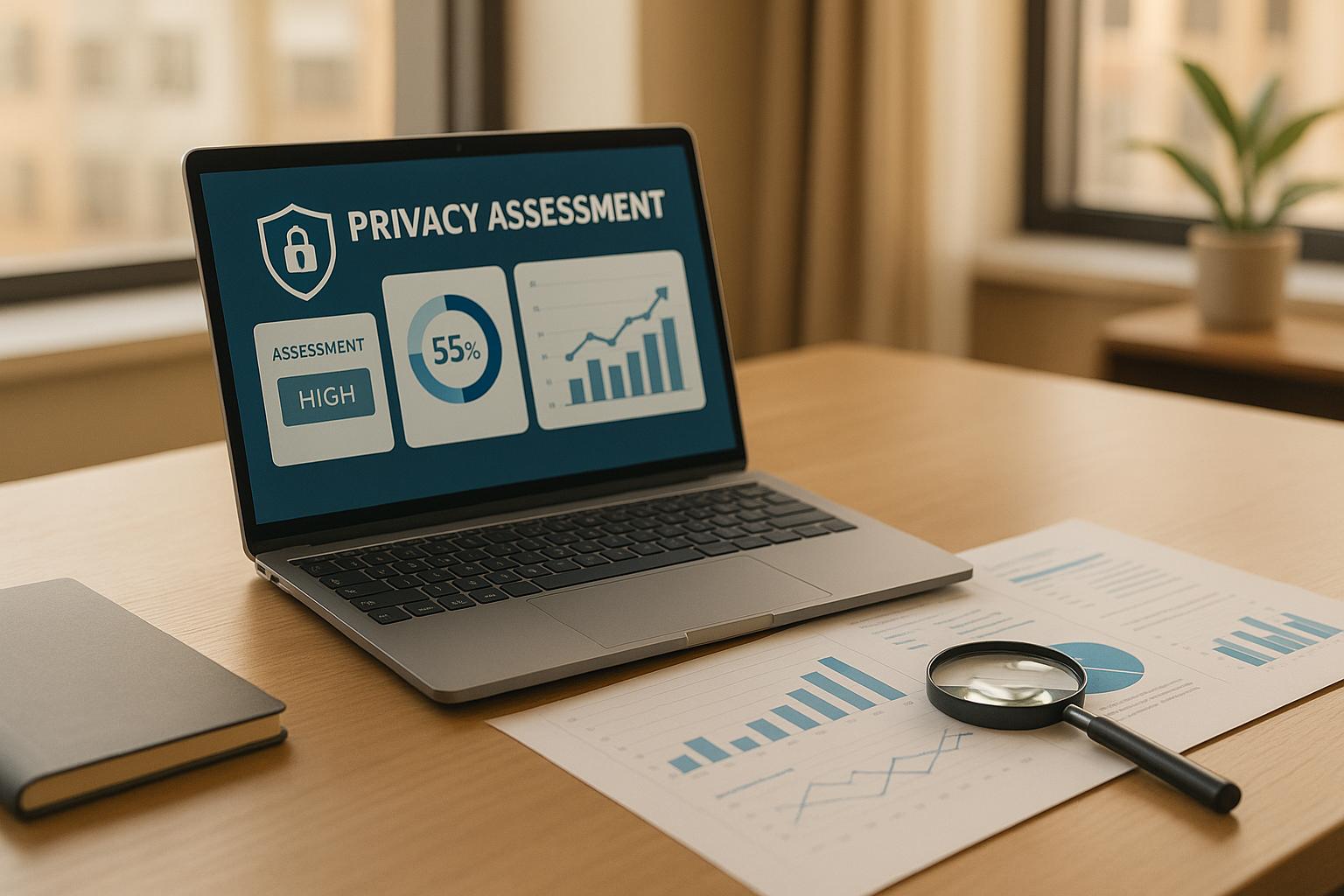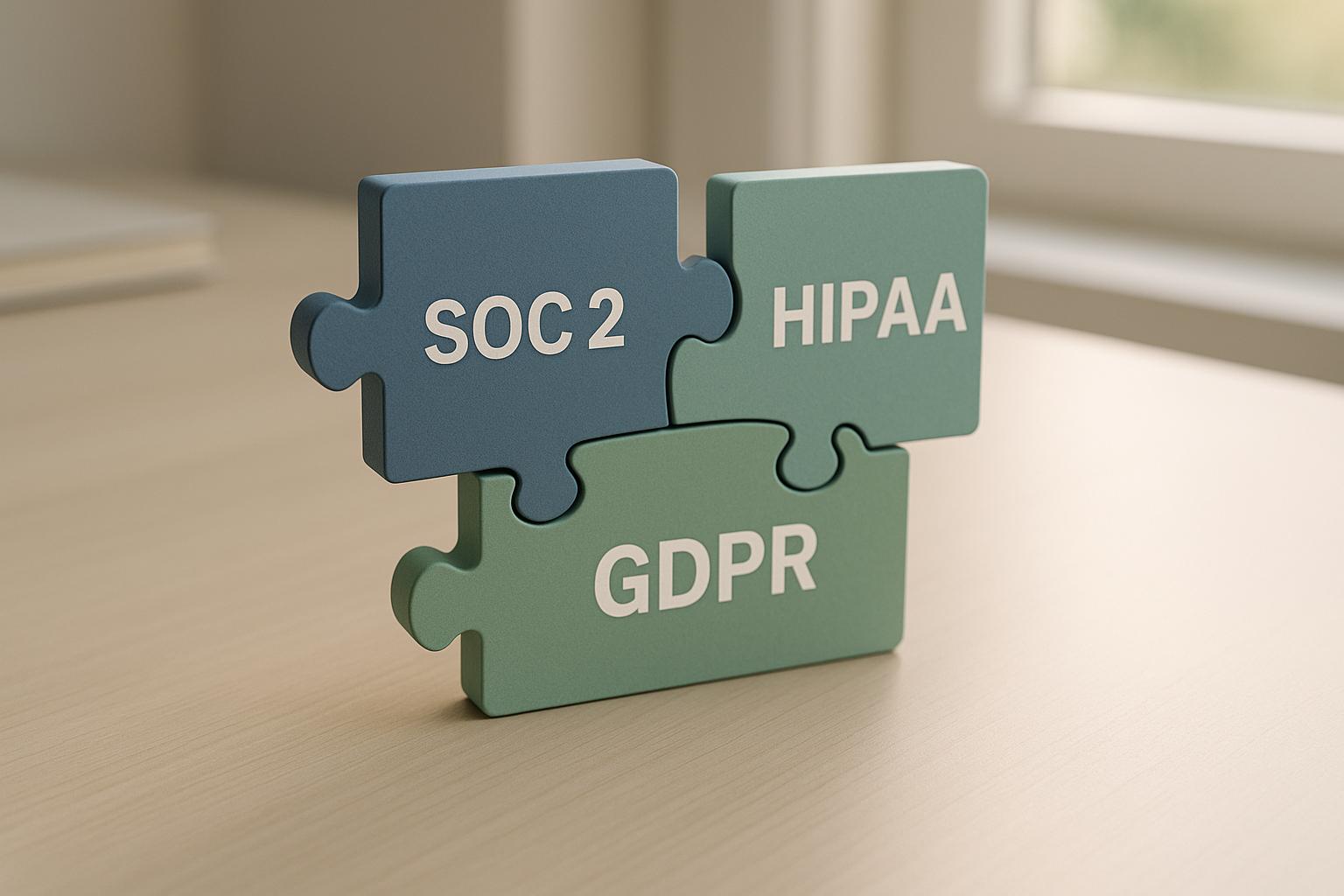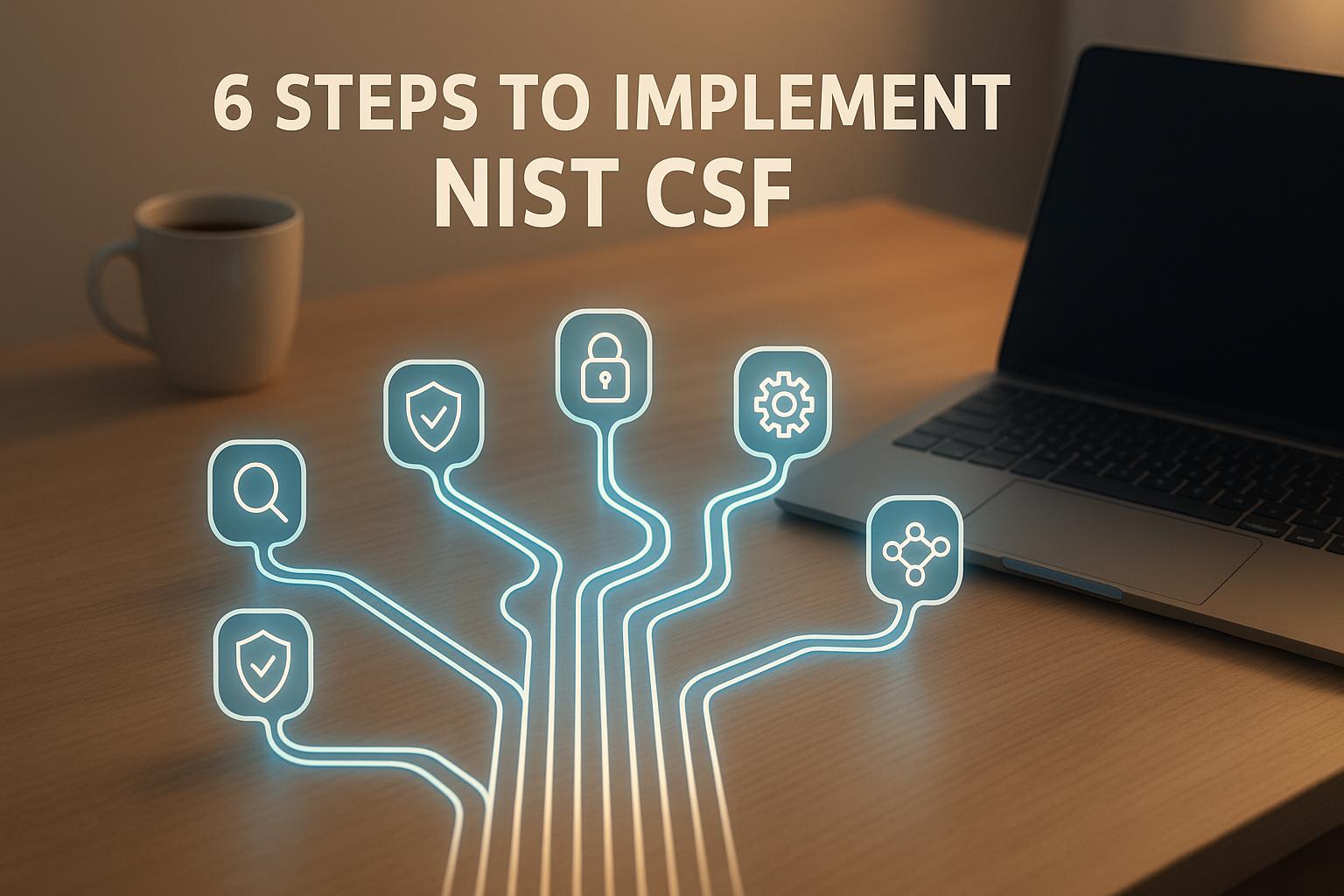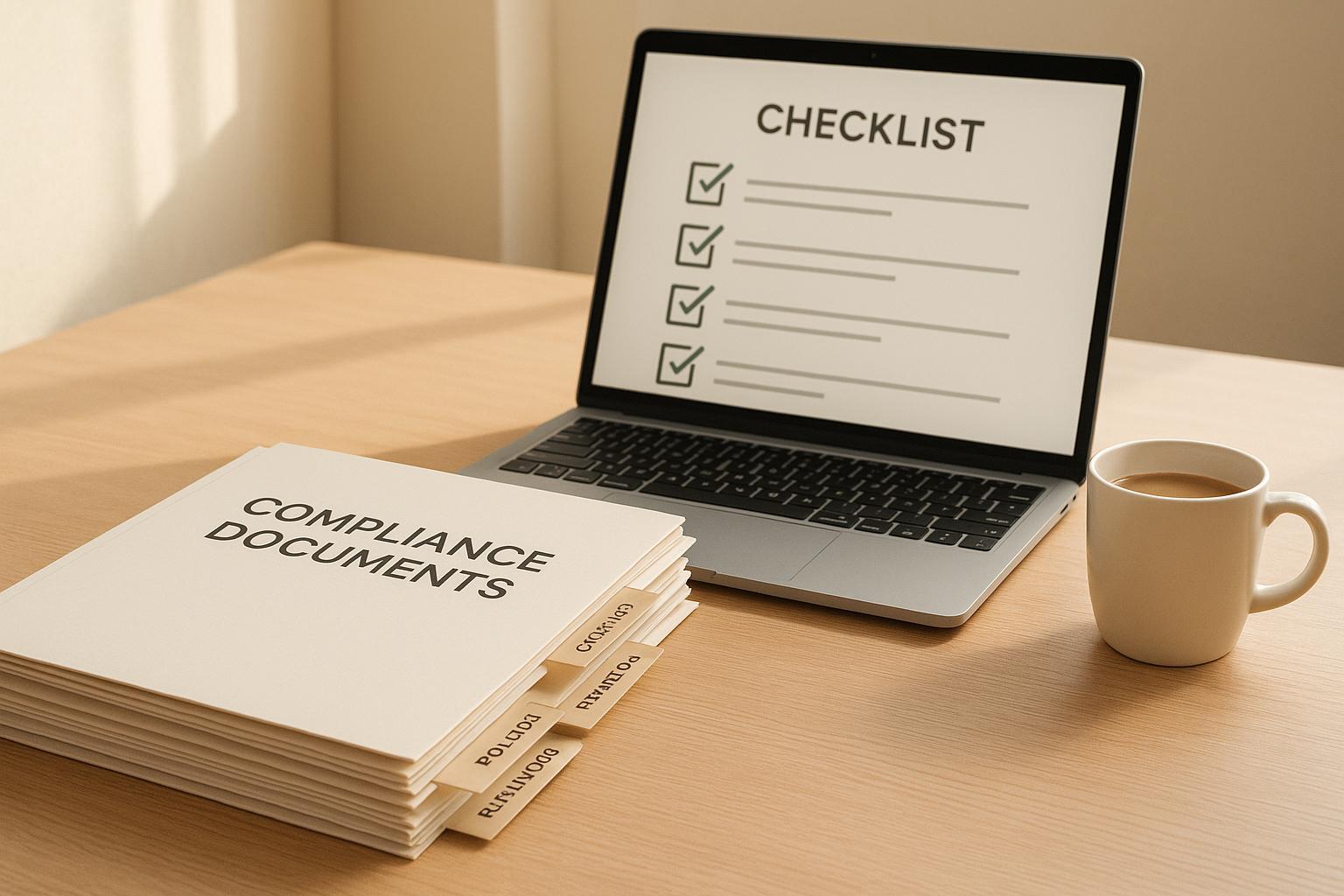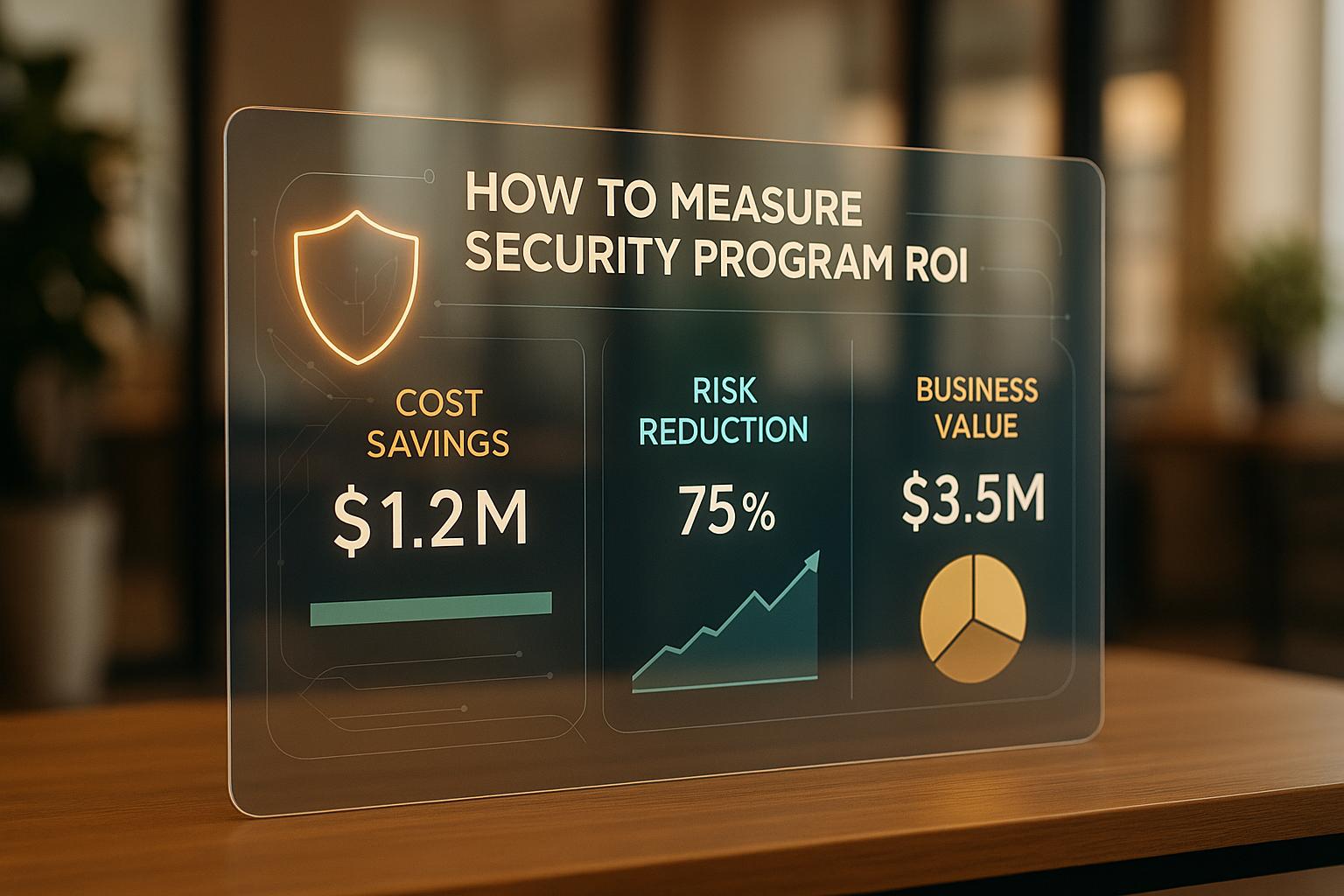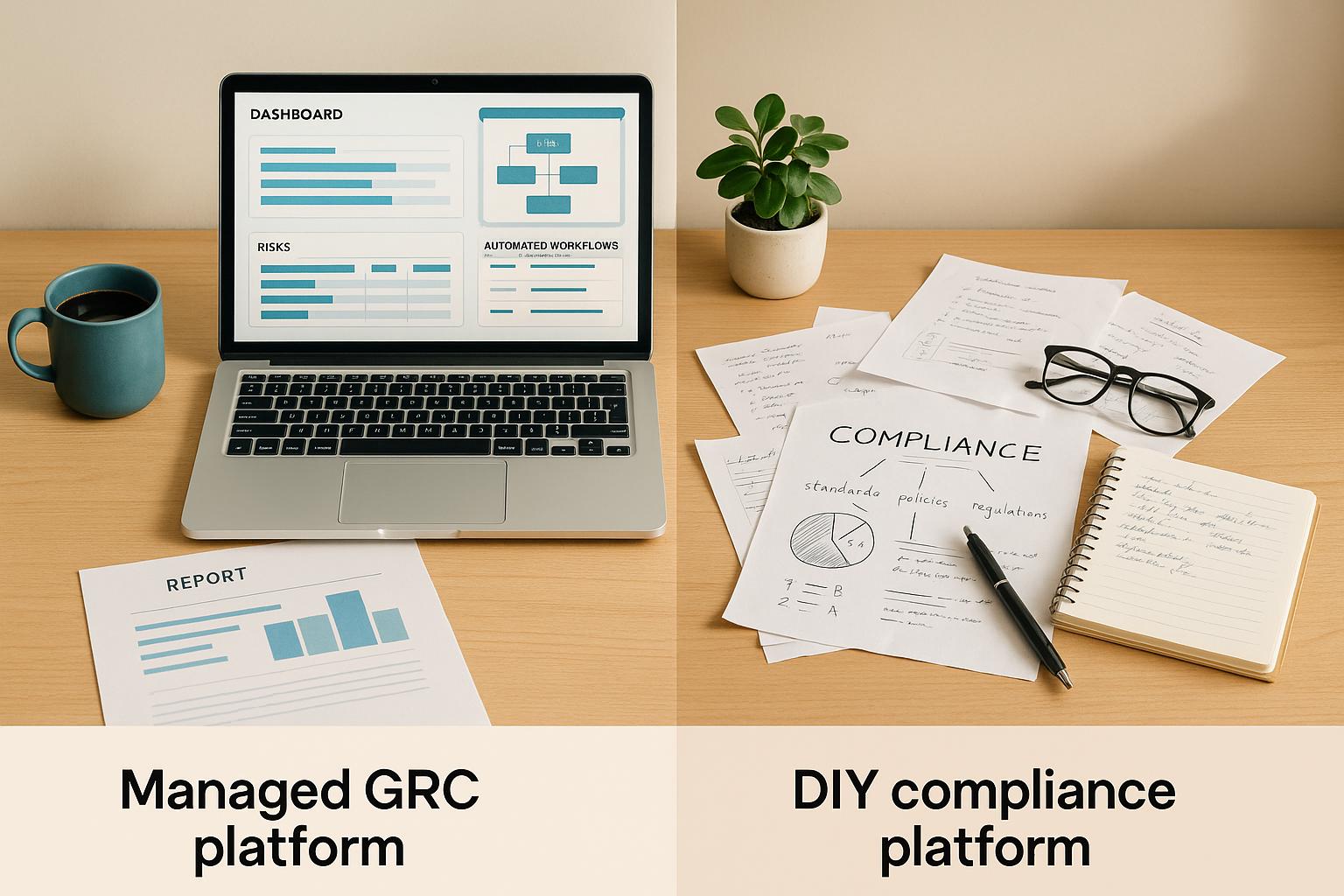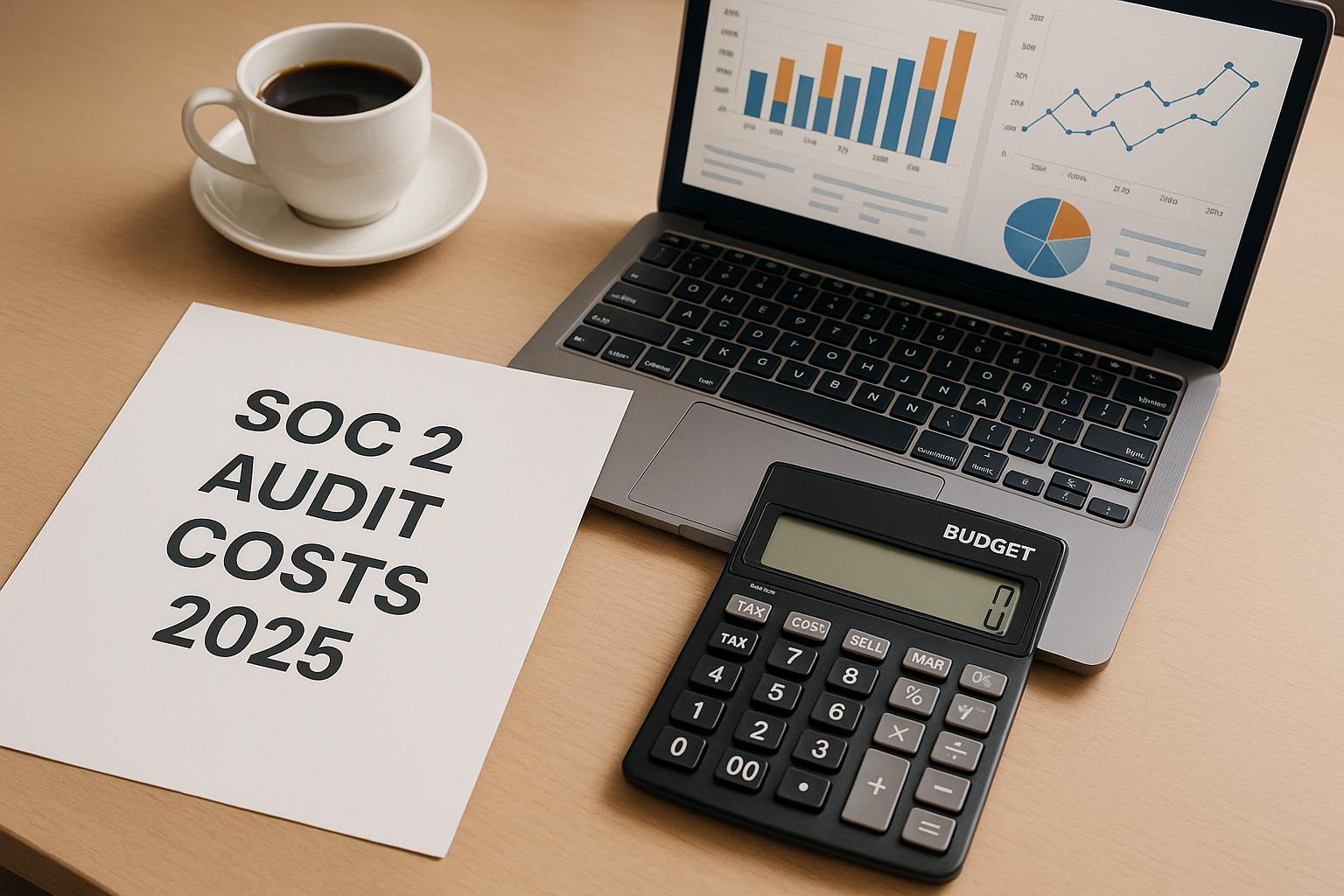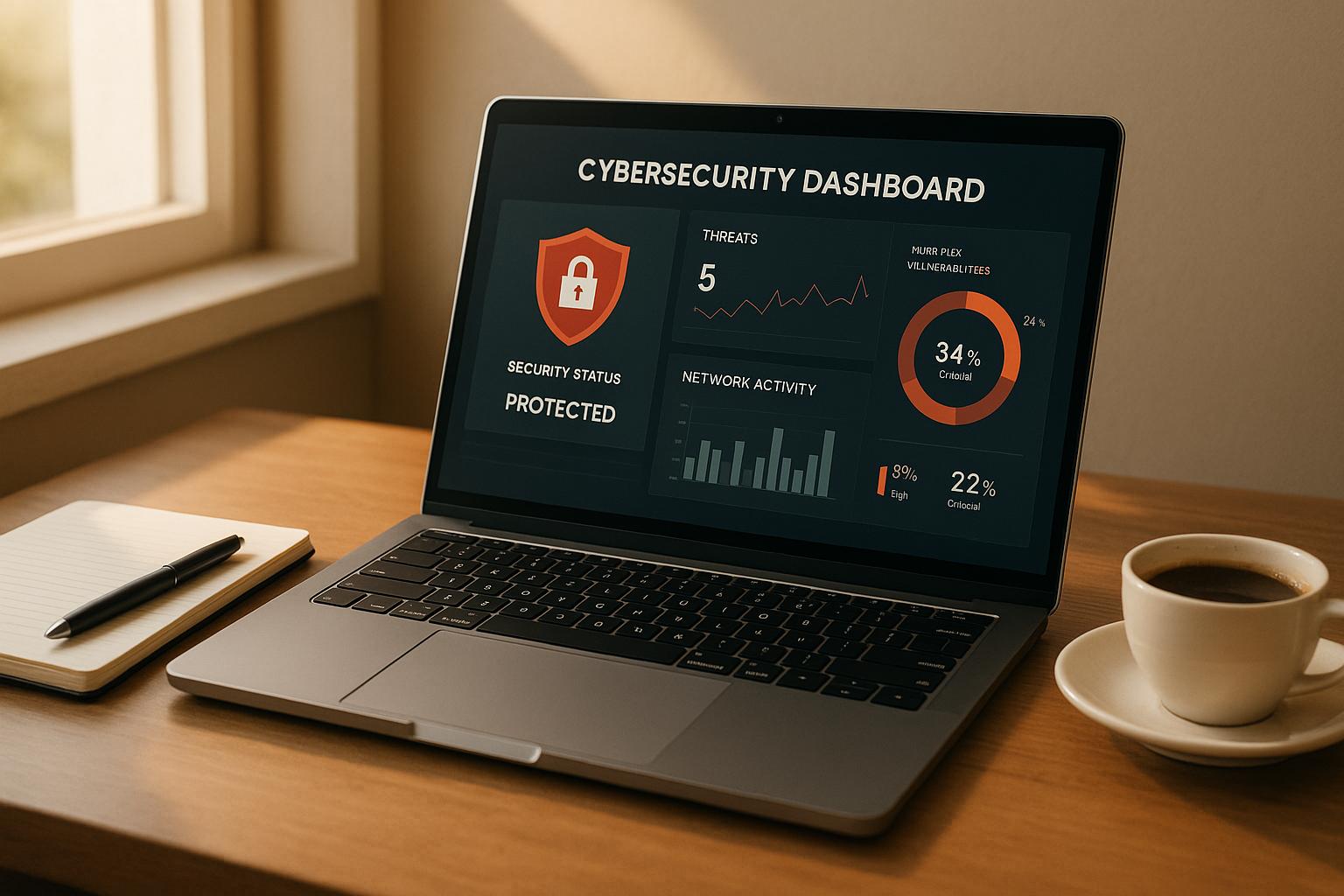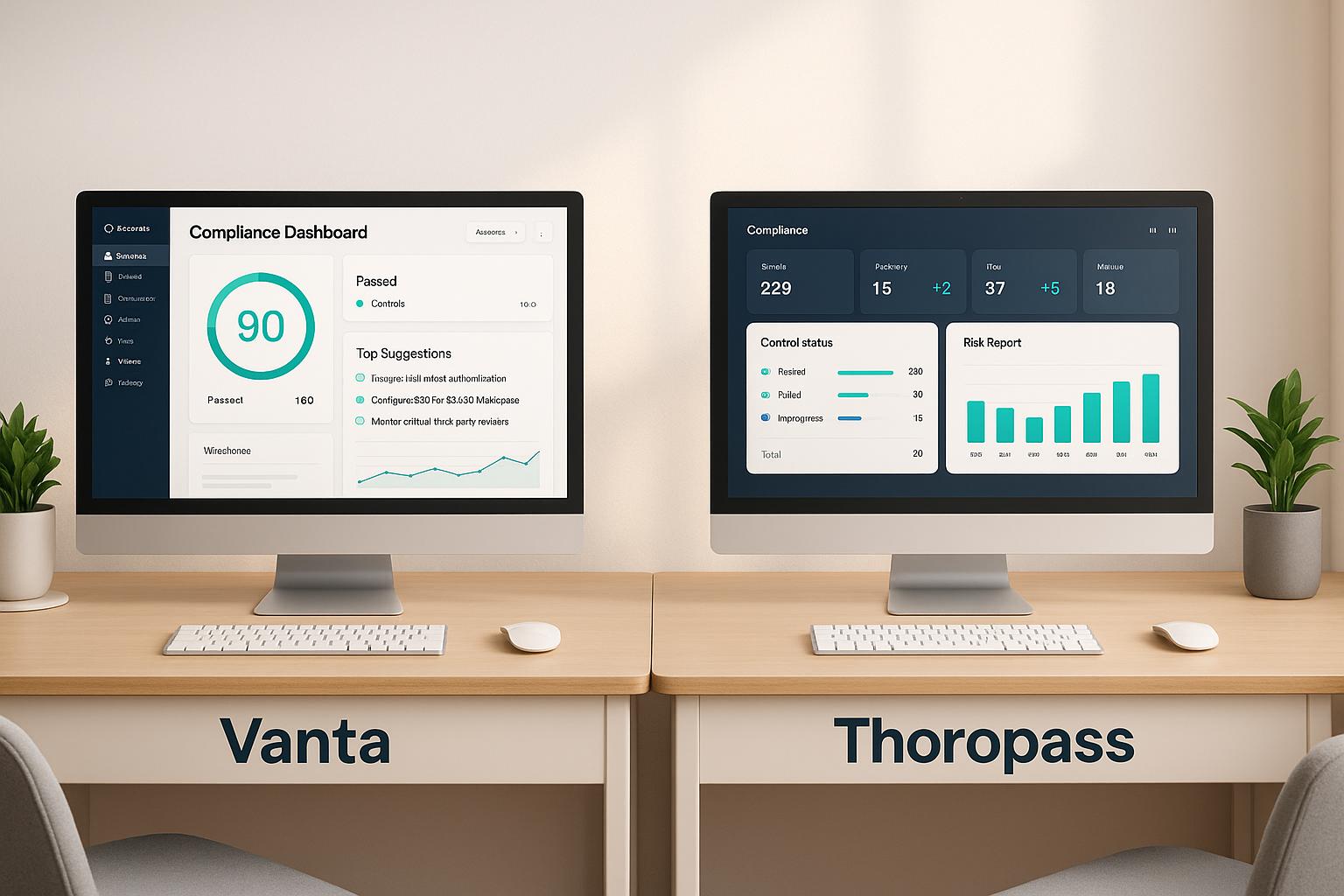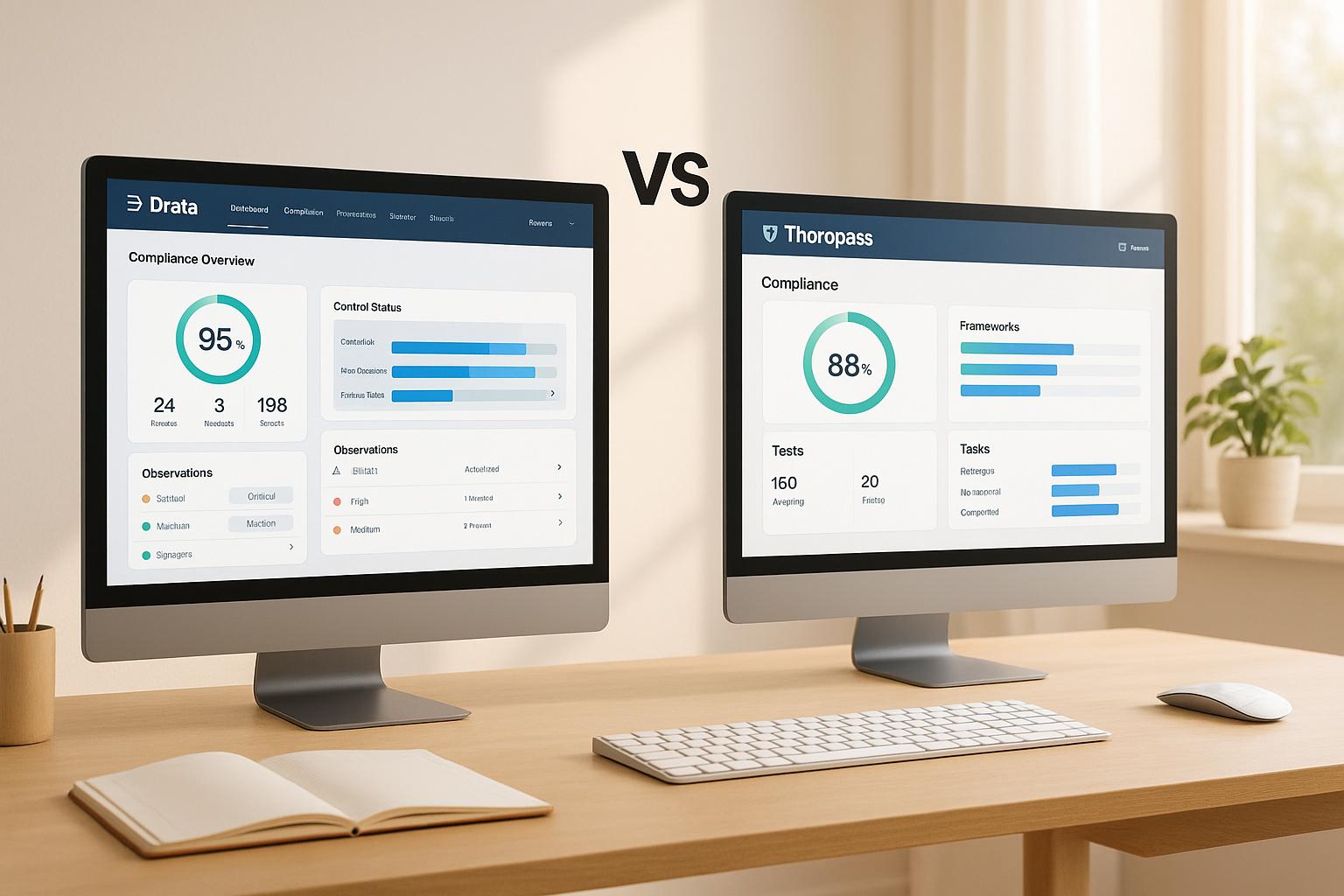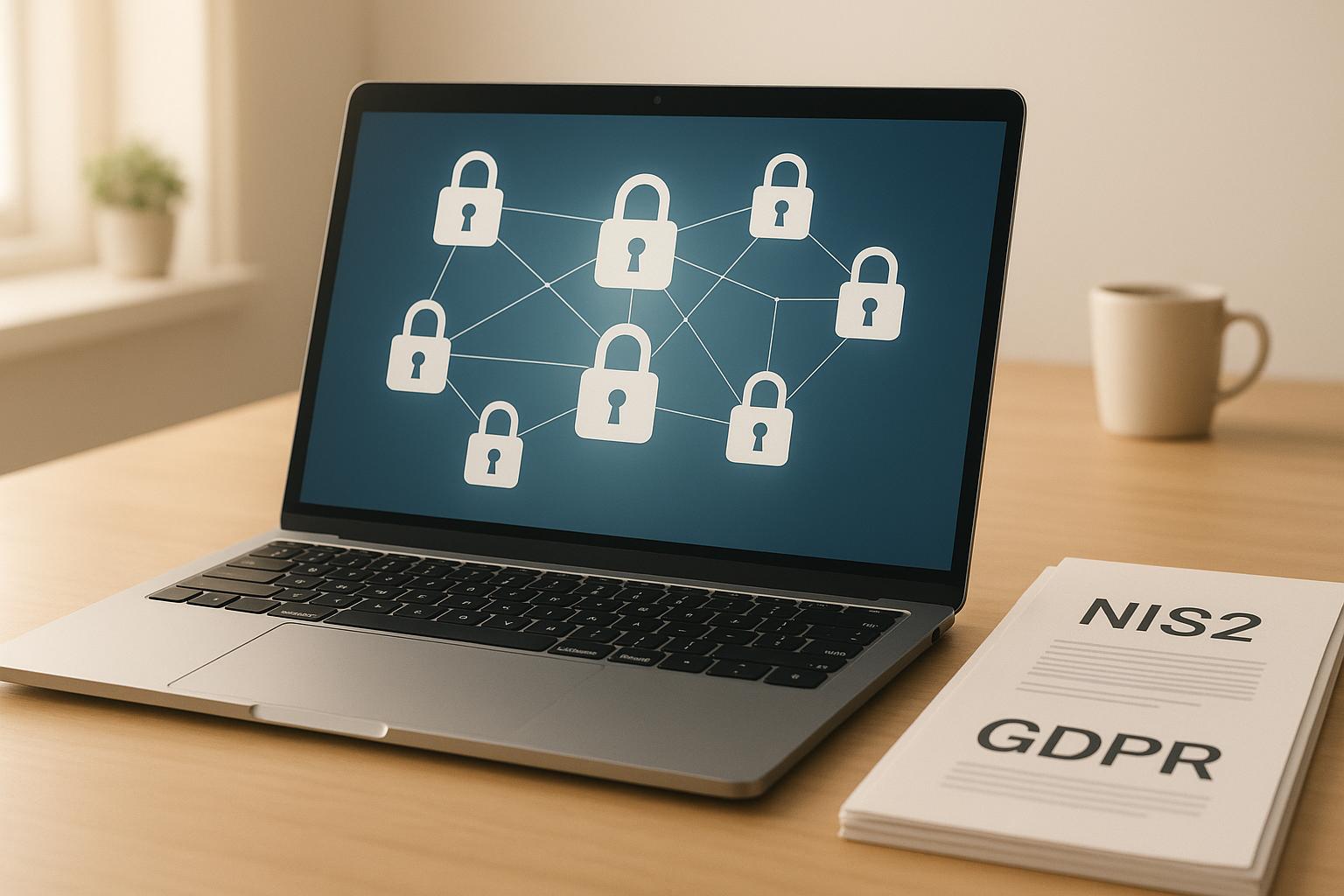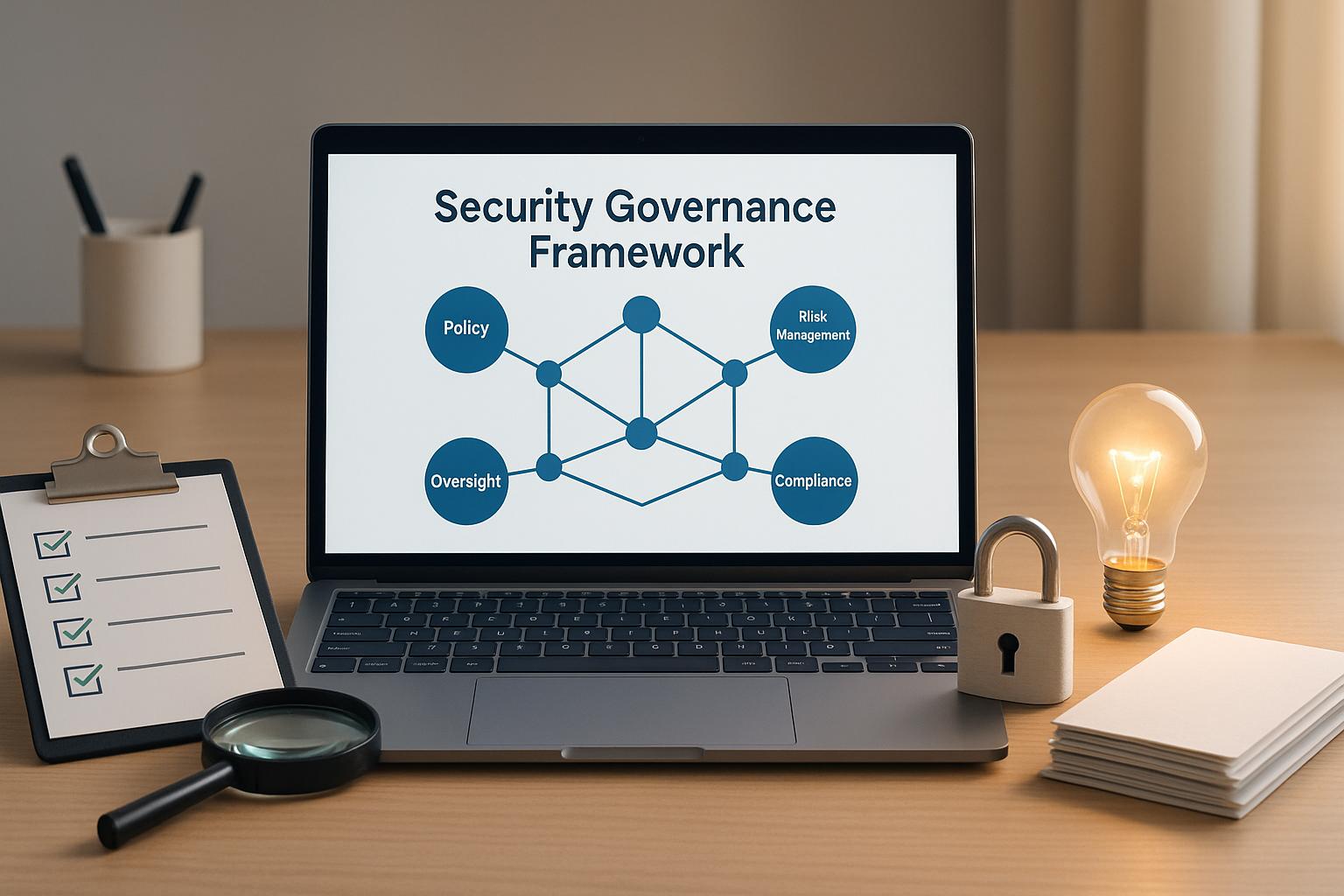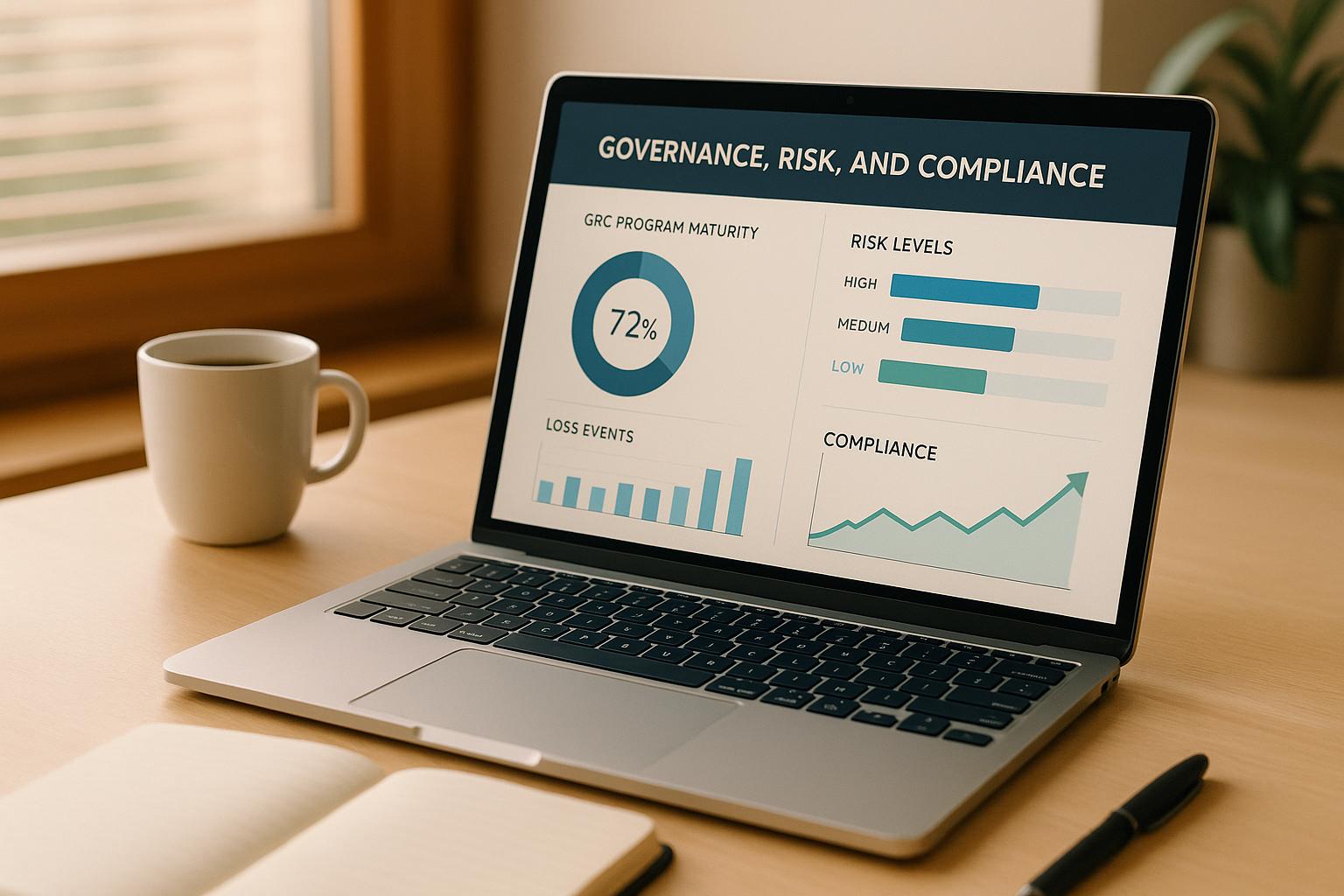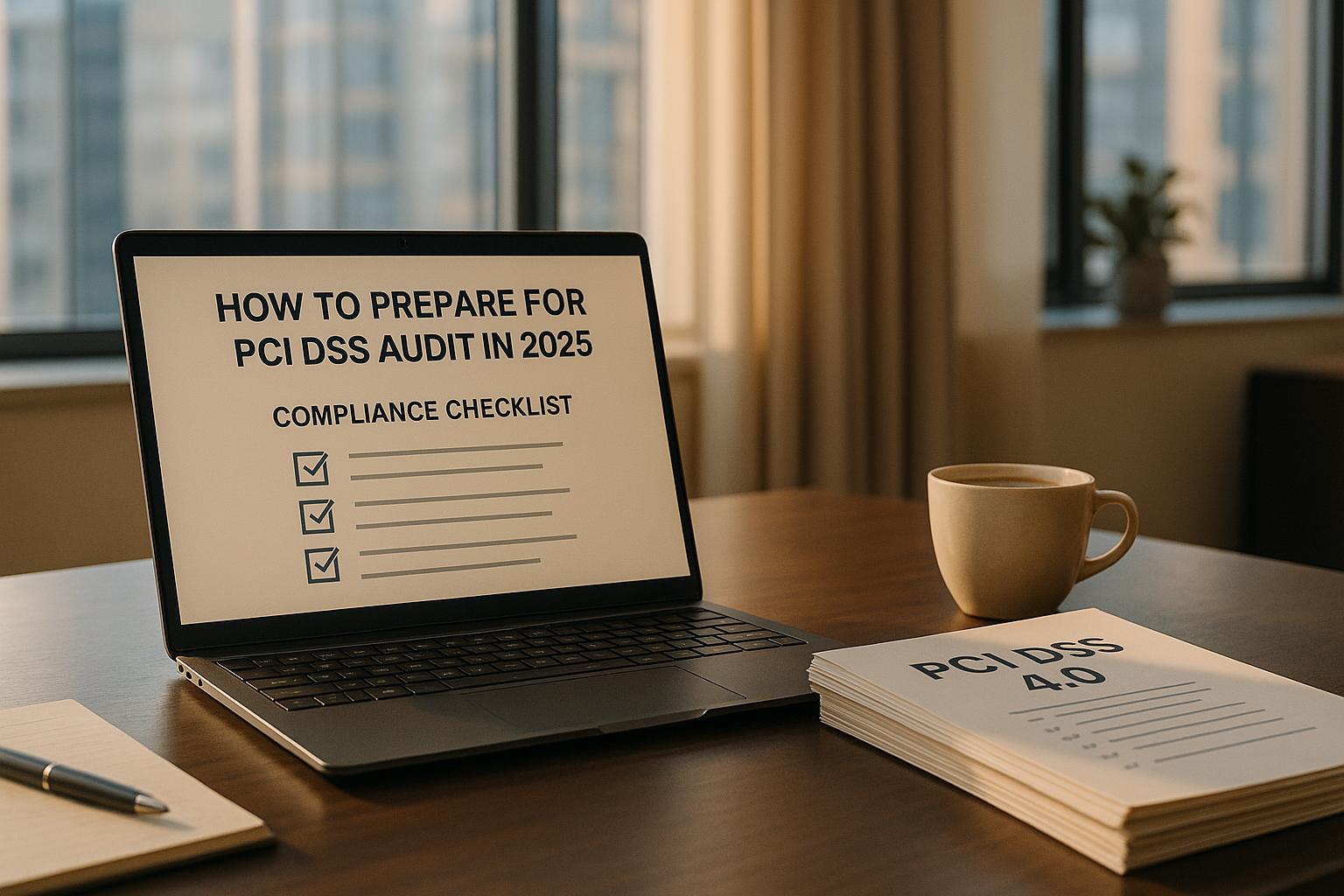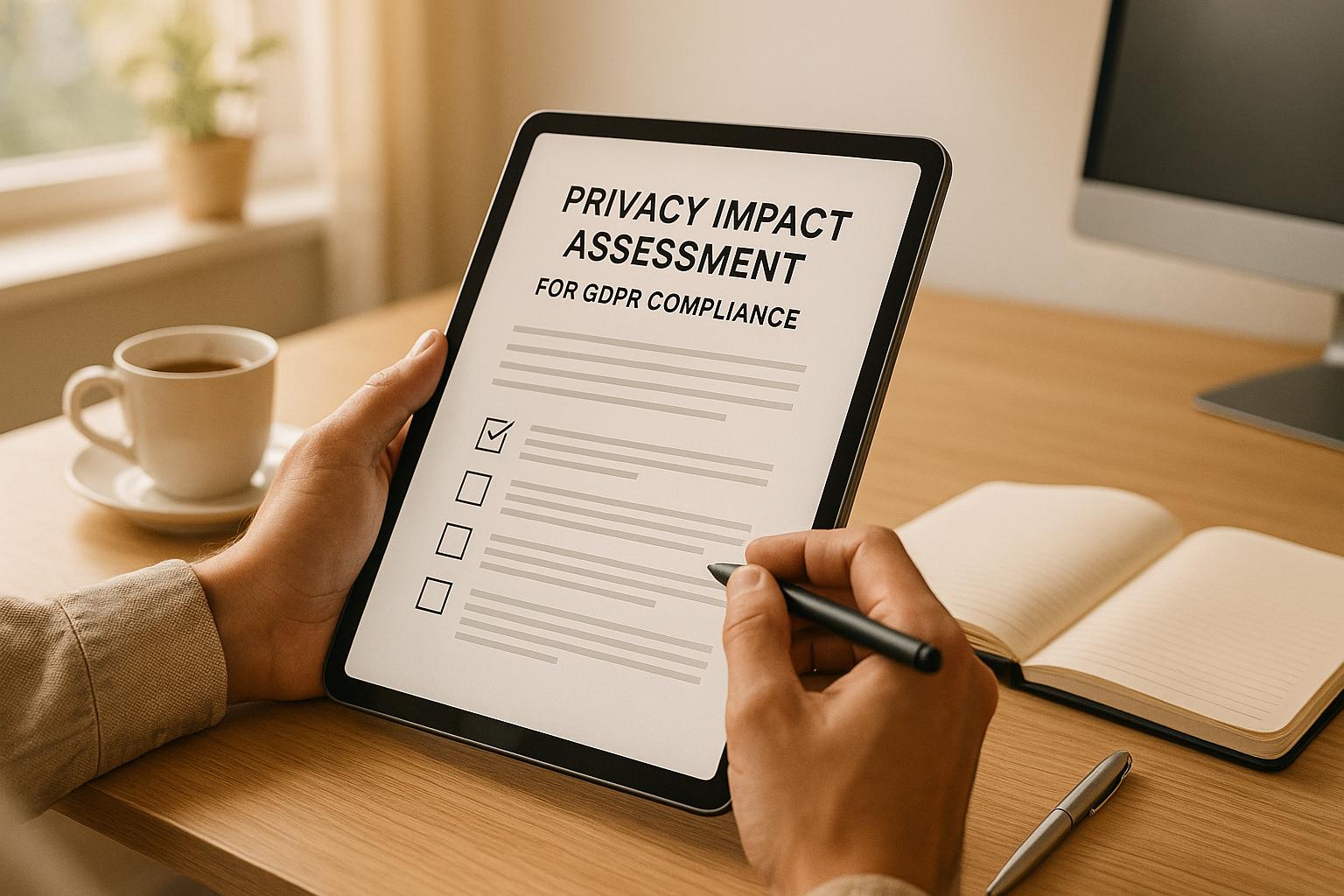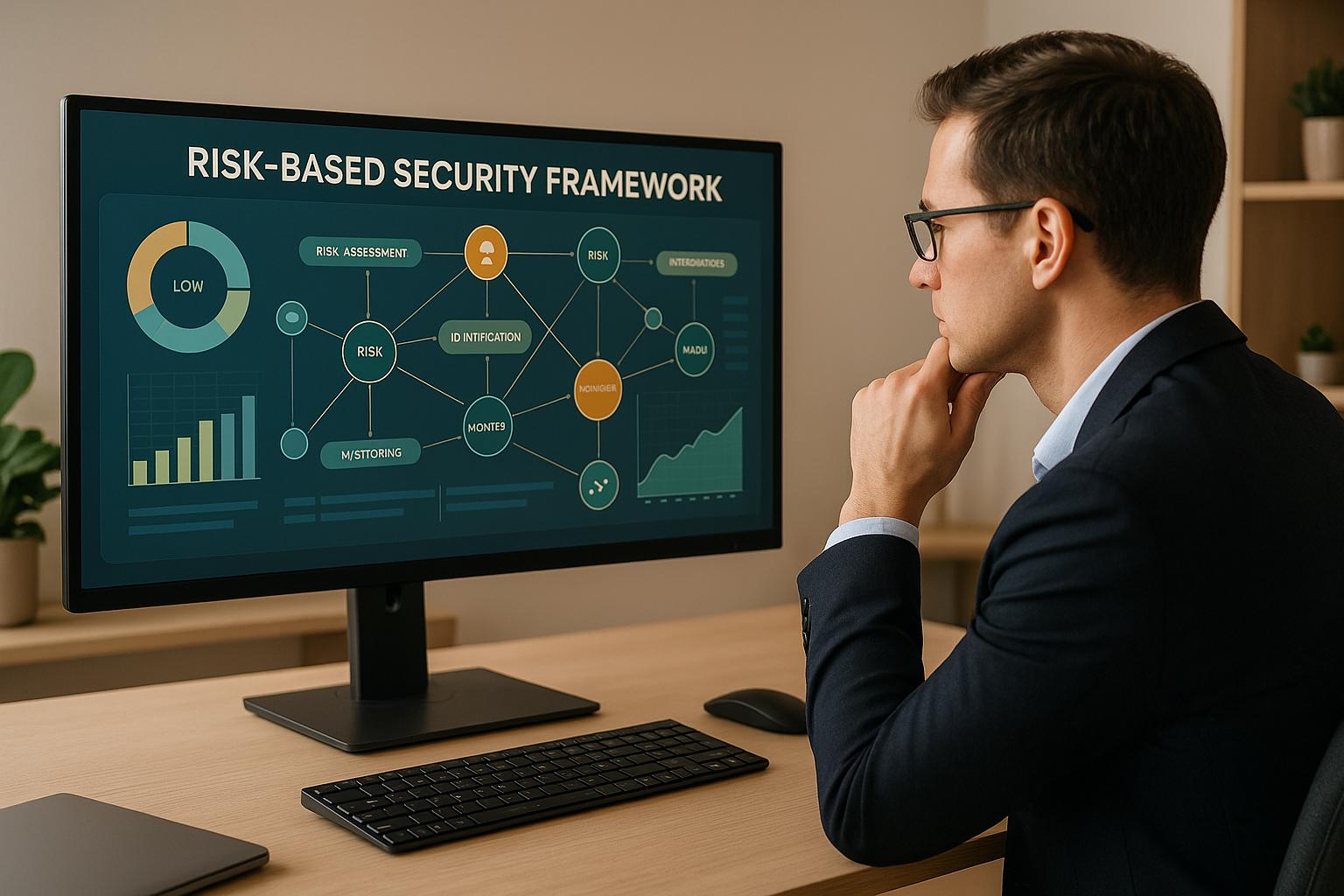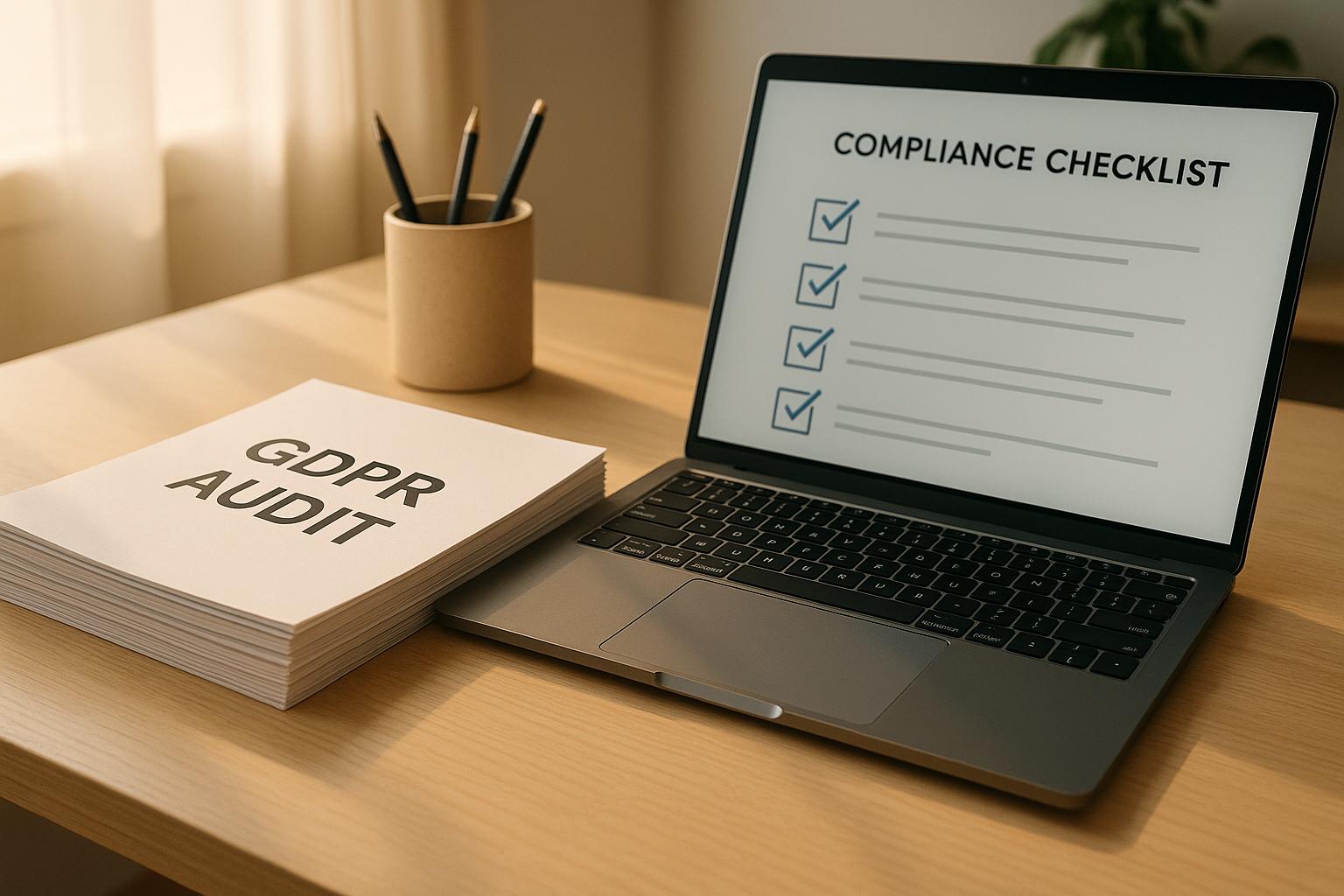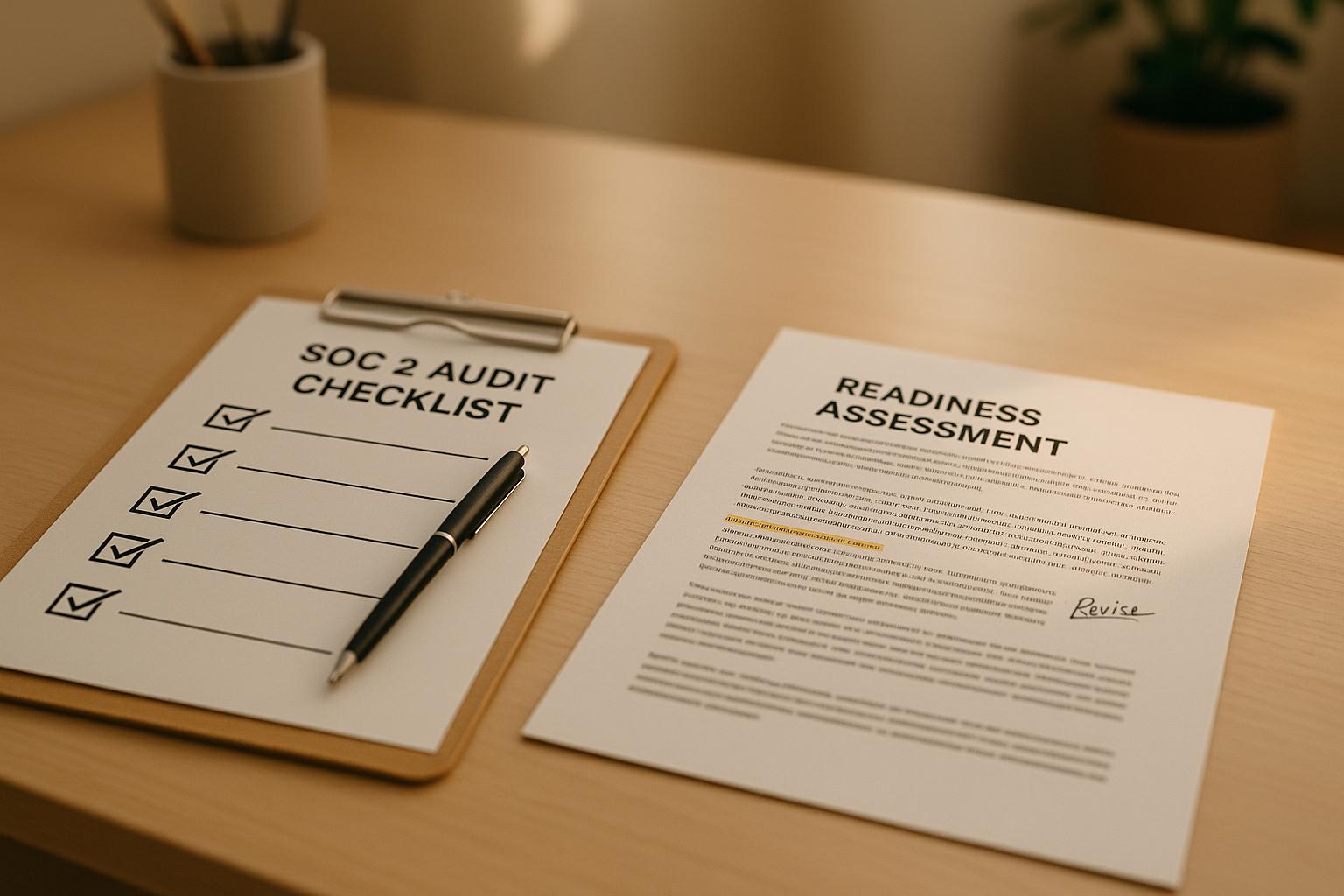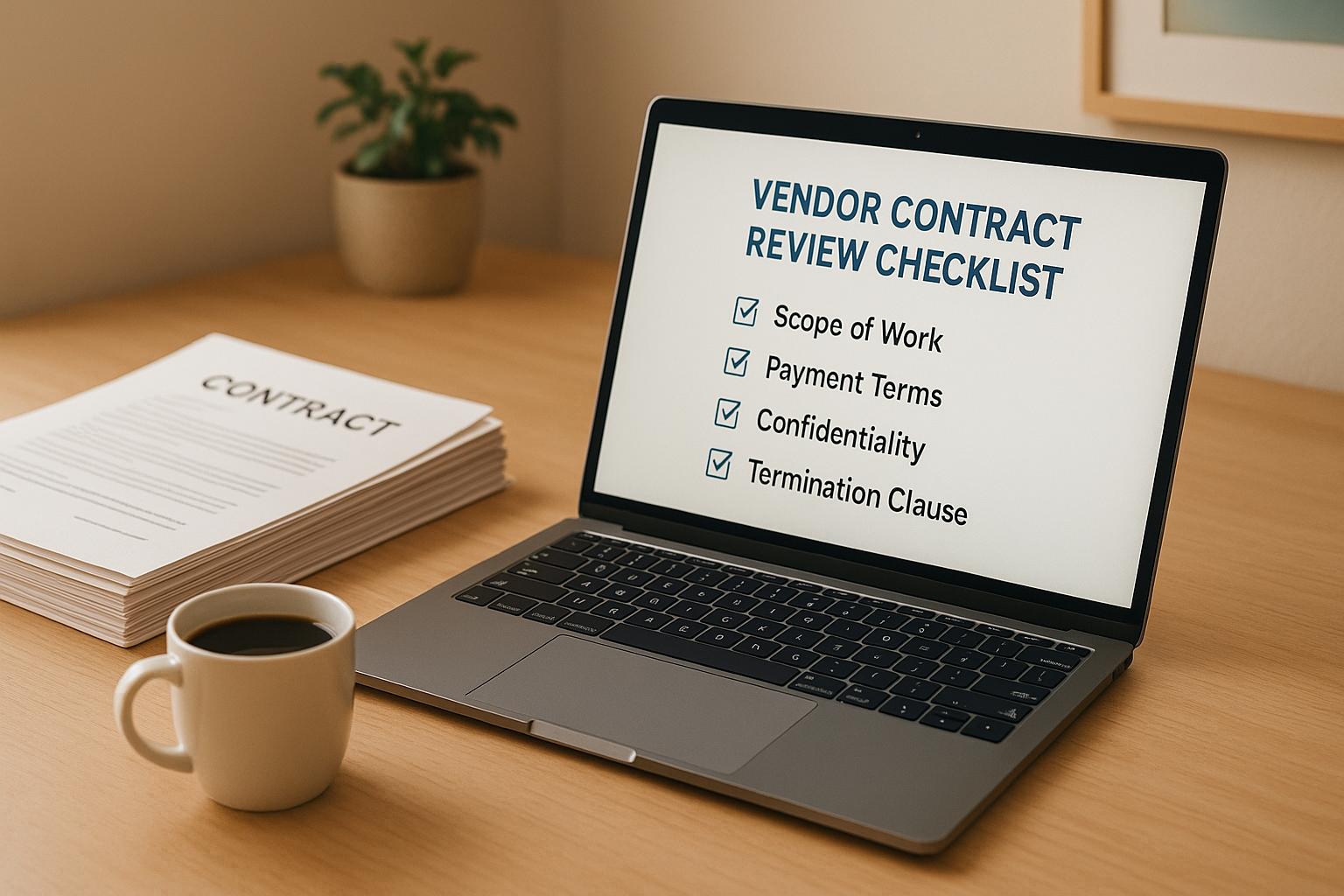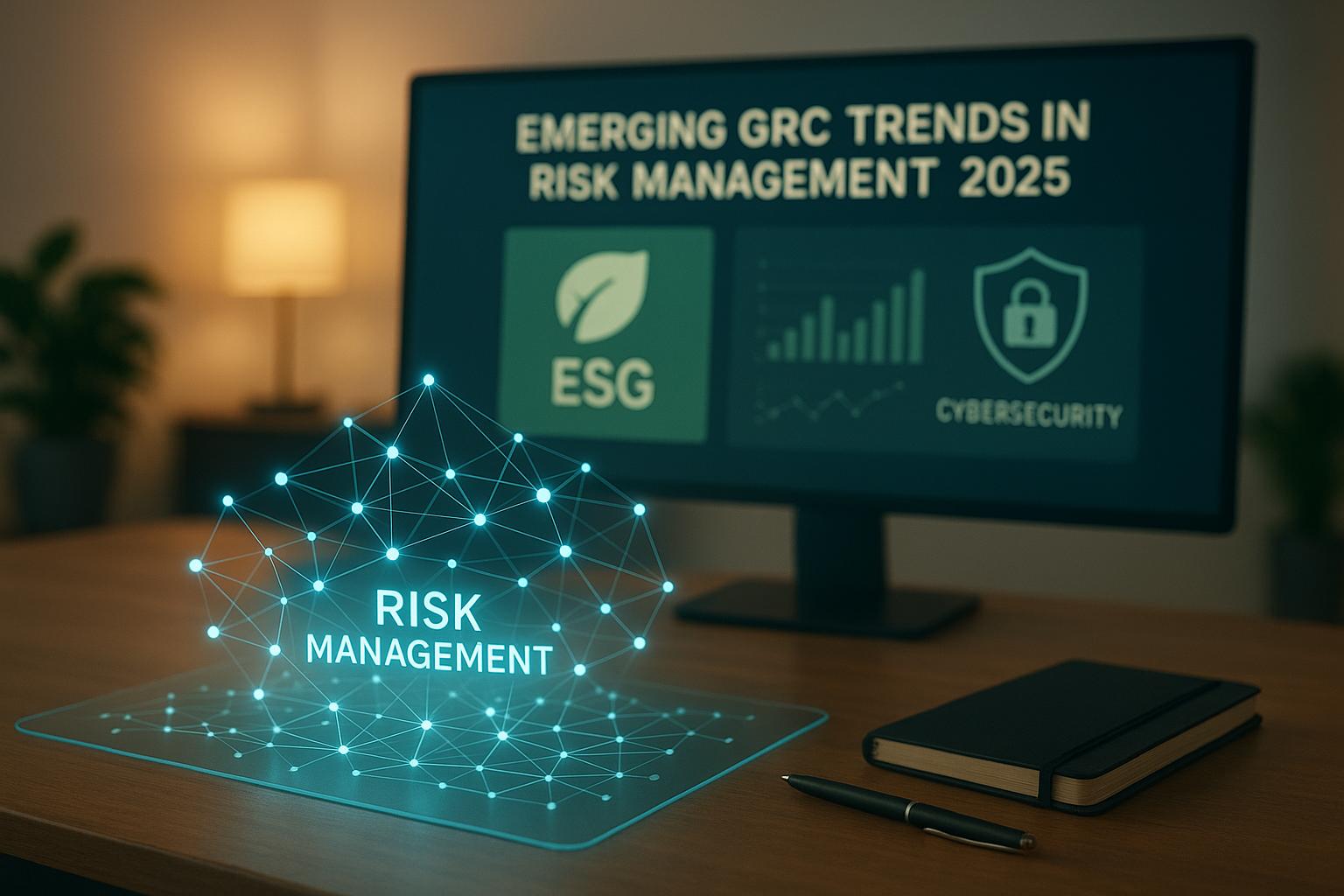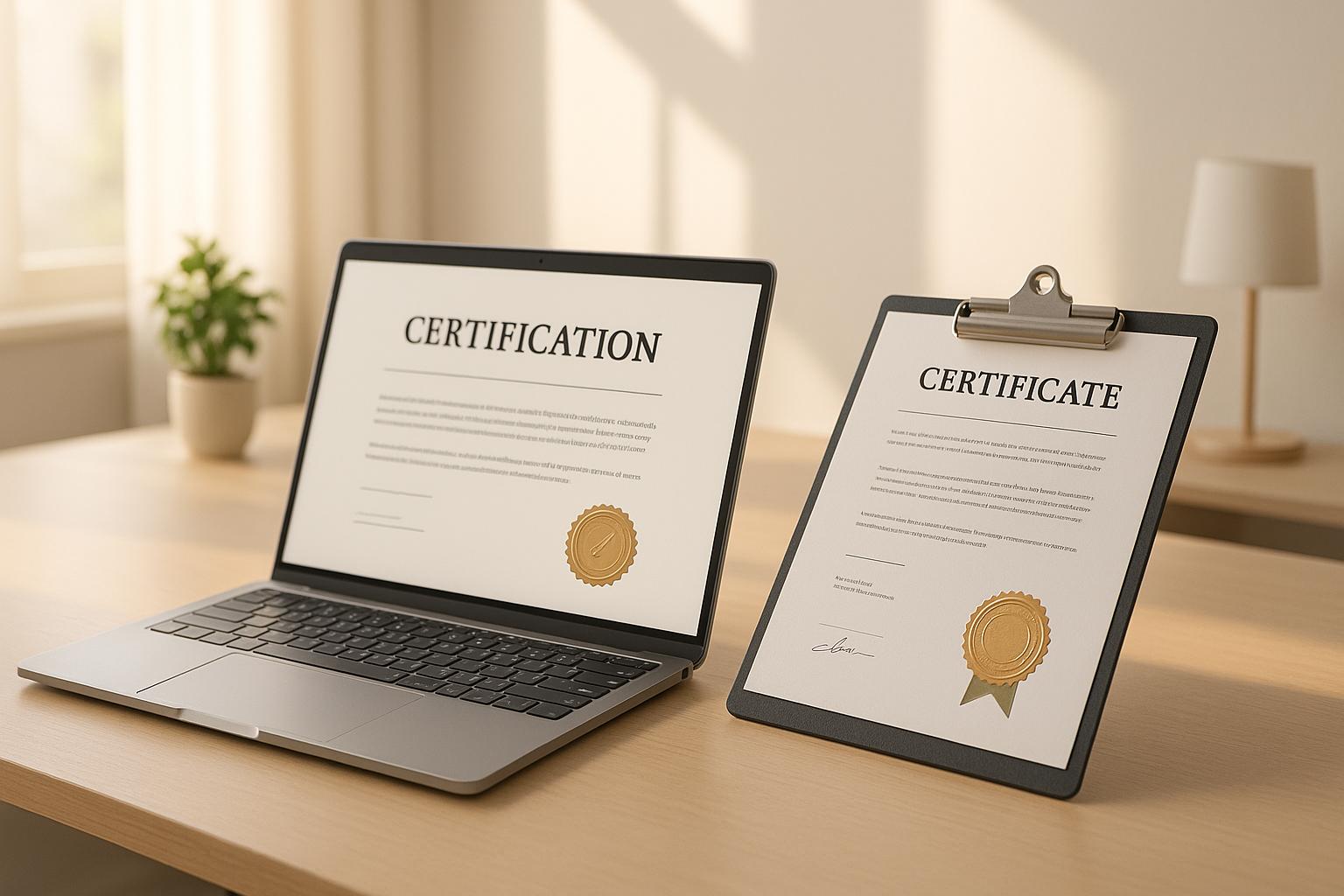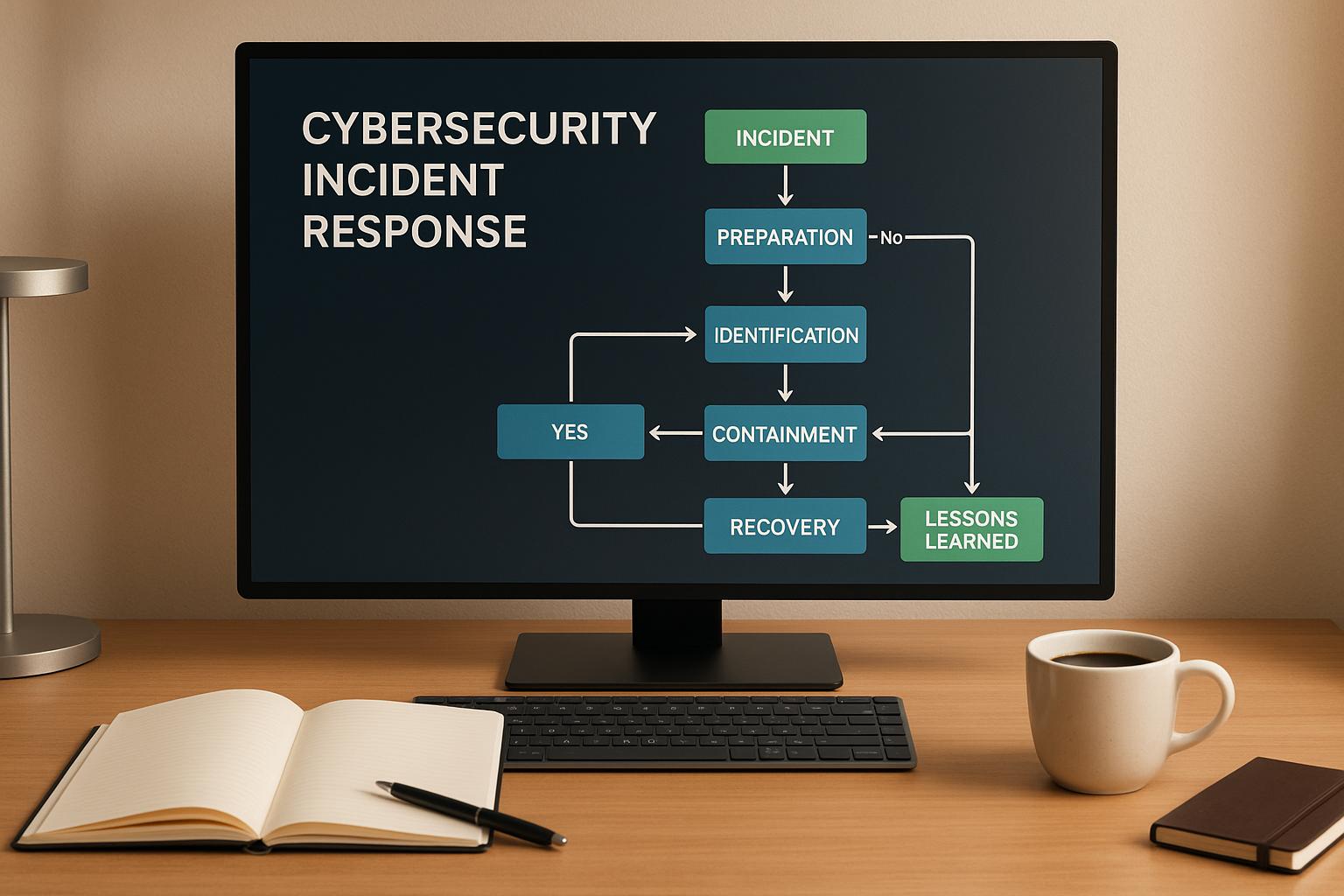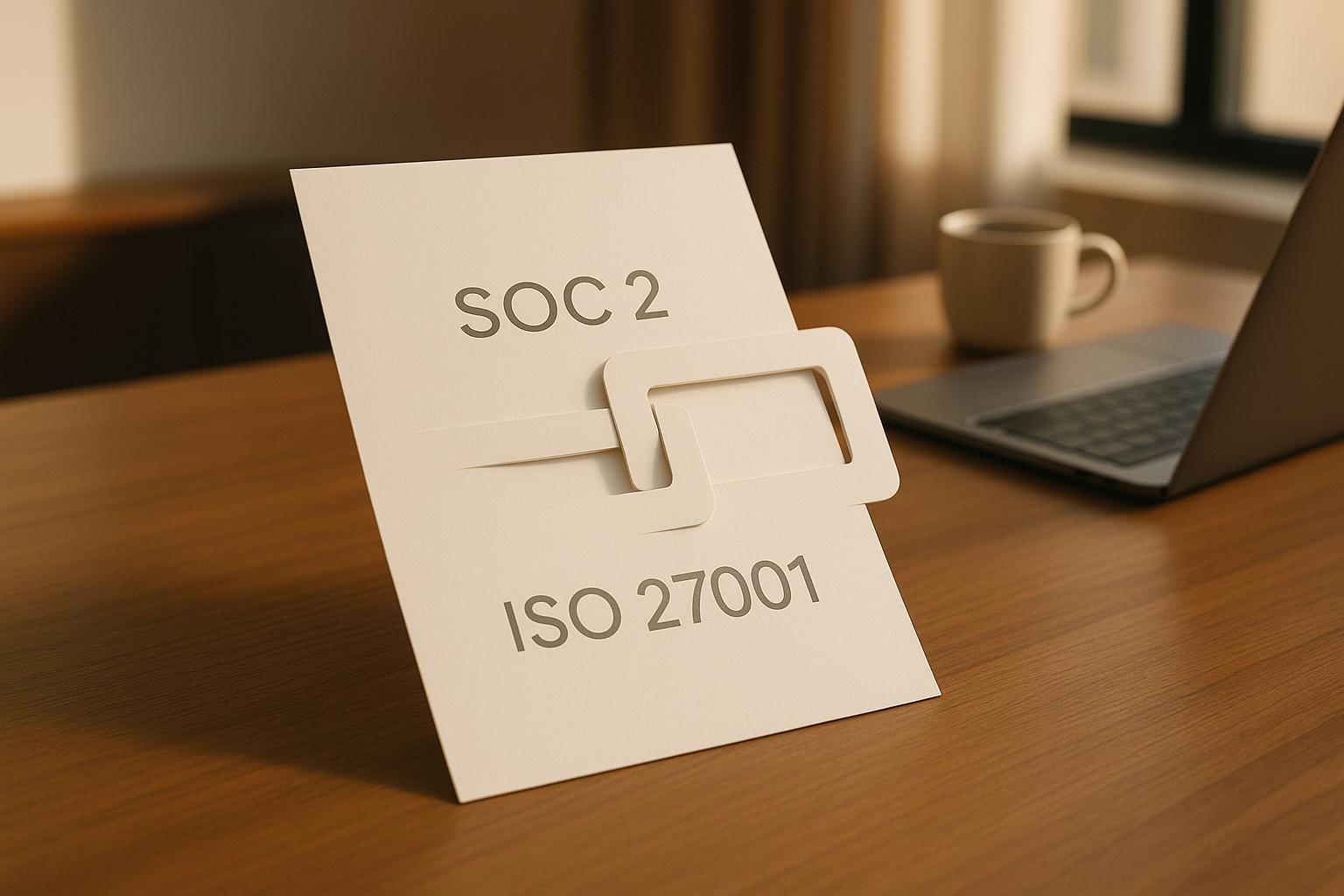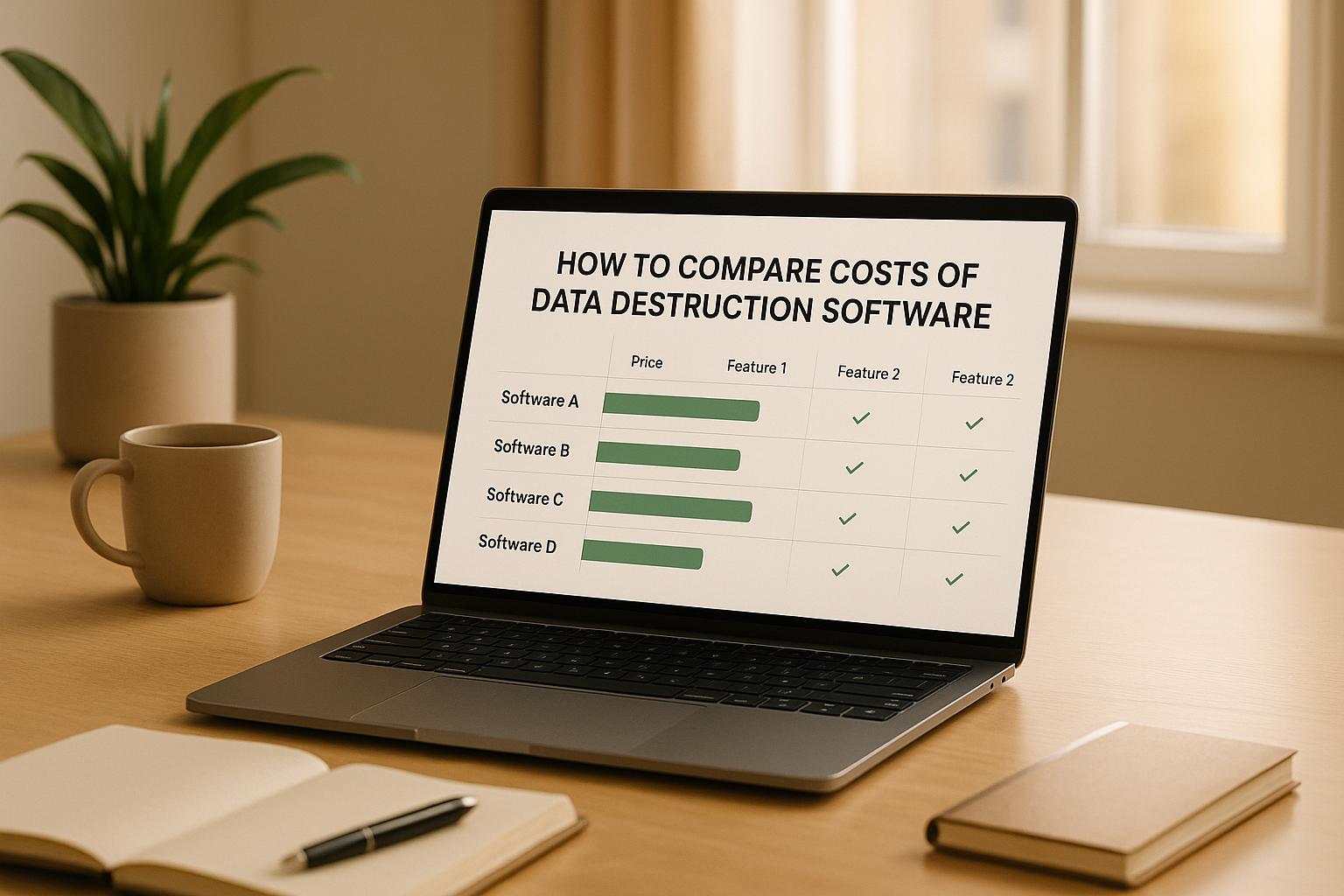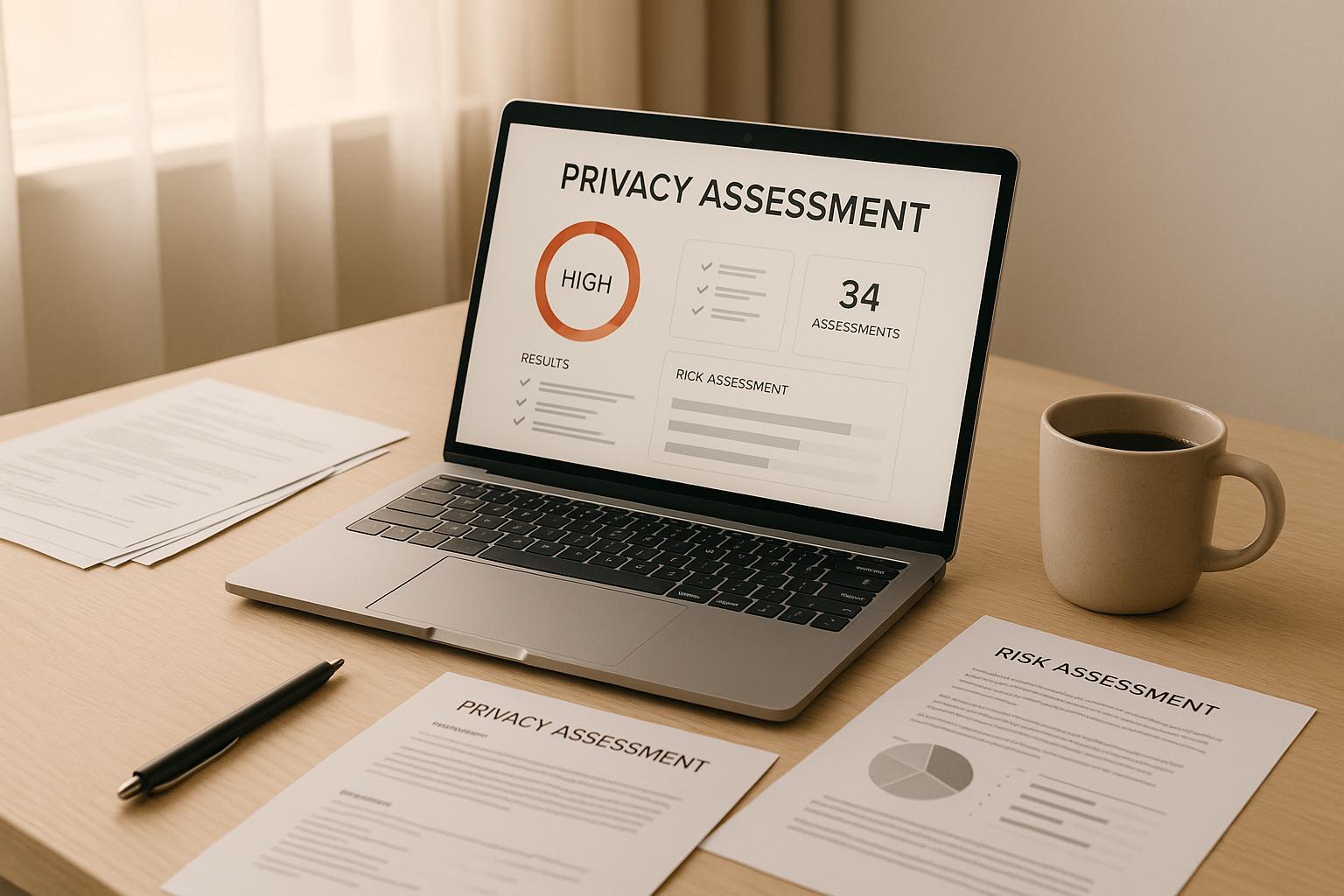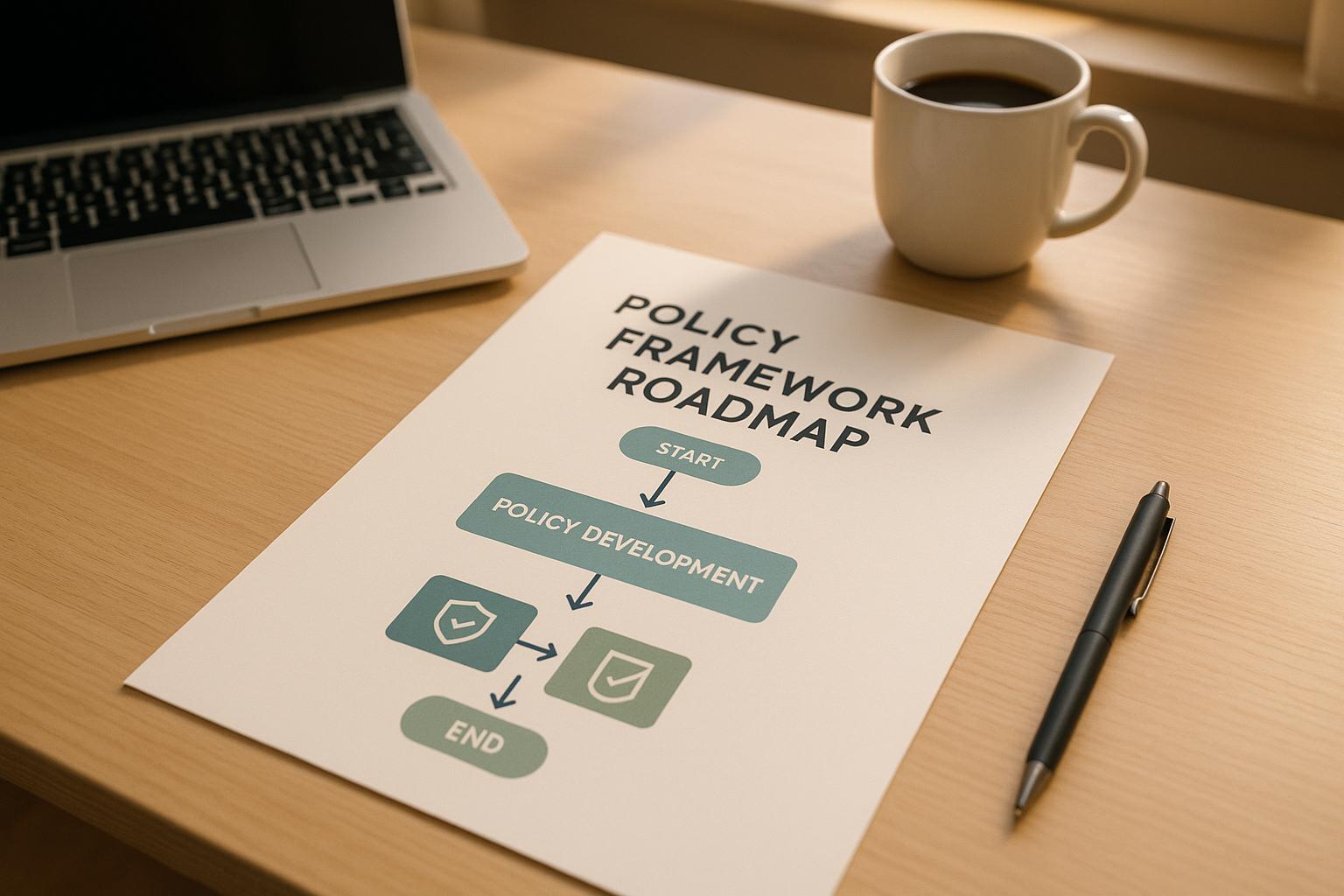
Drata's MCP Server is an AI-driven platform designed to simplify and automate security compliance. It centralizes tasks like evidence collection, risk management, and audit preparation for frameworks such as SOC 2, HIPAA, and ISO 27001. By using artificial intelligence, it reduces manual work, identifies compliance gaps early, and keeps organizations aligned with regulatory standards in real-time.
Key Features:
- Real-Time Monitoring: Automates evidence collection and flags compliance issues.
- Centralized Workflows: Combines all compliance data and tasks in one system.
- Third-Party Management: Simplifies vendor compliance tracking and renewals.
- Enhanced Security: Role-based access controls and encrypted data storage.
Drata's MCP Server, paired with Cycore’s outsourced GRC services, offers a complete compliance solution by combining automation with expert guidance. This approach helps businesses save time, reduce risks, and stay prepared for audits without the stress of manual processes.
Core Features of Drata MCP Server
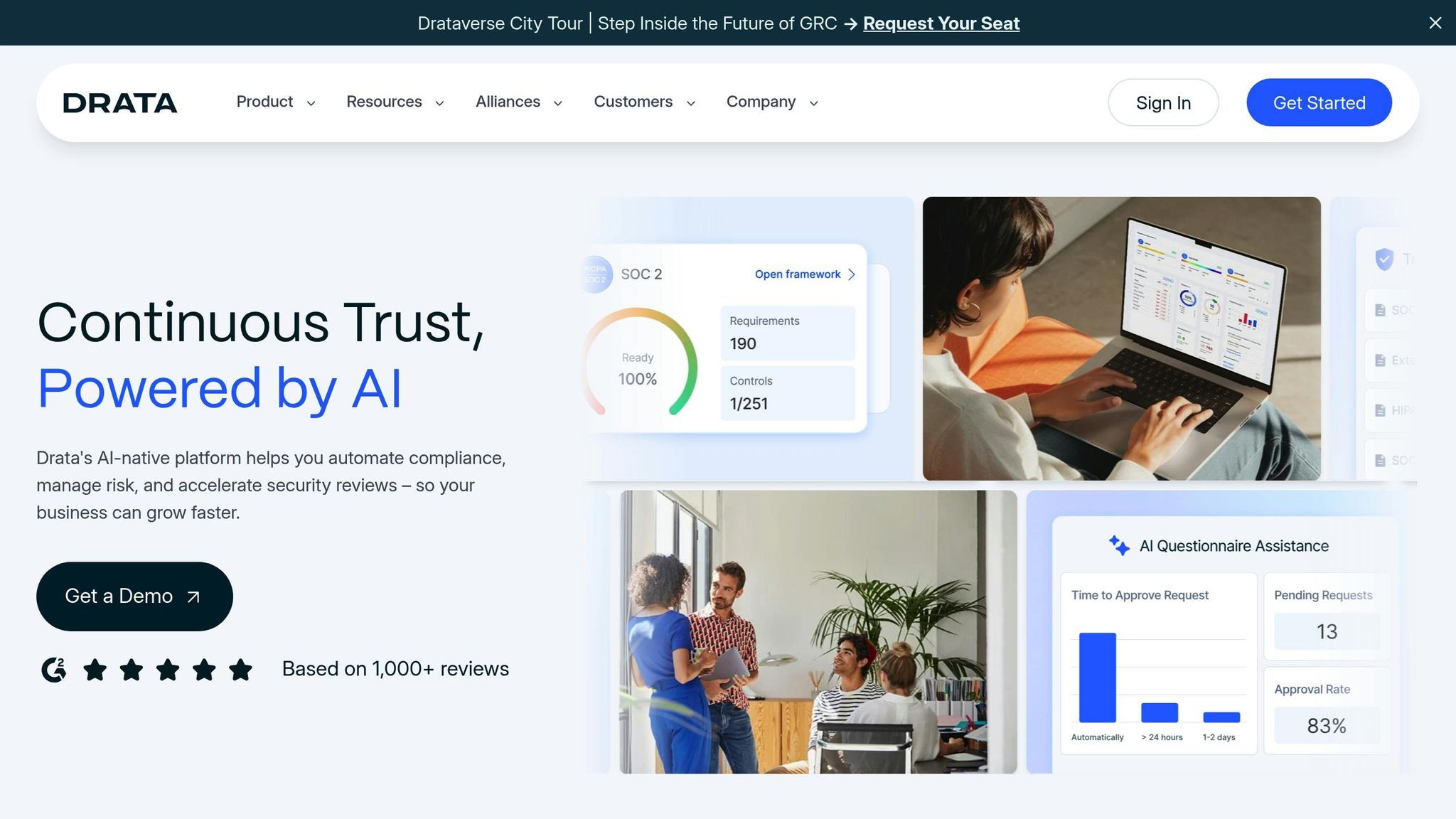
Drata's MCP Server brings together AI-powered tools to make compliance management easier and more efficient. Its standout features focus on automating compliance tasks, simplifying audit workflows, and safeguarding sensitive data.
Real-Time Compliance Monitoring and Automation
With AI at its core, the MCP Server handles repetitive tasks like gathering evidence, verifying controls, and flagging compliance gaps. This automation ensures organizations stay aligned with regulatory standards continuously. Plus, the real-time monitoring feeds directly into unified audit workflows, keeping everything up-to-date and streamlined.
Centralized Data and Audit Workflows
The MCP Server acts as a one-stop hub for your compliance needs. It organizes evidence, documentation, and audit trails in a single, centralized repository. This setup not only simplifies preparing audit packages but also ensures compliance reviews are current and efficient. Everything you need is in one place - no more scattered files or disjointed systems.
Security and Access Controls
Security is a top priority with the MCP Server. It offers customizable role-based access controls, so team members only see information relevant to their roles. Audit logs keep track of all user activities, adding an extra layer of accountability. On top of that, data is encrypted both during transmission and while stored, and secure integration methods protect sensitive information throughout the compliance process. These measures work together to keep your data safe and your compliance workflows secure.
Third-Party Compliance and GRC Workflow Management
Managing third-party relationships and governance, risk, and compliance (GRC) workflows can be a daunting task for U.S. organizations. Drata's MCP Server simplifies these challenges by automating and streamlining processes, reducing manual effort while ensuring compliance standards are met.
Expanding on its real-time compliance monitoring capabilities, the MCP Server now extends its functionality to address third-party management and GRC workflows.
Managing Vendor and Third-Party Compliance
Keeping track of vendor compliance can be overwhelming - think hundreds of certifications, security questionnaires, and compliance documents. The MCP Server automates this entire process, taking the burden off your compliance team.
For example, if a vendor’s SOC 2 report is about to expire, the system flags it and initiates the renewal process automatically. Real-time dashboards provide a clear view of vendor risk, helping compliance teams quickly identify and address potential issues. With automation, your team can shift focus to higher-level strategic decisions.
The platform also ensures consistency across vendor assessments. Whether you're evaluating a cloud storage provider or a payment processor, the MCP Server applies the same criteria and documentation requirements. This standardization eliminates confusion and ensures a uniform evaluation process across departments.
Automated GRC Workflows
Traditional GRC workflows often rely on spreadsheets, endless email threads, and manual updates - hardly an efficient system. The MCP Server replaces this with automation that keeps tasks on track and teams accountable.
The system assigns tasks based on roles and deadlines, logging every action with timestamps and user details. If a deadline is missed, the system escalates the issue automatically and suggests additional resources. This approach not only creates detailed audit trails for smoother reviews but also keeps compliance efforts running efficiently.
Beyond task management, the platform continuously monitors your risk landscape. Instead of static, once-a-year risk assessments, the MCP Server dynamically updates risk scores based on new threats, changes to controls, or business developments. This proactive approach helps organizations address compliance issues before they escalate into audit findings.
For added functionality, the MCP Server integrates seamlessly with Cycore’s specialized GRC services.
Working with Cycore's Outsourced GRC Services
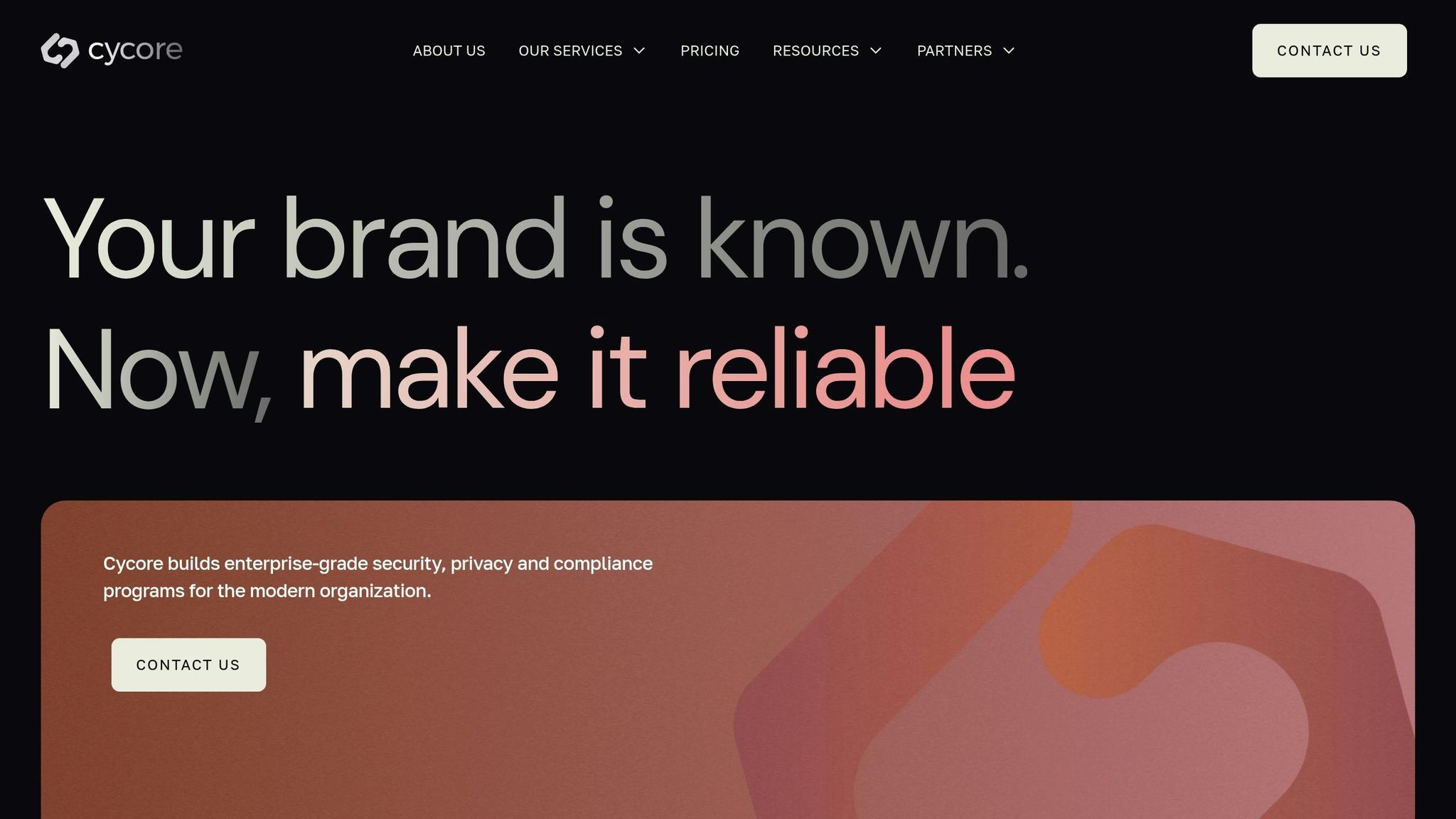
By integrating with Cycore’s outsourced GRC services, the MCP Server combines automation with expert strategic guidance. While the platform handles data management and workflow automation, Cycore provides the human expertise needed for complex compliance decisions.
Cycore’s Virtual CISO (vCISO) services leverage the MCP Server’s real-time compliance data to offer executive-level security leadership. These professionals guide decisions on security investments, risk management, and compliance priorities, giving smaller organizations access to high-level expertise without the need for full-time hires.
For businesses managing personal data, Cycore’s Virtual Data Protection Officer (vDPO) services complement the MCP Server’s privacy compliance tools. Using the platform’s automated data mapping and consent tracking, the vDPO team ensures ongoing compliance with privacy regulations like GDPR while advising on complex privacy challenges.
Cycore also offers GRC Tool Administration services, which are particularly valuable during the MCP Server’s implementation and ongoing use. Their team handles technical setup, customization, and optimization, allowing your internal team to focus on core business operations. They also provide training and support to ensure your team fully utilizes the platform’s advanced features.
This partnership model is especially effective for mid-sized organizations. The MCP Server delivers powerful automation and data management, while Cycore provides the strategic expertise and hands-on support needed to maintain a strong compliance program. Together, they make it easier to navigate the complexities of modern GRC requirements.
Use Cases and Benefits of Drata MCP Server
Drata's MCP Server takes compliance management to the next level by combining streamlined data handling with AI-driven automation. It’s designed to help U.S. businesses meet compliance requirements across various frameworks while saving time and resources.
SOC2, HIPAA, and ISO 27001 Compliance Examples
SOC2 compliance involves constant monitoring of security controls across multiple systems. The MCP Server automates this process by collecting evidence for all five trust service criteria: security, availability, processing integrity, confidentiality, and privacy. For instance, it generates user access reports, flags unusual activity, and logs corrective actions - eliminating the scramble to gather evidence during audits.
HIPAA compliance often challenges healthcare organizations managing protected health information (PHI). The MCP Server simplifies this by automating risk assessments and breach detection. If an employee accesses PHI outside their normal scope, the system flags it and logs the incident automatically. It also tracks business associate agreements (BAAs), ensuring renewals are managed efficiently - an essential feature for healthcare providers working with numerous vendors.
ISO 27001 compliance requires robust information security management systems (ISMS) with detailed documentation and regular updates. The MCP Server makes this easier by automating policy updates and maintaining version control. It consolidates data from scans, incident reports, and control metrics, offering a comprehensive risk overview without the need for manual input.
Business Benefits for U.S. Enterprises
Drata's MCP Server significantly reduces the manual workload involved in compliance, allowing teams to focus on higher-value tasks. Audit preparation becomes faster and less stressful, as evidence is continuously collected and organized, cutting down on internal labor and external audit costs.
Real-time monitoring enhances risk detection, enabling businesses to address issues immediately and avoid potential regulatory violations. Vendor management also becomes more efficient, with automated tracking of compliance documents and renewals, improving third-party oversight.
The system’s scalability is a major advantage. As businesses expand - adding new systems, locations, or compliance requirements - the MCP Server adjusts seamlessly without requiring a proportional increase in compliance staff. When paired with Cycore’s outsourced GRC services, businesses gain the added benefit of expert guidance alongside automation, creating a powerful compliance solution.
Feature and Benefit Comparison Table
| Compliance Framework | Automation Level | Key Benefits | Audit Support | Cycore Integration |
|---|---|---|---|---|
| SOC2 | High – Continuous evidence collection | Faster audit prep | Real-time control monitoring | vCISO guidance for controls |
| HIPAA | Medium – Automated risk and breach detection | Improved risk and breach management | Automated BAA tracking | vDPO support for privacy measures |
| ISO 27001 | High – ISMS documentation automation | Easier annual reviews | Version-controlled policies | Full GRC tool management |
| Multi-Framework | Very High – Unified compliance view | Streamlined compliance management | Cross-framework evidence integration | Strategic compliance planning |
This table highlights how the MCP Server adapts to various compliance needs while delivering consistent value. Its integration with Cycore ensures businesses benefit not only from automation but also from expert advice, offering a scalable and comprehensive compliance solution tailored to evolving demands.
sbb-itb-ec1727d
Implementation Steps and Best Practices
Setting Up Drata MCP Server in U.S. Organizations
Deploying Drata's MCP Server requires a well-structured approach. Start by connecting your existing systems and identifying compliance requirements tailored to your industry and regulations.
Phase 1: Assessment and Planning
Begin by mapping out your compliance environment. Identify systems that handle sensitive data, review existing controls, and determine which frameworks apply to your organization. This groundwork helps you prioritize critical integrations and compliance needs.
Phase 2: System Integration
Next, link the MCP Server to your current infrastructure. Focus on integrating essential systems like identity management platforms, cloud services, and security tools. Use secure API connections to ensure seamless communication between platforms. Collaborate with your IT team to manage credentials and permissions while safeguarding your security policies.
Phase 3: Configuration and Customization
Fine-tune the server to match your compliance frameworks. For example:
- SOC 2: Set up user access monitoring and system availability checks.
- HIPAA: Configure PHI access controls and breach detection parameters.
- ISO 27001: Establish asset inventories and risk assessments.
Feed historical compliance data into the system to create baseline behaviors. Depending on data complexity, this process can take 2-4 weeks. Once configured, the system is ready for continuous automated compliance management.
Best Practices for Compliance Automation
To get the most out of your automation, follow these best practices.
- Maintain human oversight: Assign team members to review flagged issues and validate automated responses. This ensures critical decisions are backed by human judgment, reducing over-reliance on AI.
- Set clear escalation procedures: Configure the system to notify stakeholders based on the severity of compliance issues. For instance, minor policy violations might only alert managers, while potential breaches should trigger immediate action from security teams and leadership.
- Calibrate regularly: Review automated decisions monthly to fine-tune parameters and minimize false positives or missed issues. Documenting and addressing errors will improve future performance.
- Align with privacy standards: Ensure data privacy and access protocols meet established guidelines throughout implementation.
Partnering with Cycore's GRC services can further enhance your MCP Server setup. Their vCISO services provide strategic oversight for security controls, while their vDPO services ensure compliance with data protection regulations. Additionally, Cycore's GRC Tool Administration service manages the technical aspects of the MCP Server, freeing your internal team to focus on core business operations.
Documentation standards are another critical element. Create templates for incident responses, policy updates, and audit preparations. While the MCP Server generates significant documentation automatically, standardized formats make audits and regulatory reviews more efficient.
Future Updates and Industry Trends
Looking ahead, staying informed about updates and trends will help you maximize the MCP Server's potential.
Drata frequently enhances the MCP Server to meet evolving compliance needs. Recent updates include improved cloud security integrations and advanced anomaly detection algorithms.
Upcoming features to watch for include:
- Enhanced permission controls: These will allow organizations to create custom roles and permissions tailored to their structure, addressing the complexity of modern operations.
- Advanced audit logging: Detailed logs will track system activities, including AI decision-making processes, aiding regulatory reviews and forensic investigations.
- Improved machine learning: By training AI on larger datasets, detection accuracy will improve, reducing false positives and better identifying compliance risks.
As remote work becomes more common, traditional security measures are becoming less effective. Automated tools like the MCP Server, with its cloud-native design, are well-suited to address these challenges.
Drata is also prioritizing integration with technologies like zero-trust security frameworks and advanced threat detection systems. These additions will strengthen security while maintaining the benefits of compliance automation.
For organizations planning long-term compliance strategies, staying updated on these developments ensures you’re prepared for growth. The MCP Server’s scalability makes it a reliable choice, but staying ahead of features and trends will help you maximize your investment.
Conclusion
Drata's MCP Server is setting a new standard for security compliance among U.S. enterprises. With its centralized workflows and advanced data protection, combined with AI-driven features, it simplifies the intricate compliance processes required for frameworks like SOC 2, HIPAA, and ISO 27001.
As businesses adapt to the challenges of remote work and shifting regulatory demands, the MCP Server's cloud-native design and scalable architecture provide the flexibility needed to maintain high security standards without compromising efficiency.
Achieving compliance isn't just about automation - it also requires expert oversight. This is where Cycore's GRC Tool Administration services come into play, offering seamless management of compliance tools:
"Our GRC (Governance, Risk, and Compliance) Tool Admin Services take the hassle out of managing complex compliance tools. We handle everything from setup and configuration to ongoing maintenance and updates. This service allows you to focus on your core business activities while ensuring that your compliance tools are operating efficiently and effectively, reducing your operational overhead."
By integrating cutting-edge technology with expert support, the MCP Server delivers a comprehensive compliance solution. This approach not only accelerates deal closures but also supports sustained growth while ensuring strict adherence to regulatory requirements.
Looking ahead, the MCP Server is equipped to evolve alongside the compliance landscape, with potential advancements in AI, deeper integration capabilities, and more refined threat detection. Businesses that adopt robust automation tools now, supported by expert services, will be better prepared to tackle future regulatory changes and scale their operations.
For U.S. organizations facing the complexities of modern compliance, Drata's MCP Server, paired with professional support, offers a reliable and scalable solution to meet their needs effectively.
FAQs
How does Drata's MCP Server use AI to simplify compliance with frameworks like SOC 2, HIPAA, and ISO 27001?
Drata's MCP Server uses AI-driven automation to simplify compliance management for frameworks like SOC 2, HIPAA, and ISO 27001. By tapping into real-time data monitoring and continuous risk assessments, it takes the hassle out of staying compliant, eliminating much of the manual work.
Here’s how it helps:
- Streamlined workflows: Repetitive compliance tasks are automated, cutting down on time and reducing the chance of mistakes.
- Greater accuracy: AI constantly monitors and analyzes data to spot any compliance gaps.
- Quick responsiveness: Real-time insights into compliance status make it easier to tackle issues as they arise.
This smart, automated approach makes governance, risk, and compliance (GRC) processes much more manageable, freeing teams to focus on bigger goals while ensuring trust and meeting regulations.
How does integrating Drata's MCP Server with Cycore’s GRC services improve a business's compliance strategy?
Integrating Drata's AI-powered MCP Server with Cycore’s outsourced GRC services takes the hassle out of managing compliance for frameworks like SOC 2, HIPAA, and ISO 27001. This partnership streamlines regulatory processes, offering real-time monitoring, minimizing human error, and ensuring smooth governance, risk, and compliance (GRC) workflows.
With advanced automation and AI tools, businesses can handle even the most complex compliance demands, enhance oversight of third-party vendors, and stay focused on growth - all while remaining audit-ready.
How does the MCP Server improve third-party vendor compliance management for organizations handling multiple vendor relationships?
The MCP Server simplifies the process of managing third-party vendor compliance by leveraging AI-powered automation. It conducts thorough risk assessments and offers real-time compliance tracking, quickly spotting potential problems and generating detailed reports on risks and controls. This proactive approach helps organizations address compliance challenges more effectively.
By automating evidence collection and streamlining audit workflows, the MCP Server cuts down on manual tasks, speeds up response times, and enhances oversight. This makes it easier for organizations to handle multiple vendor relationships while maintaining robust governance, risk, and compliance practices.





